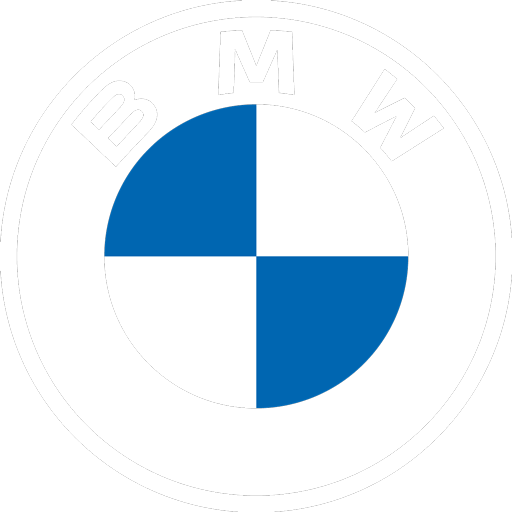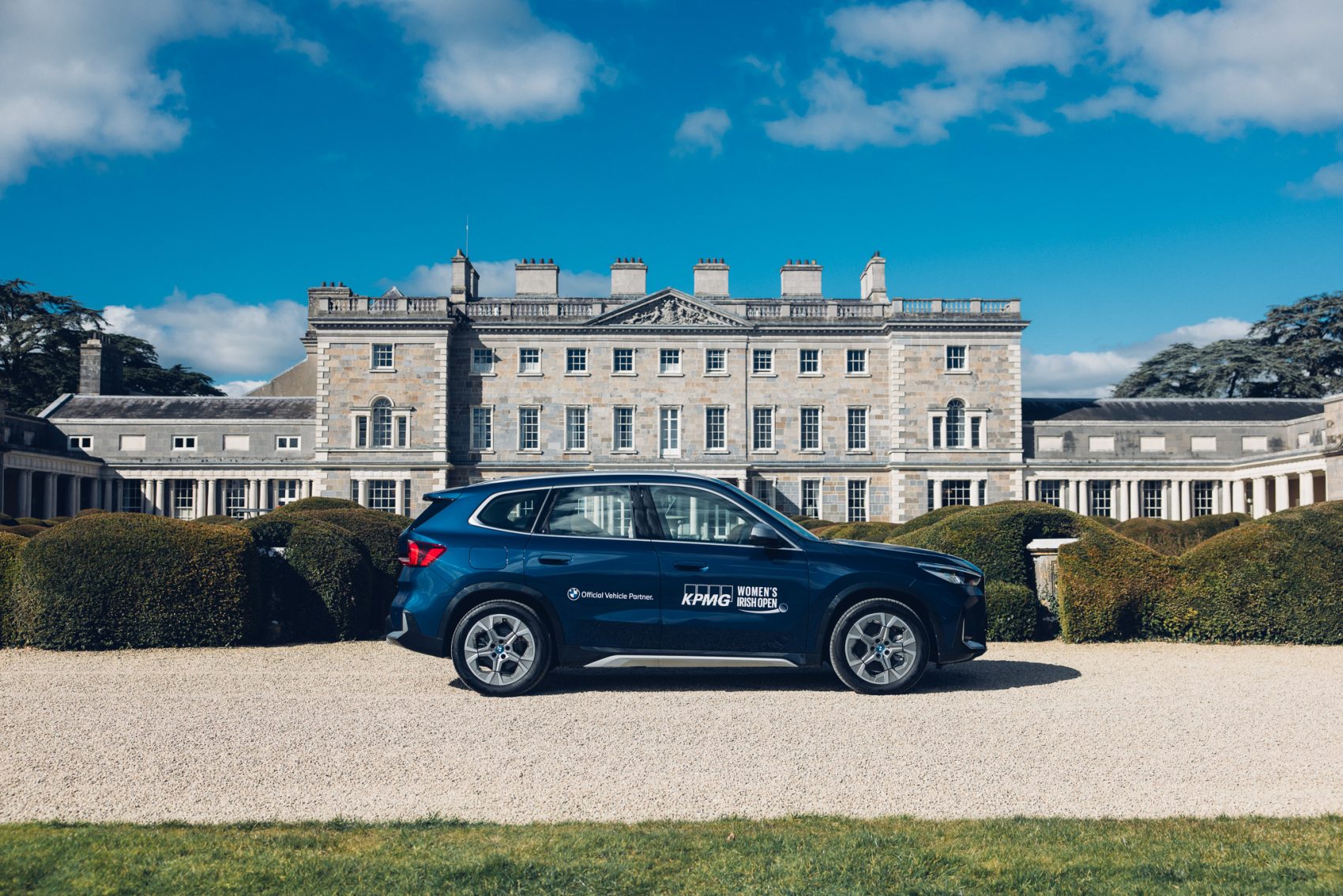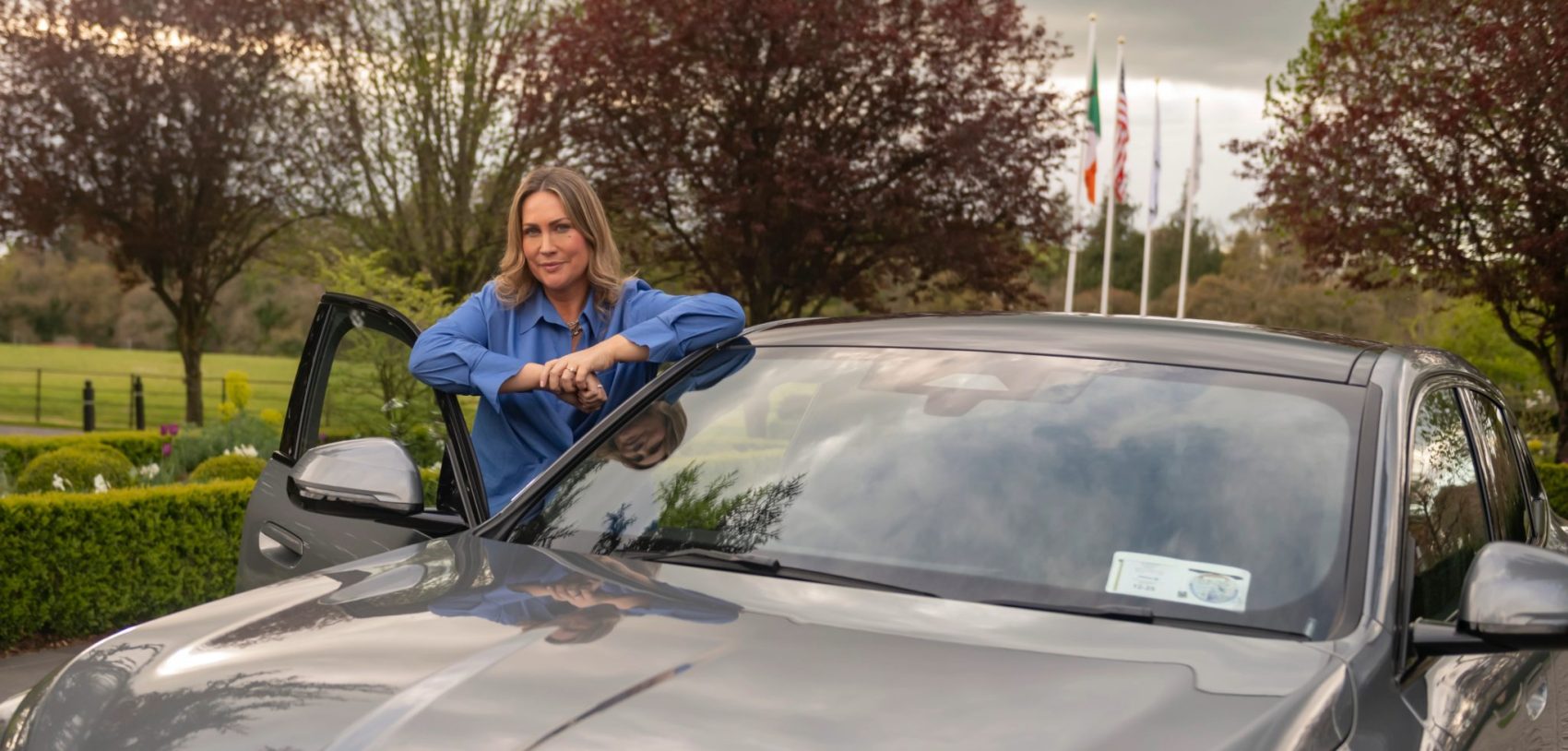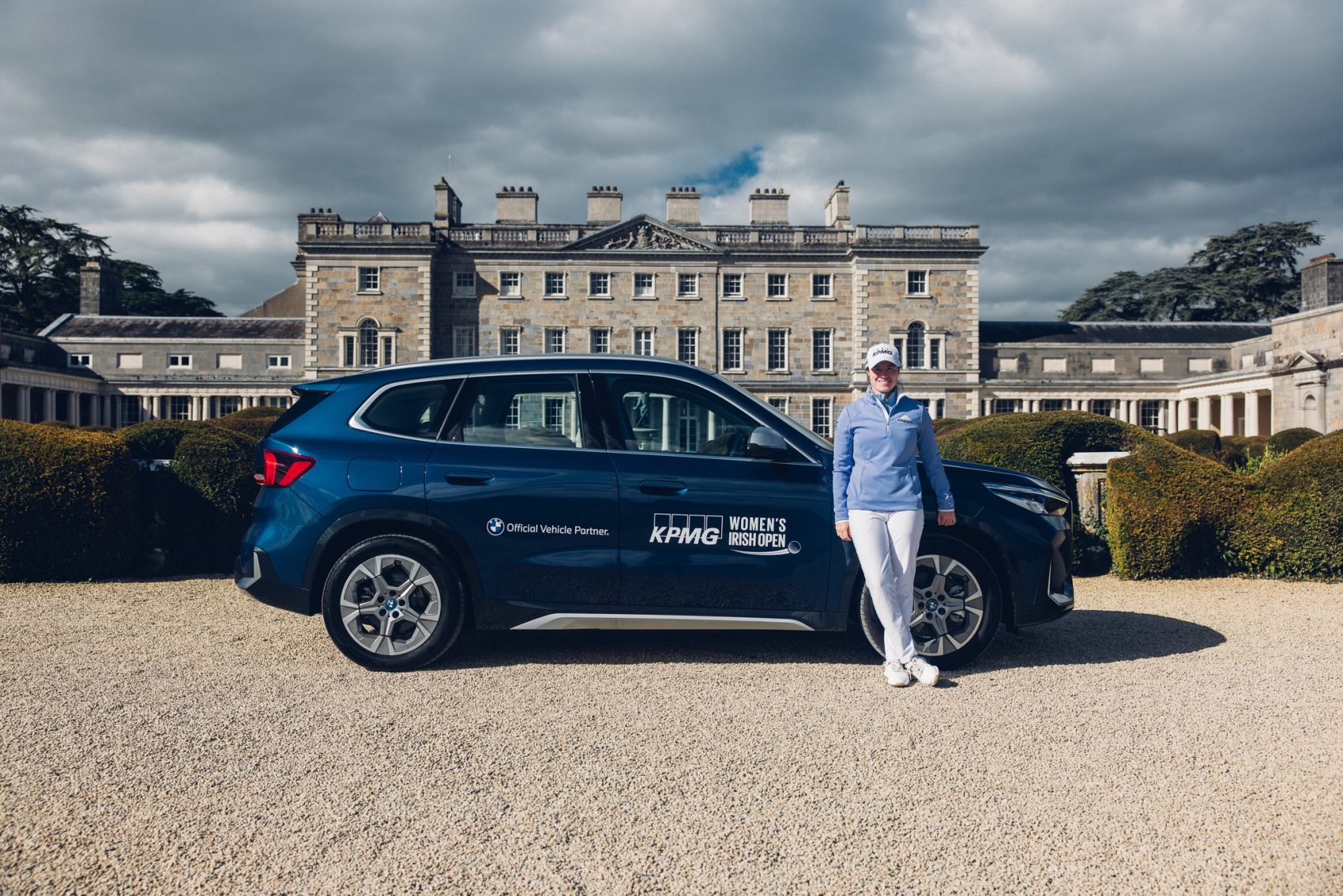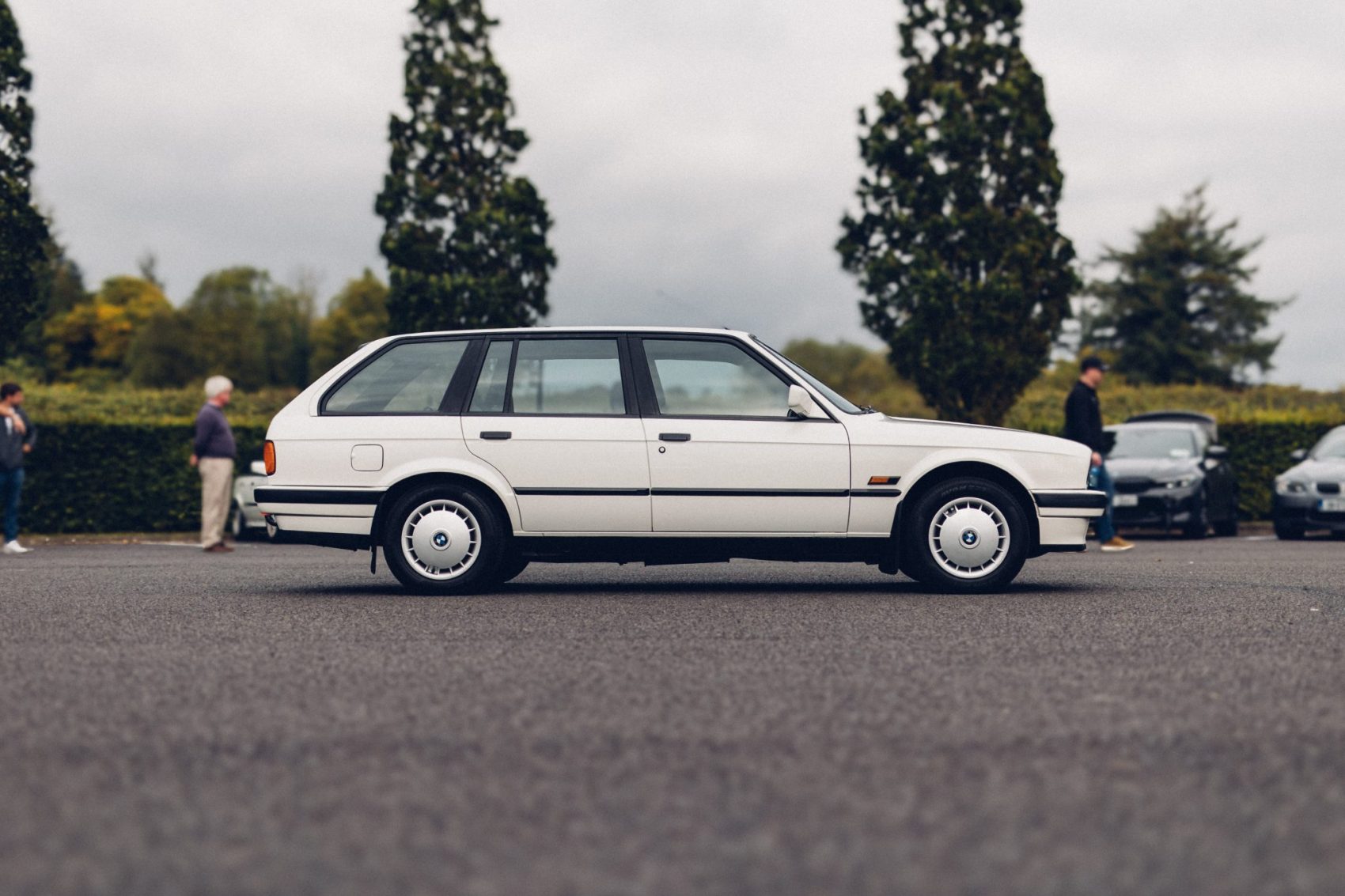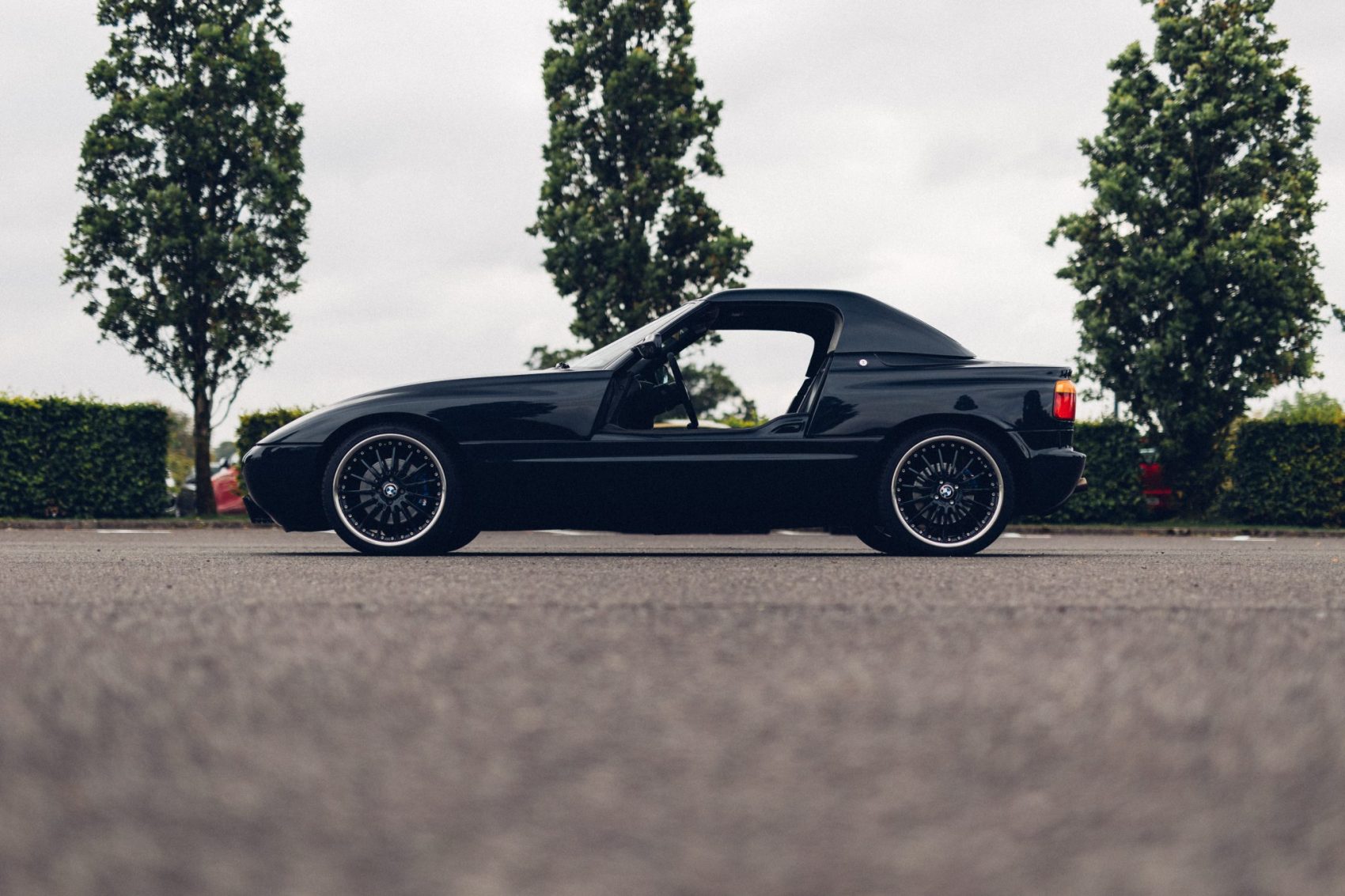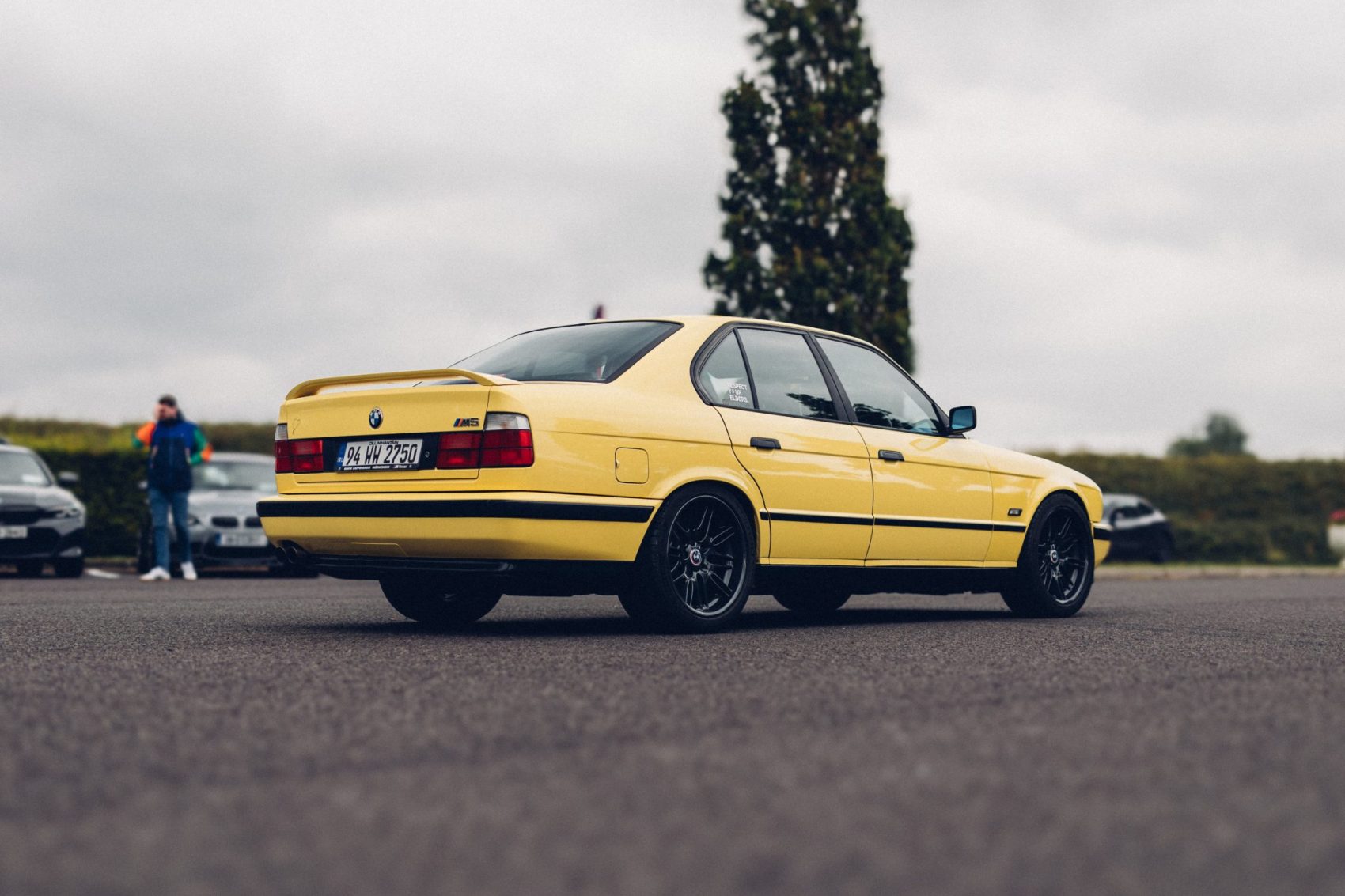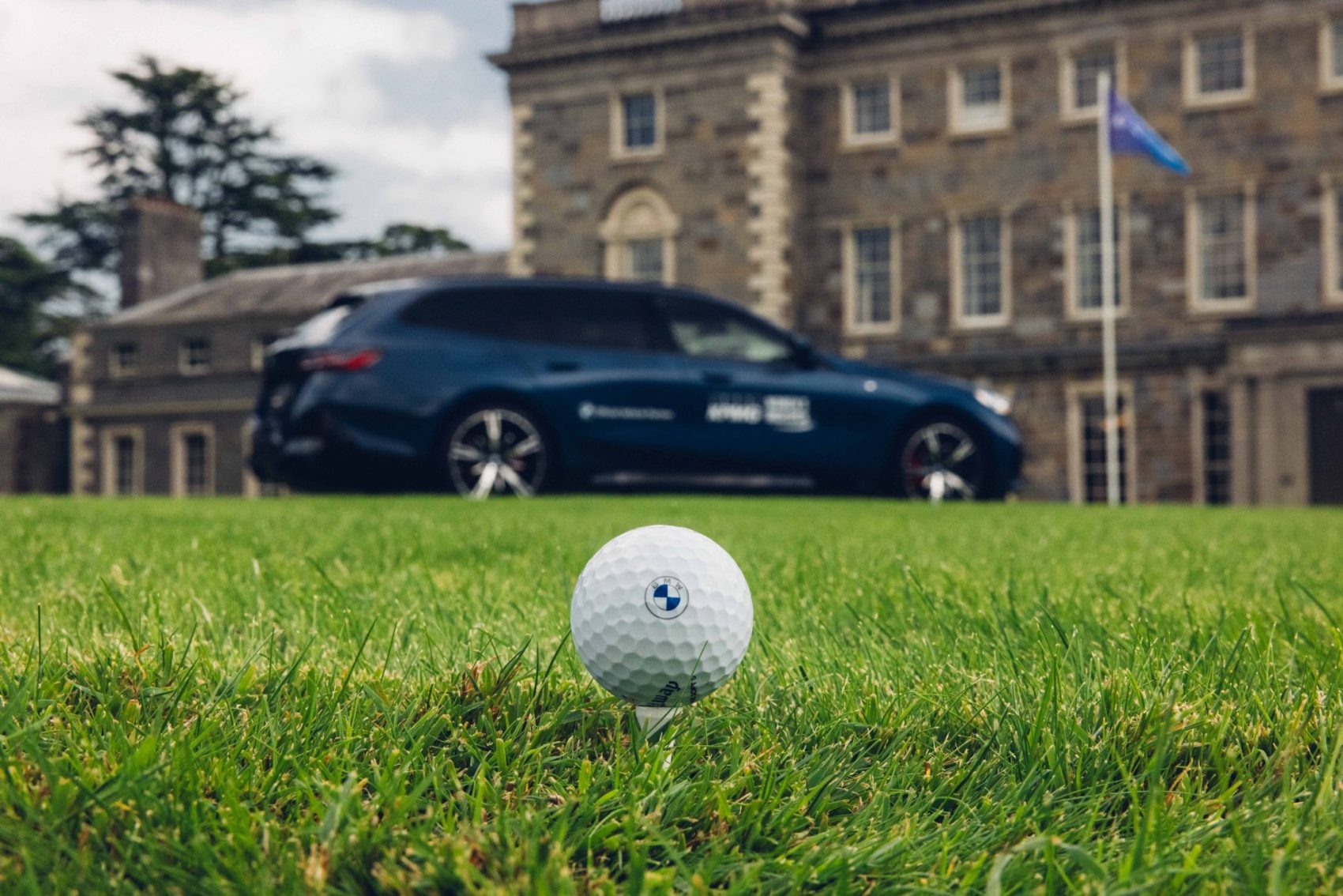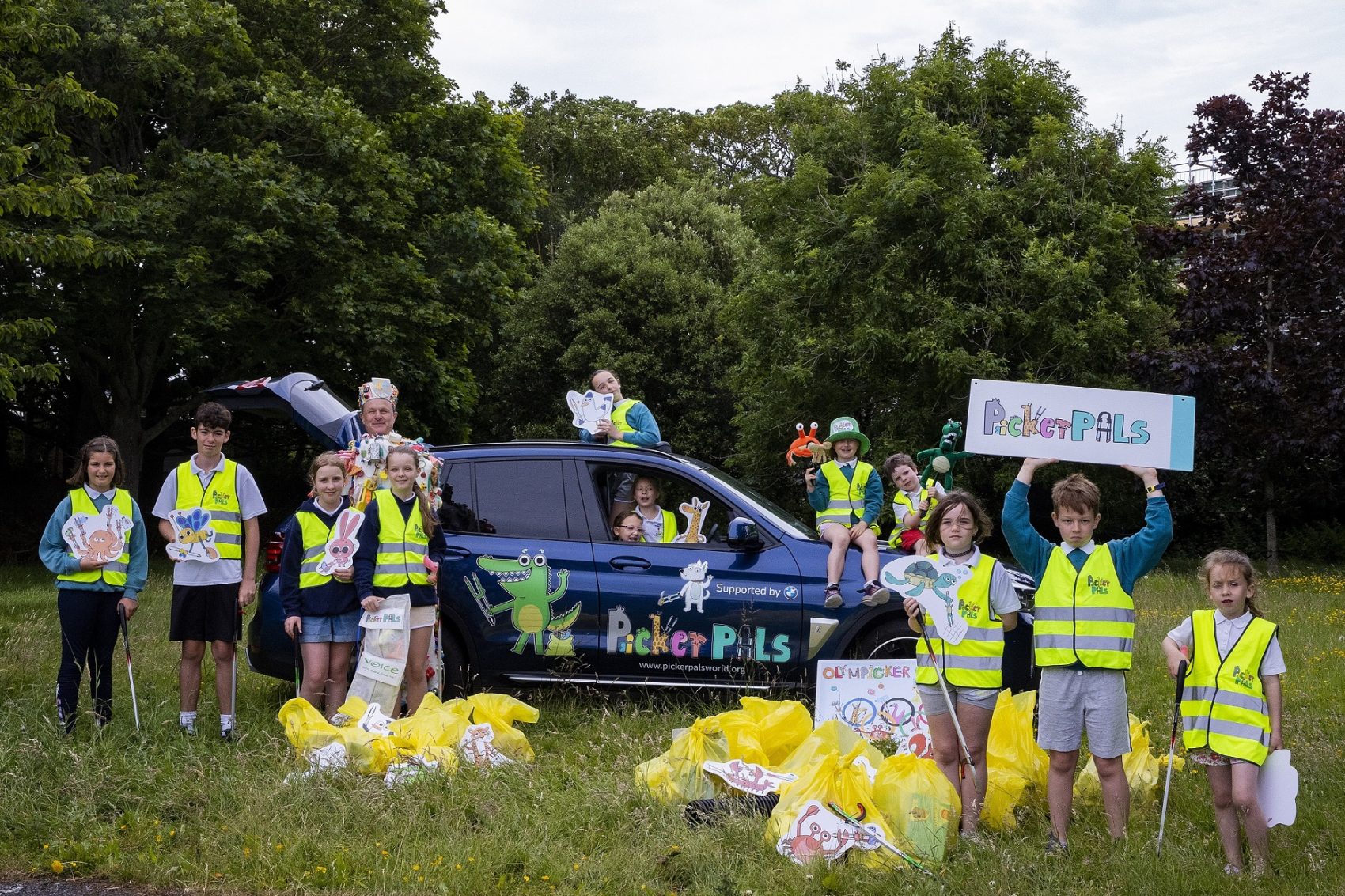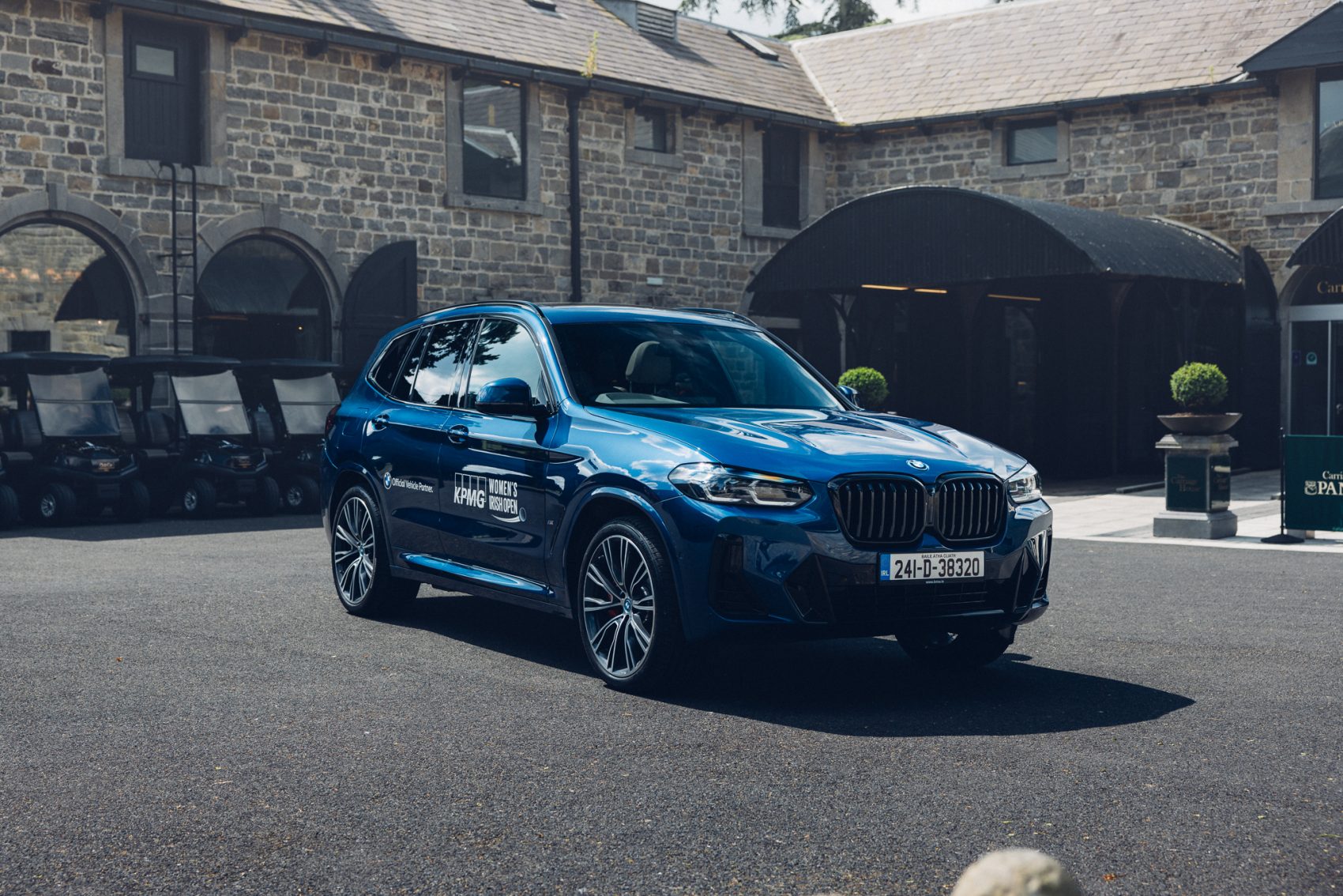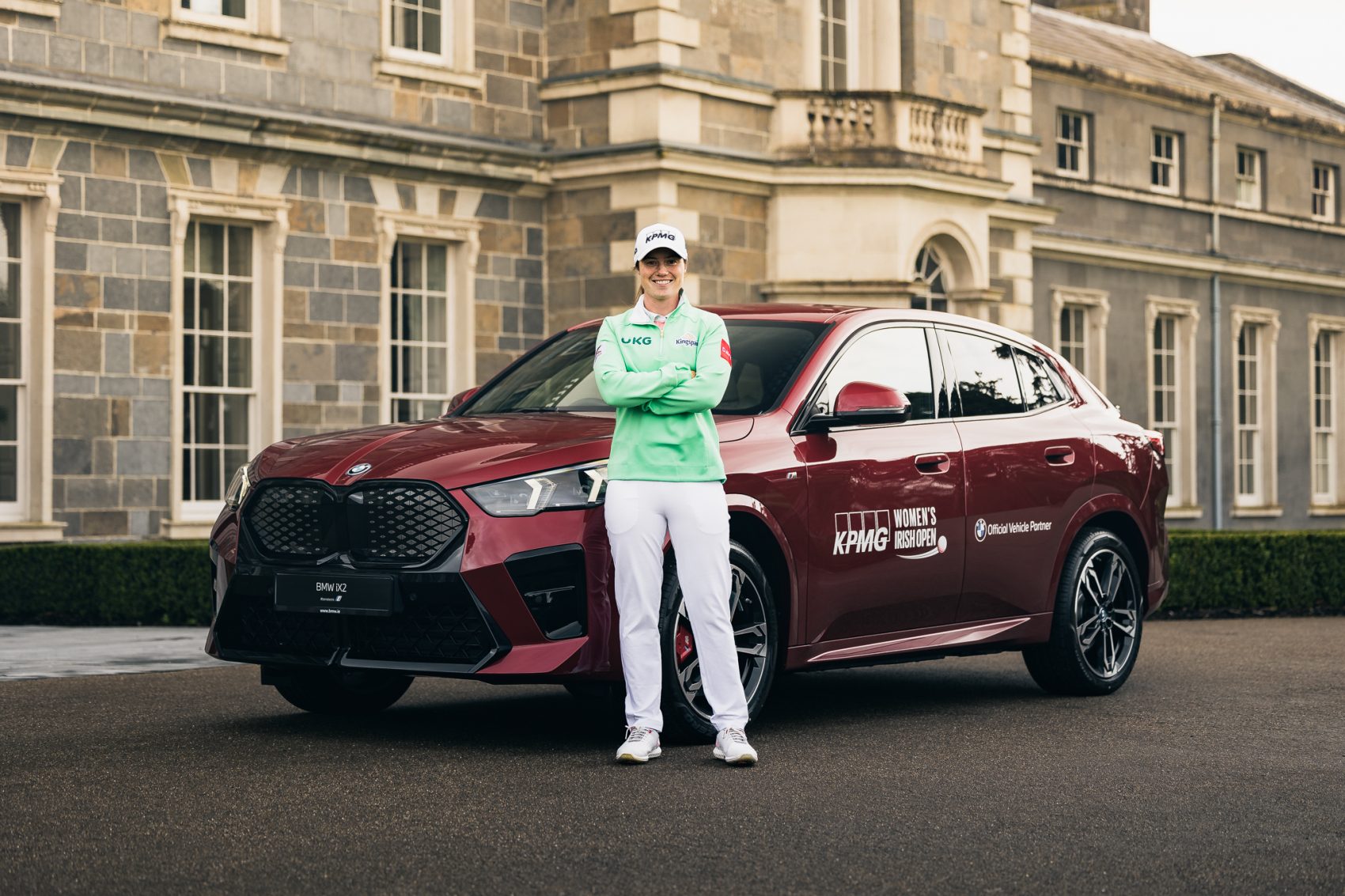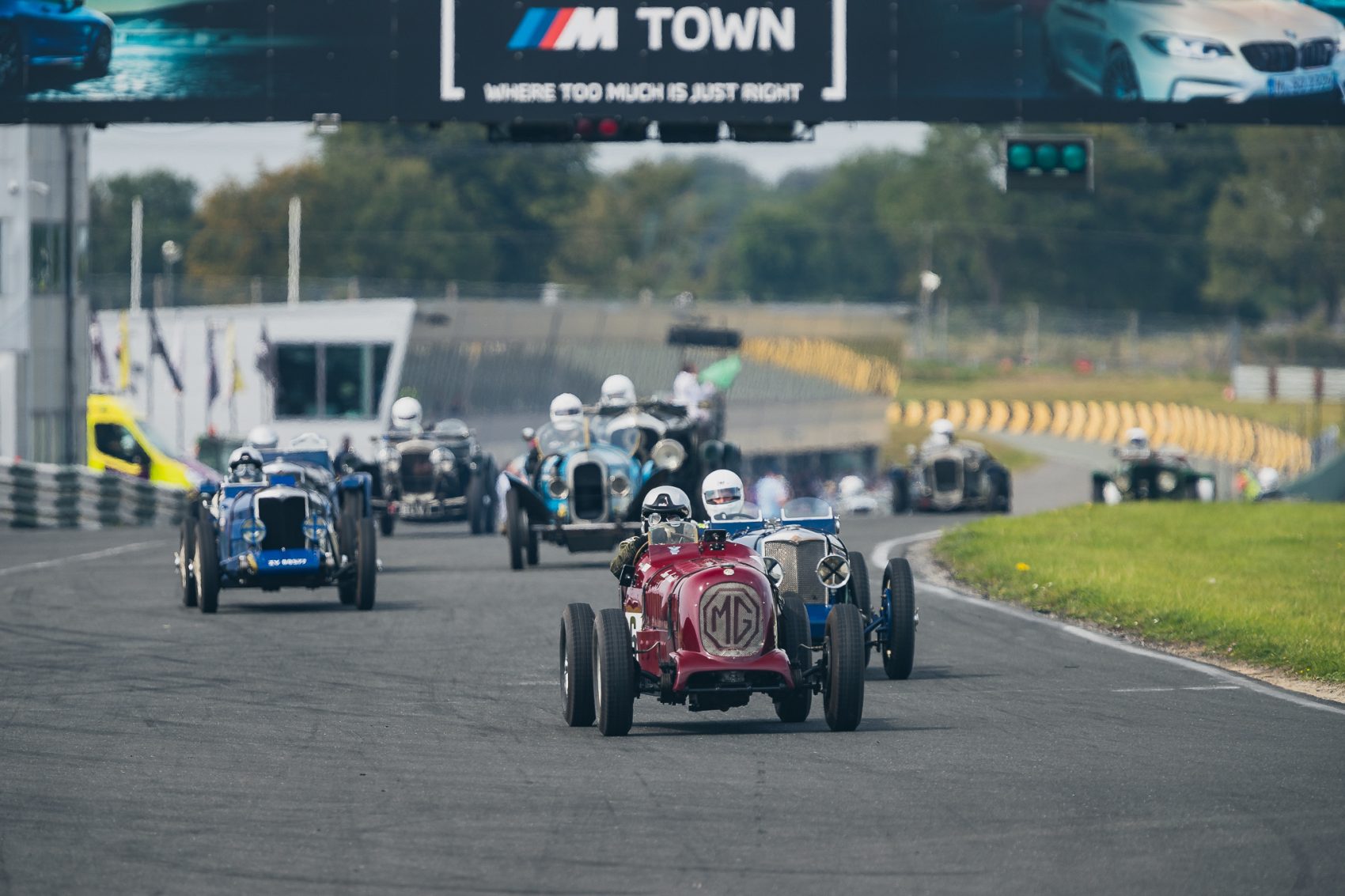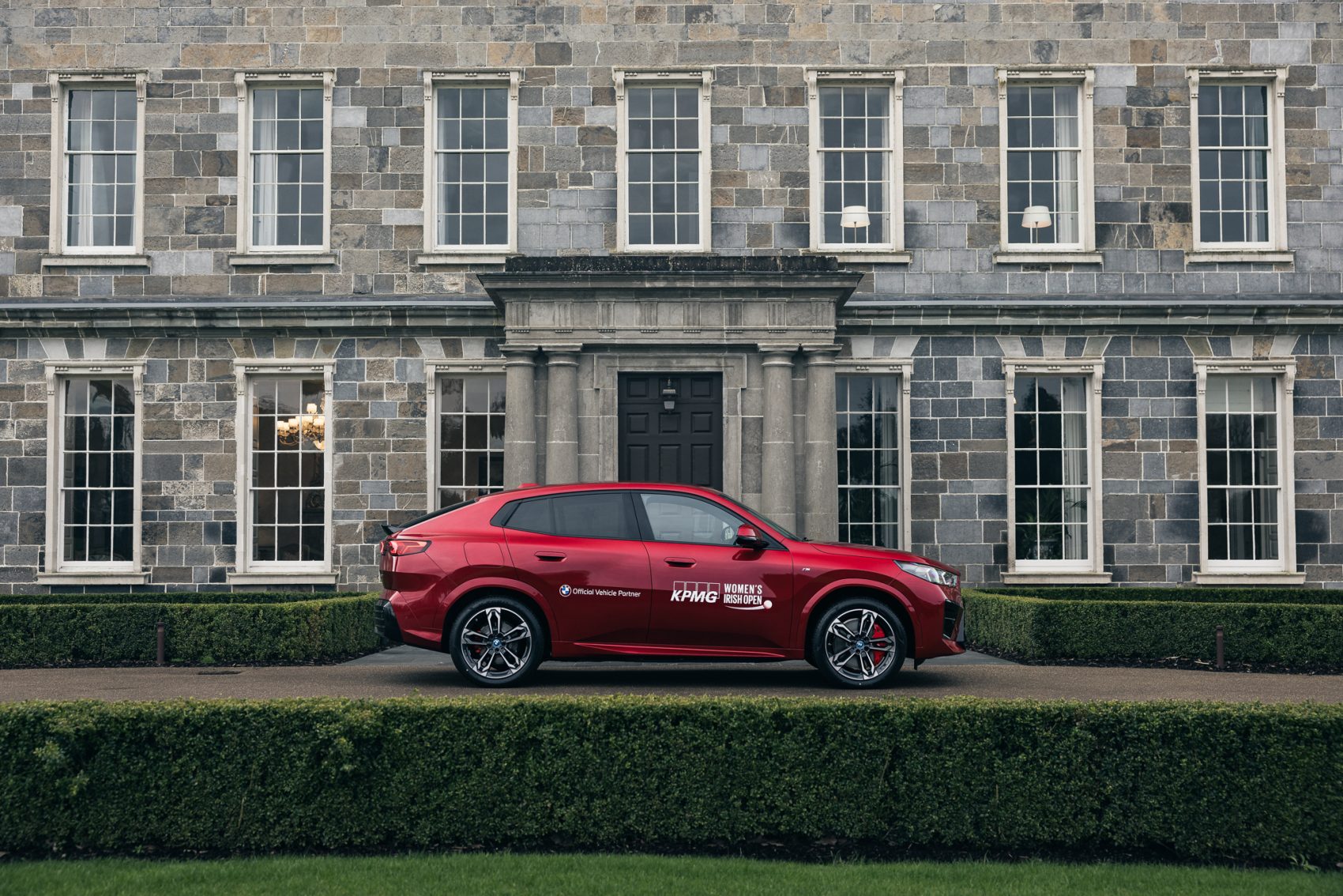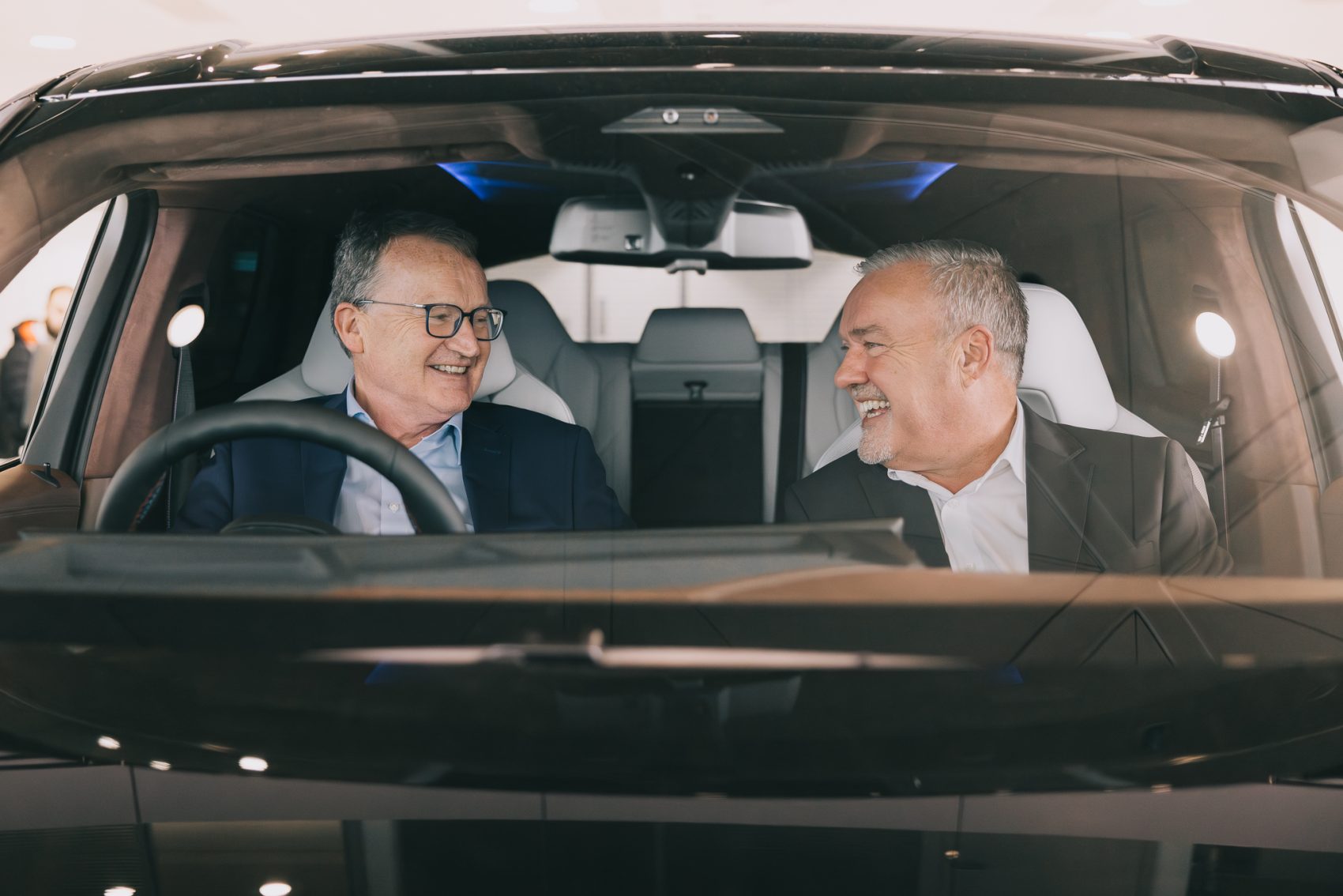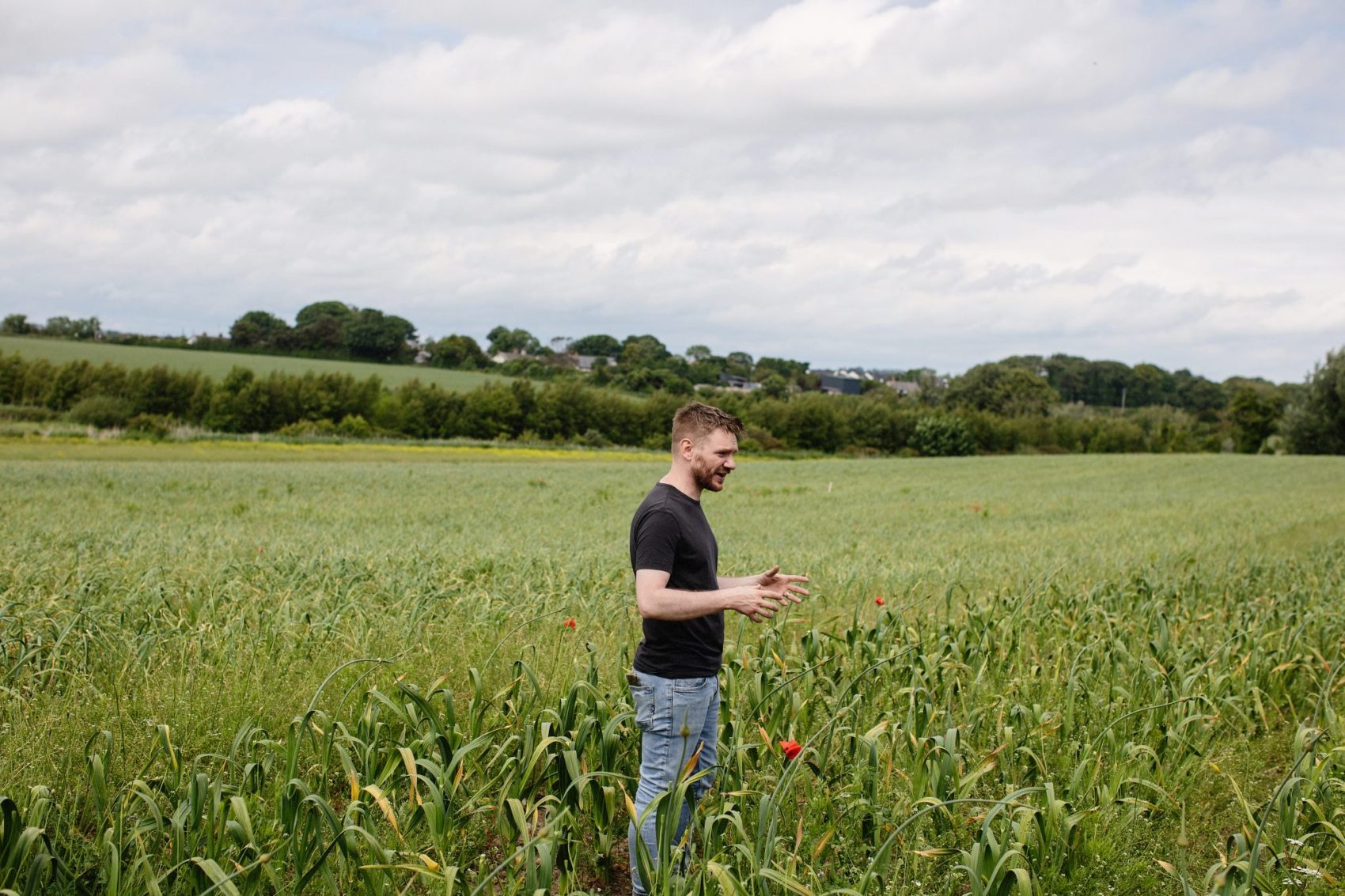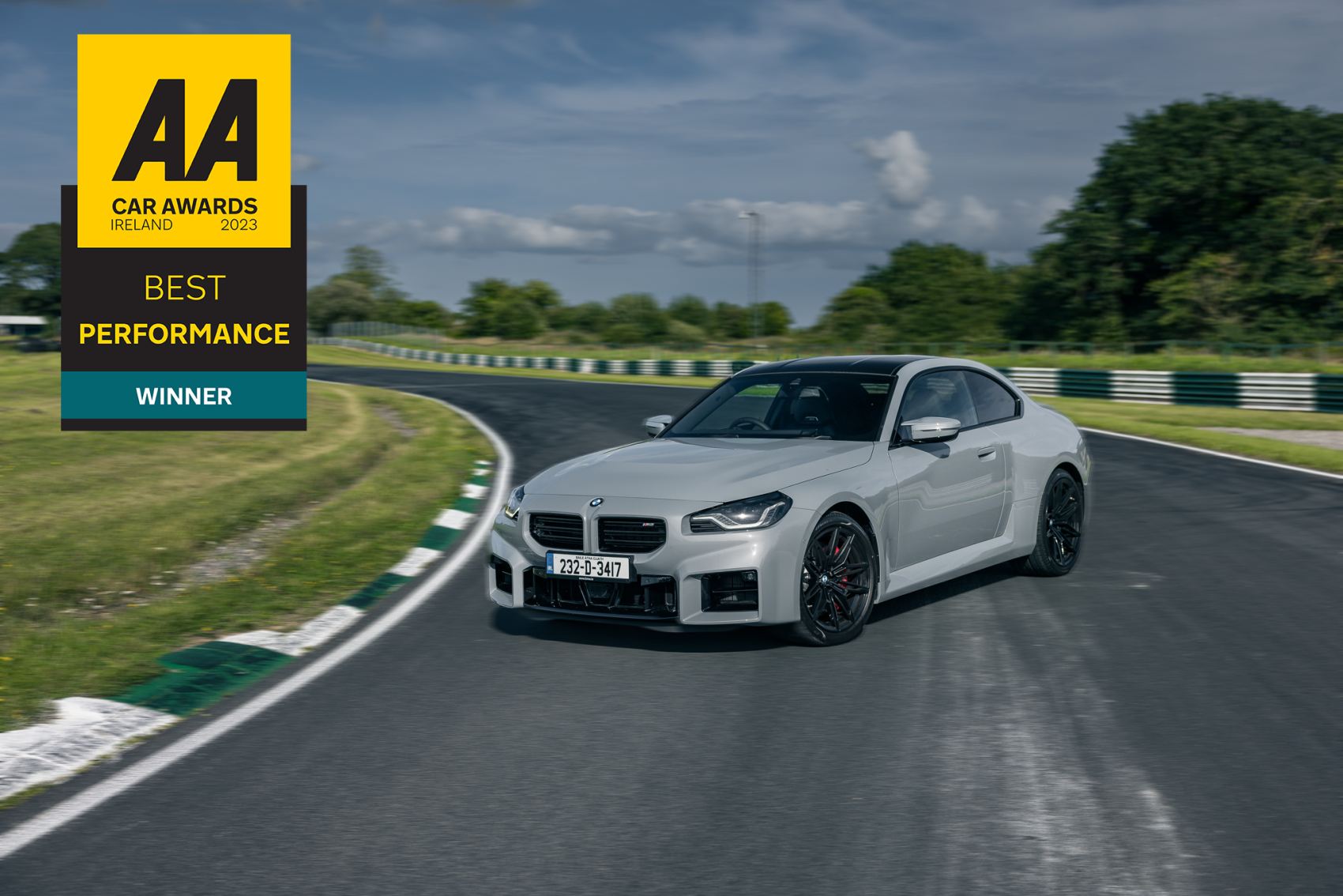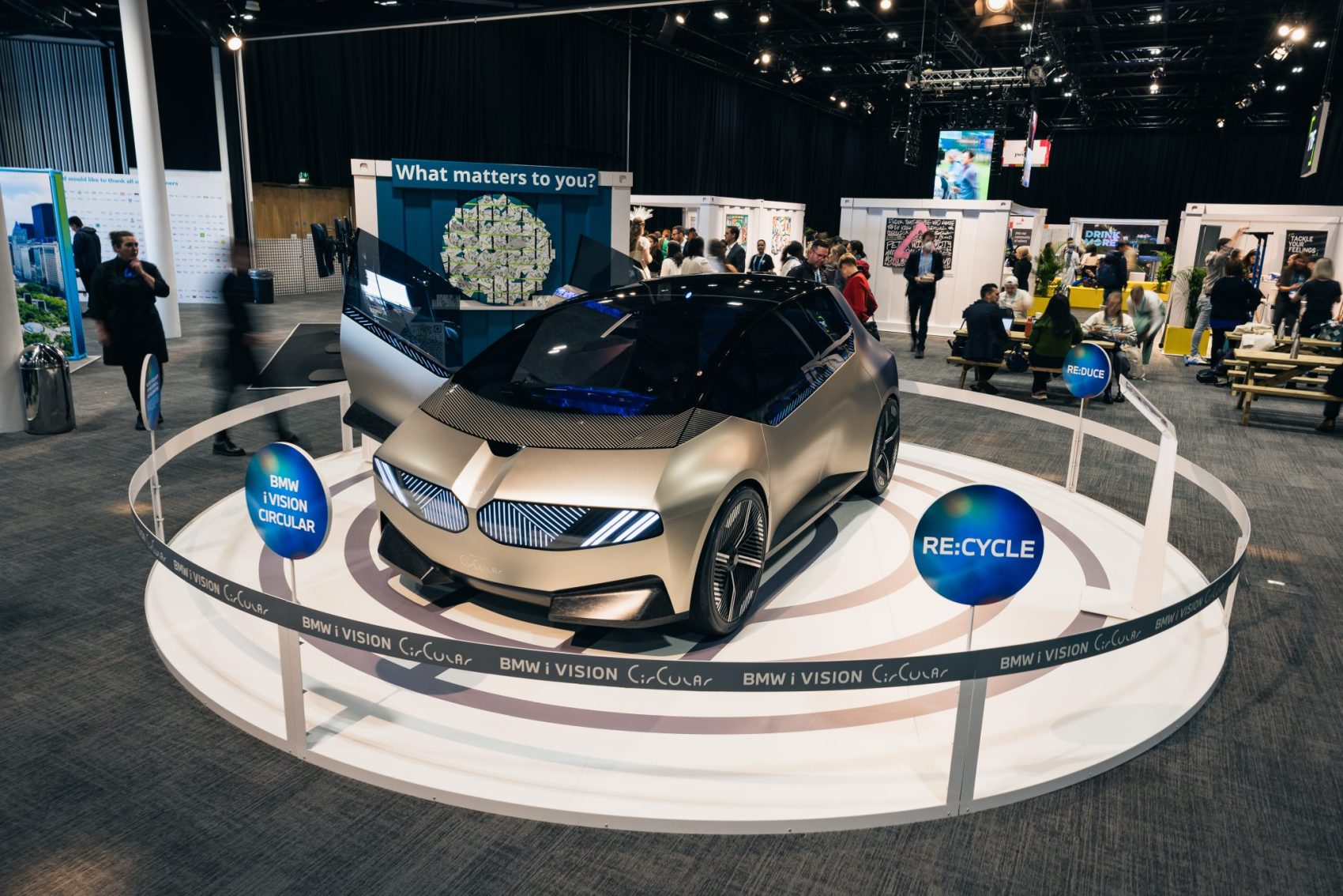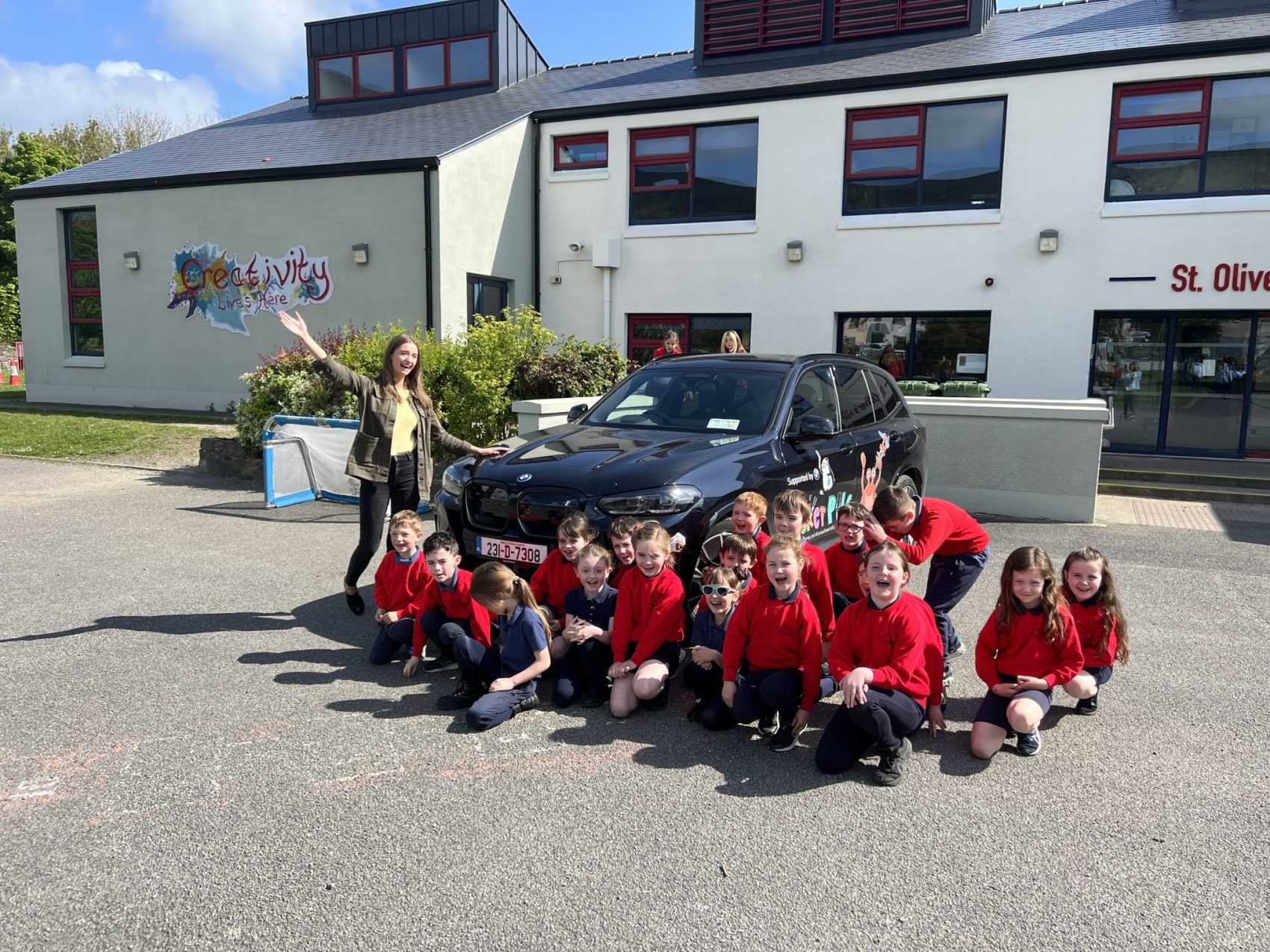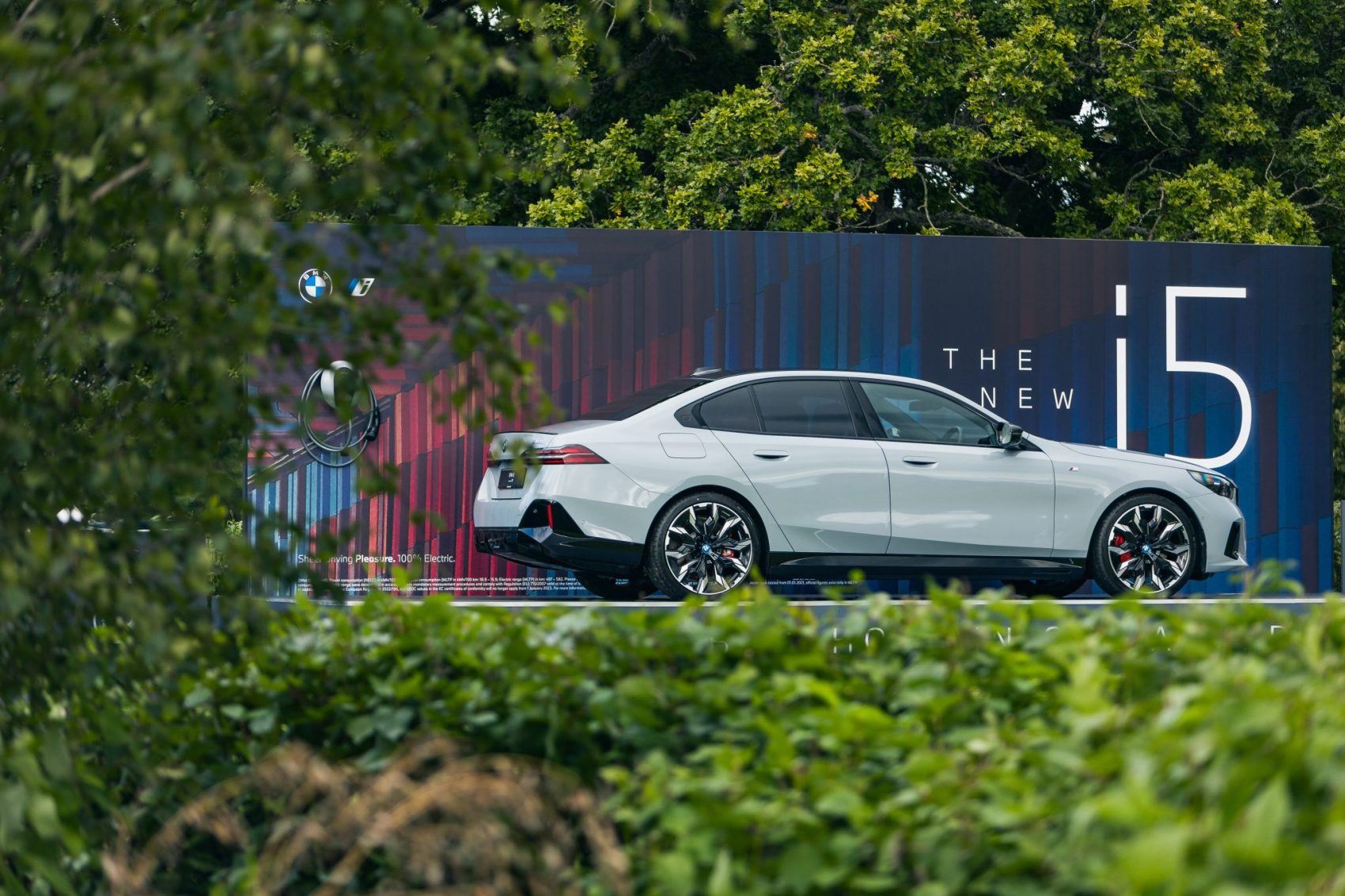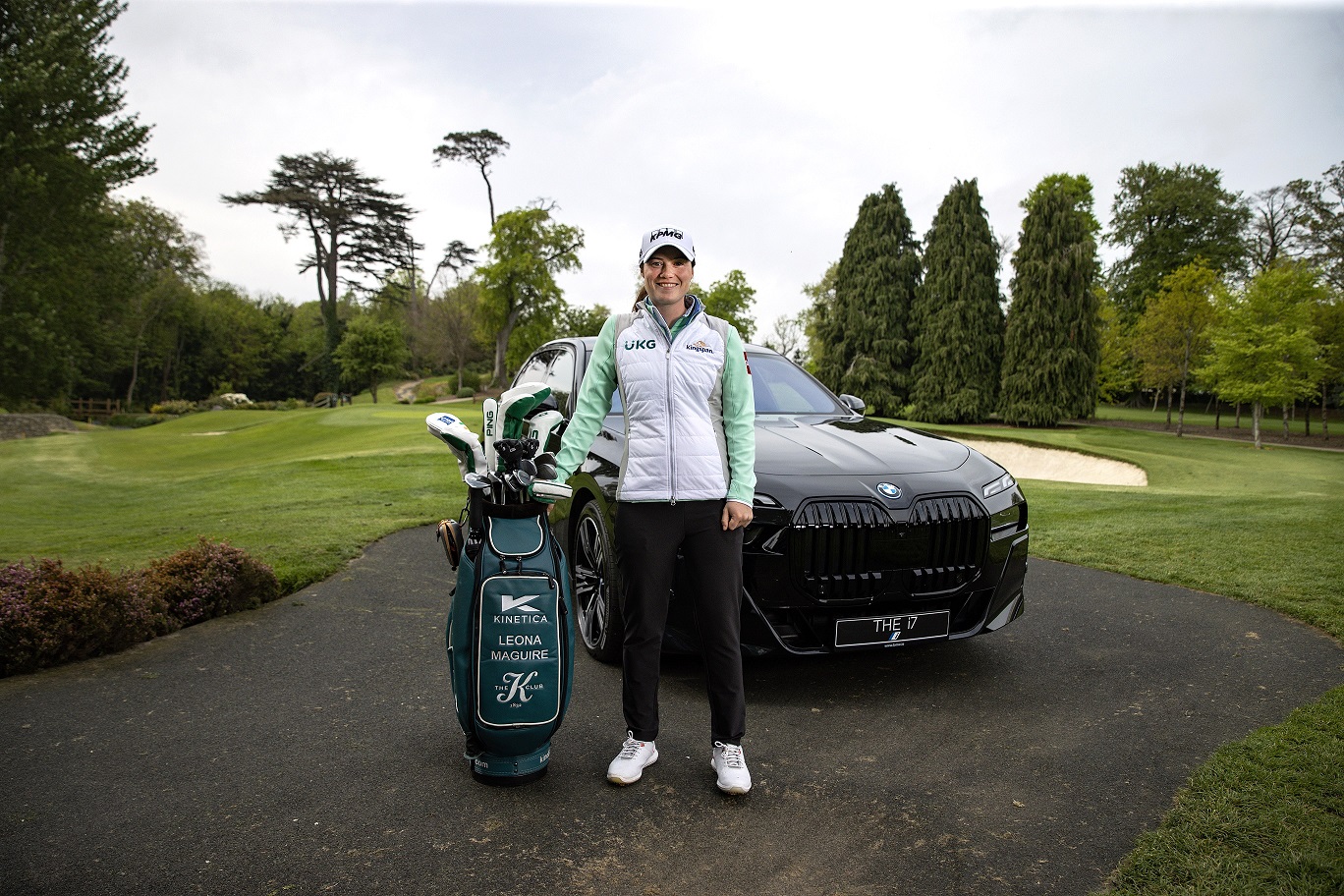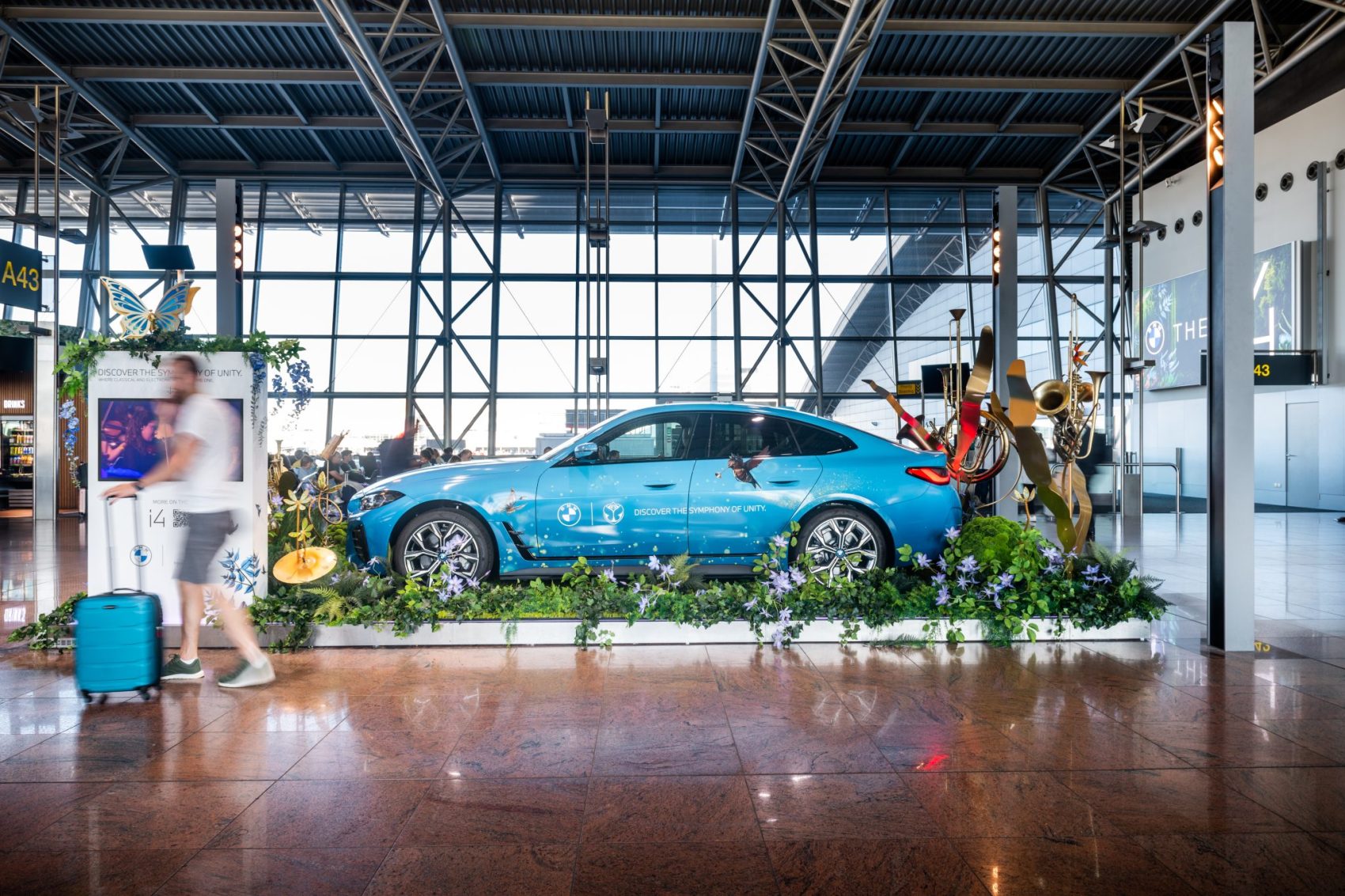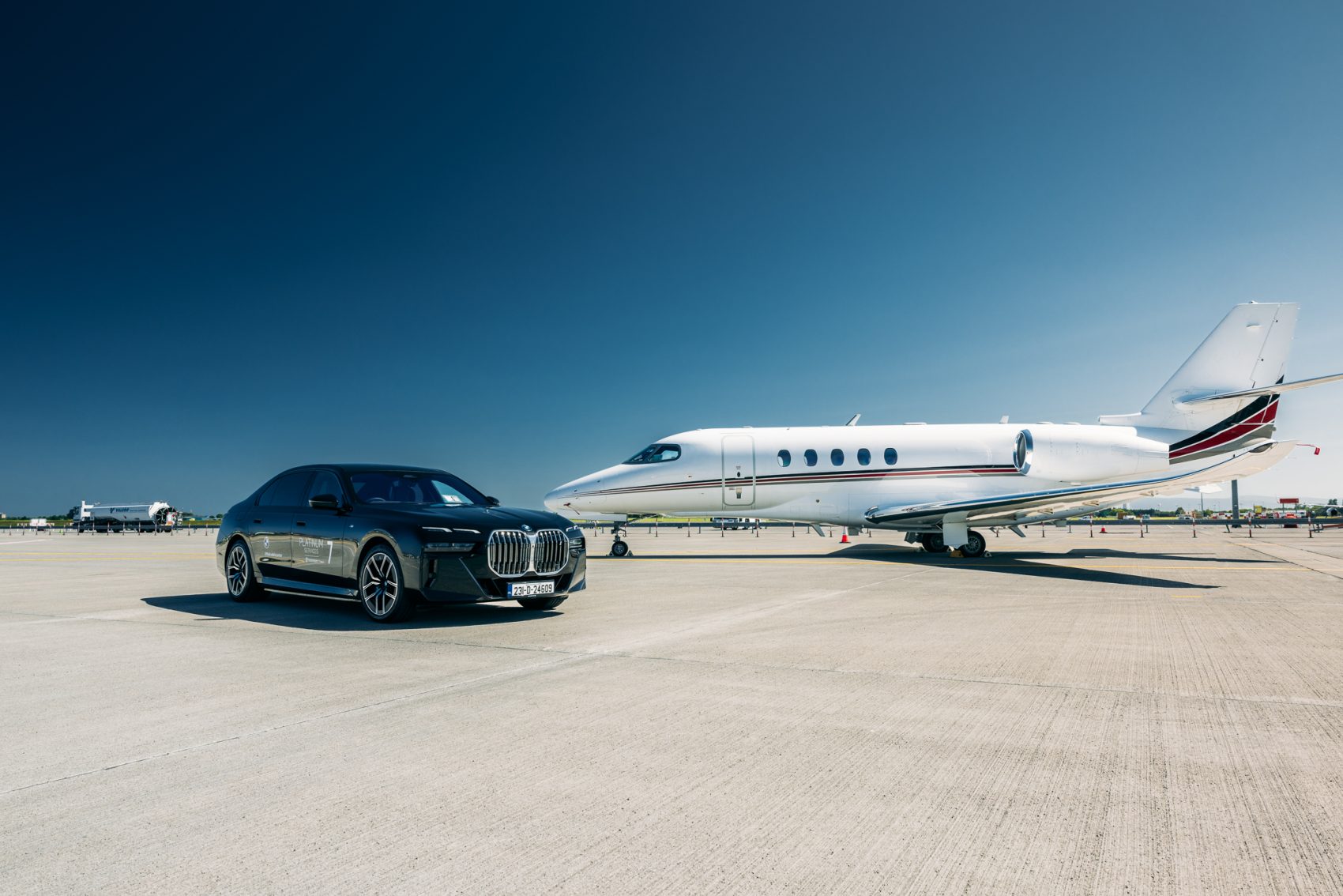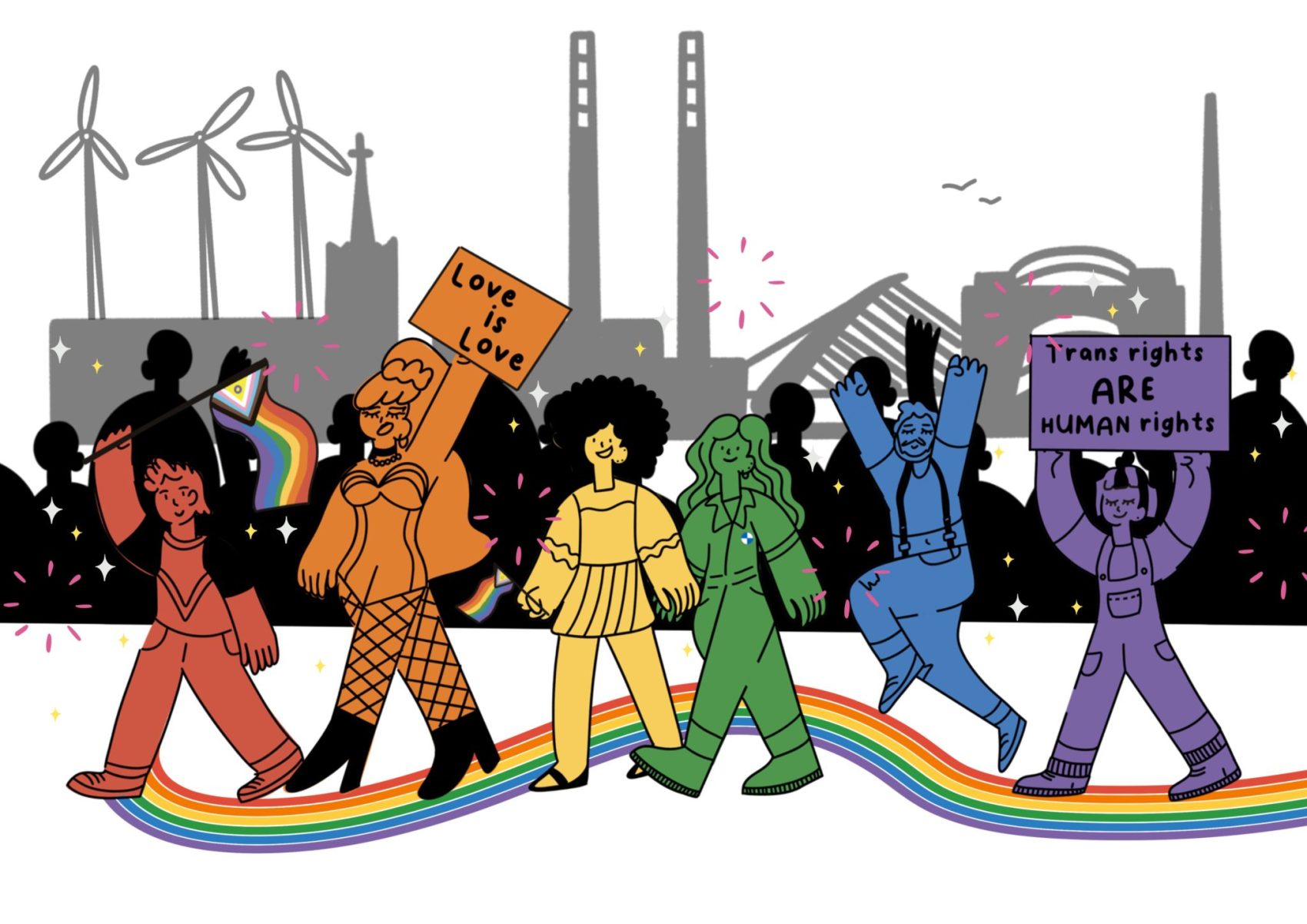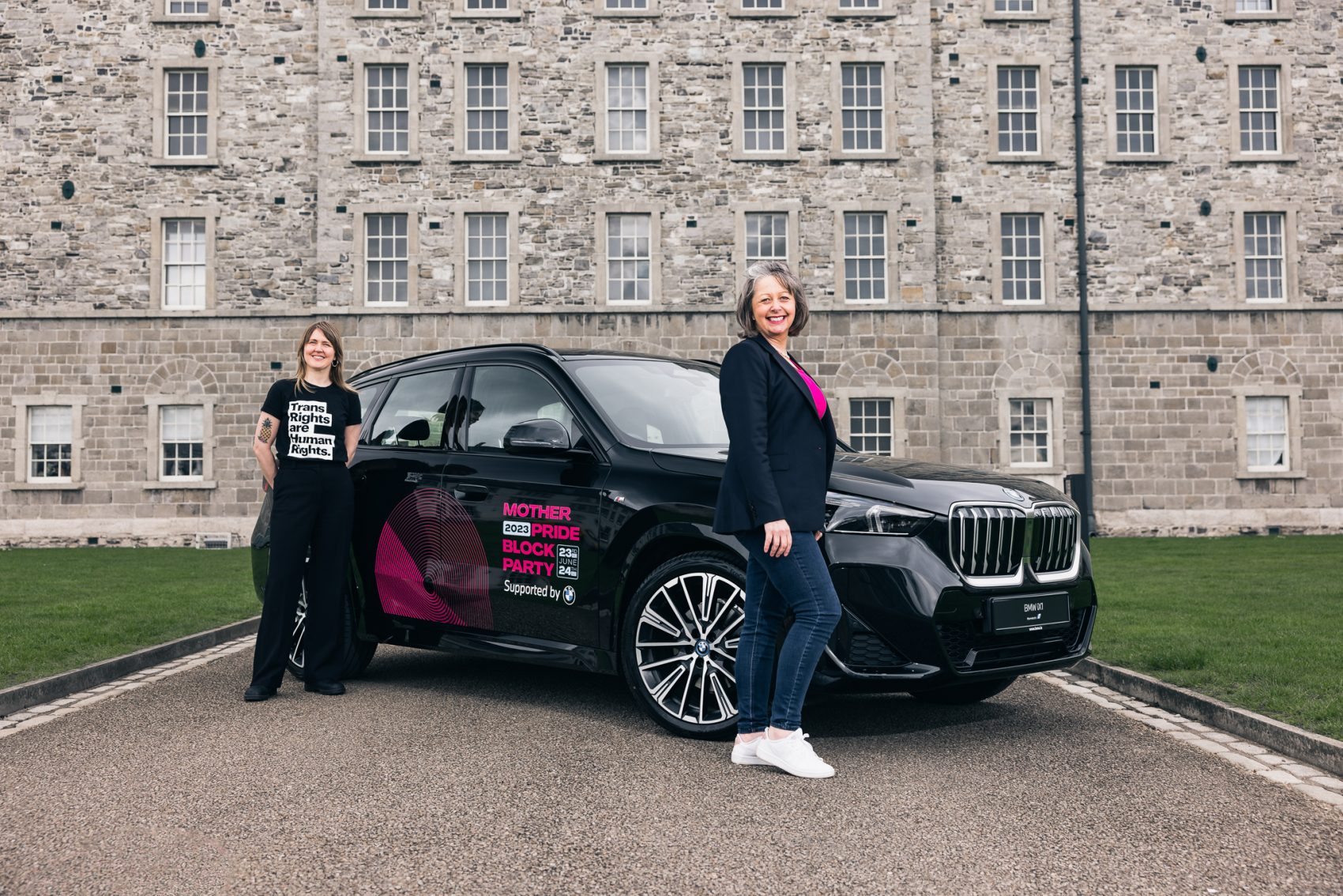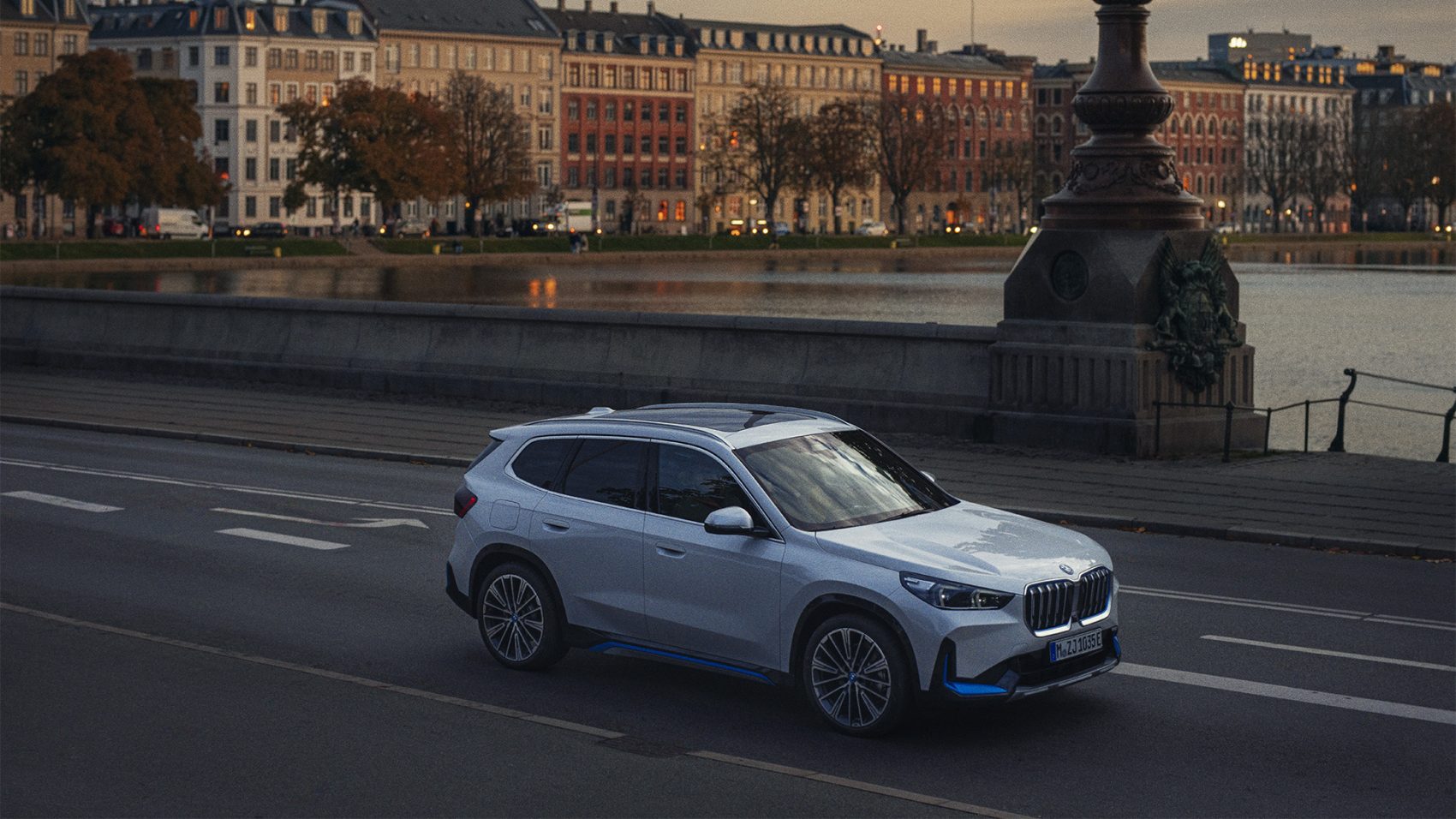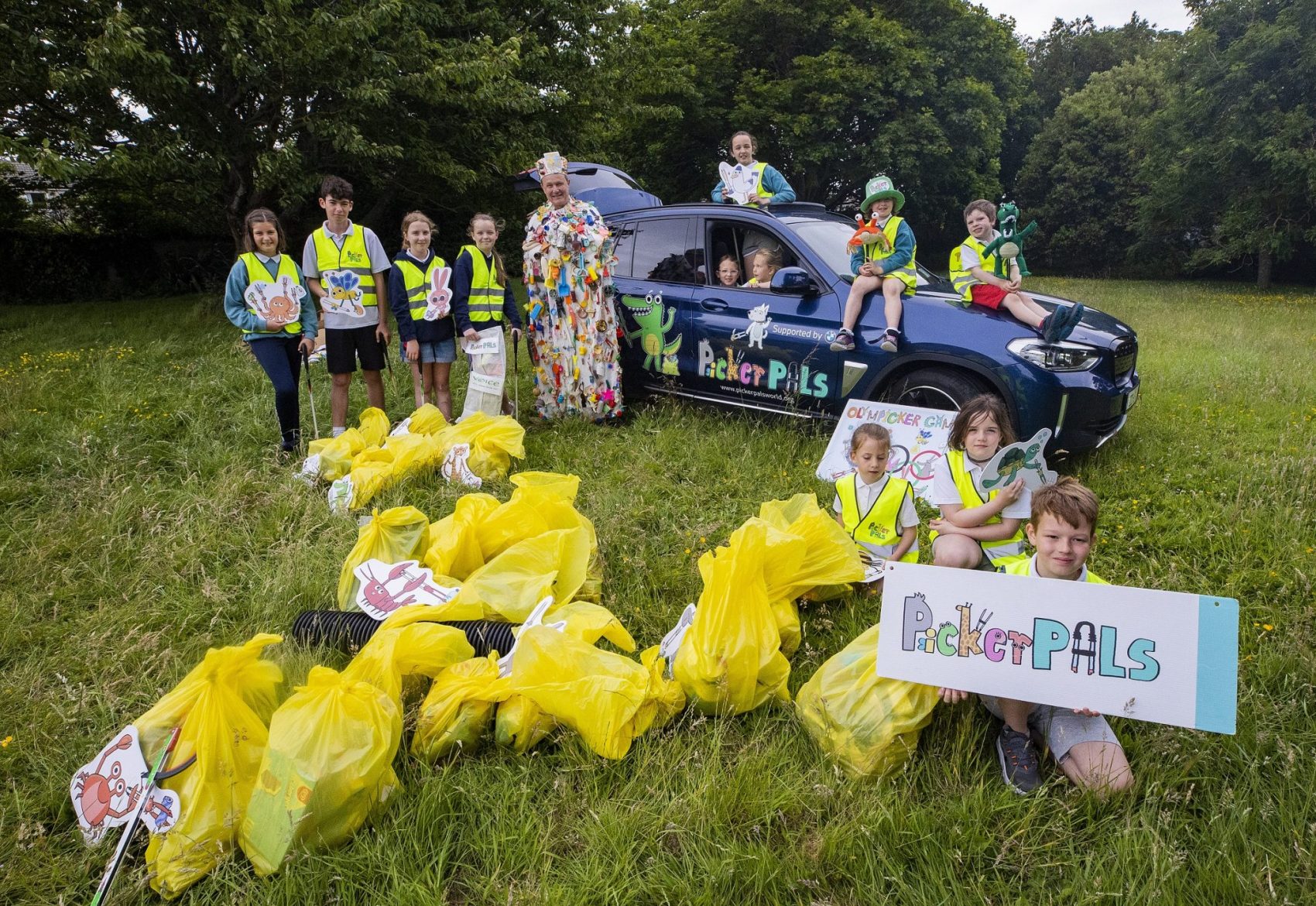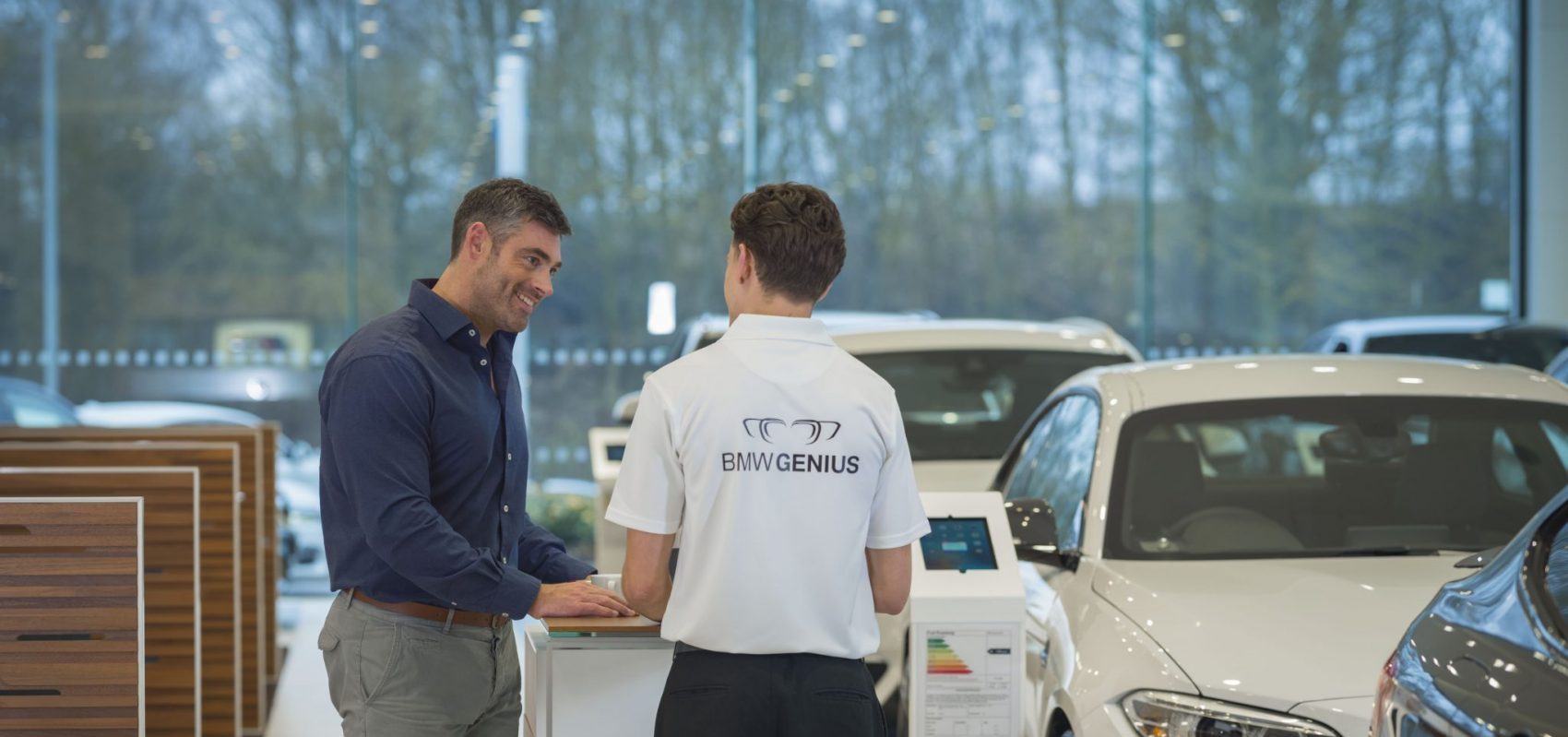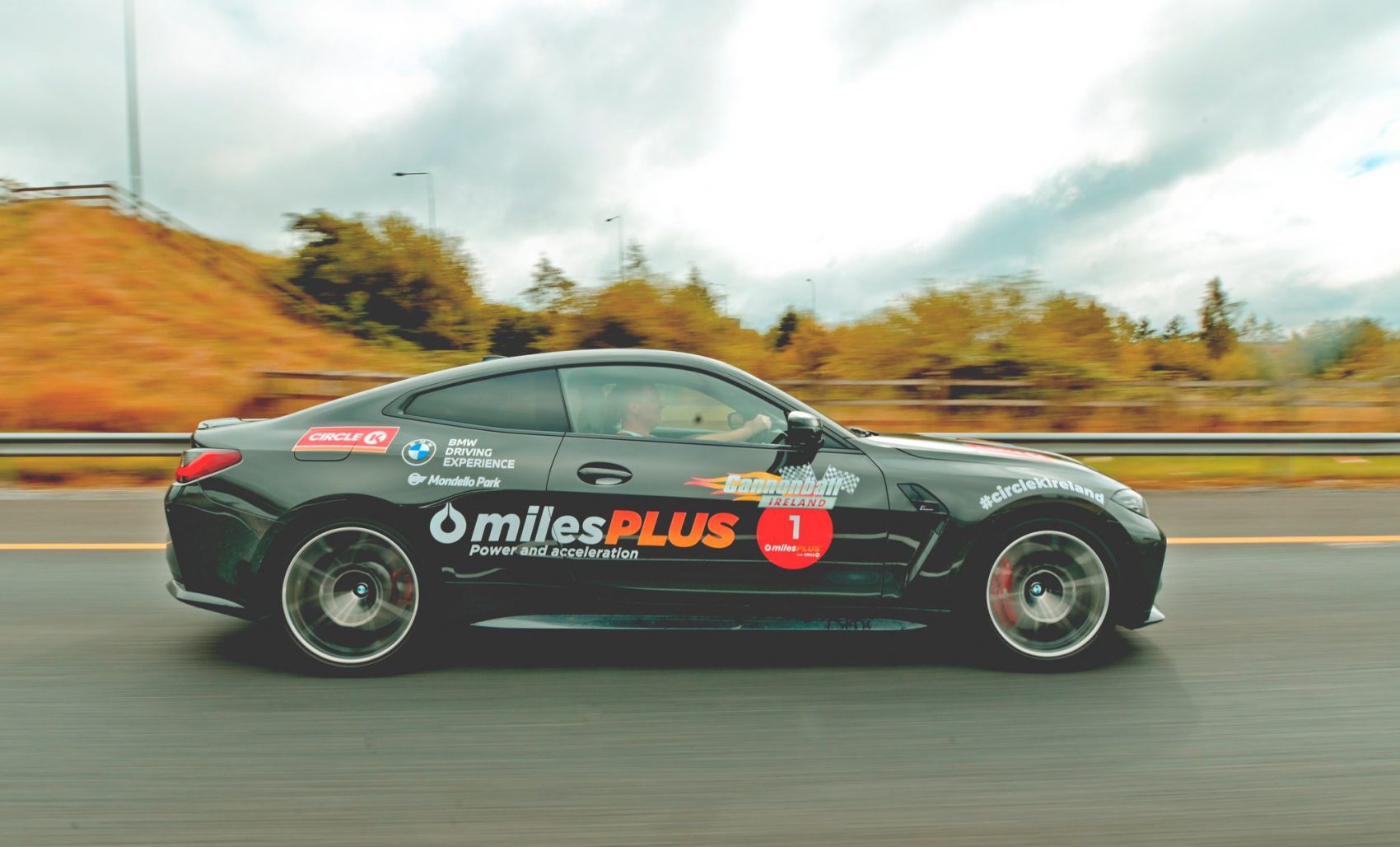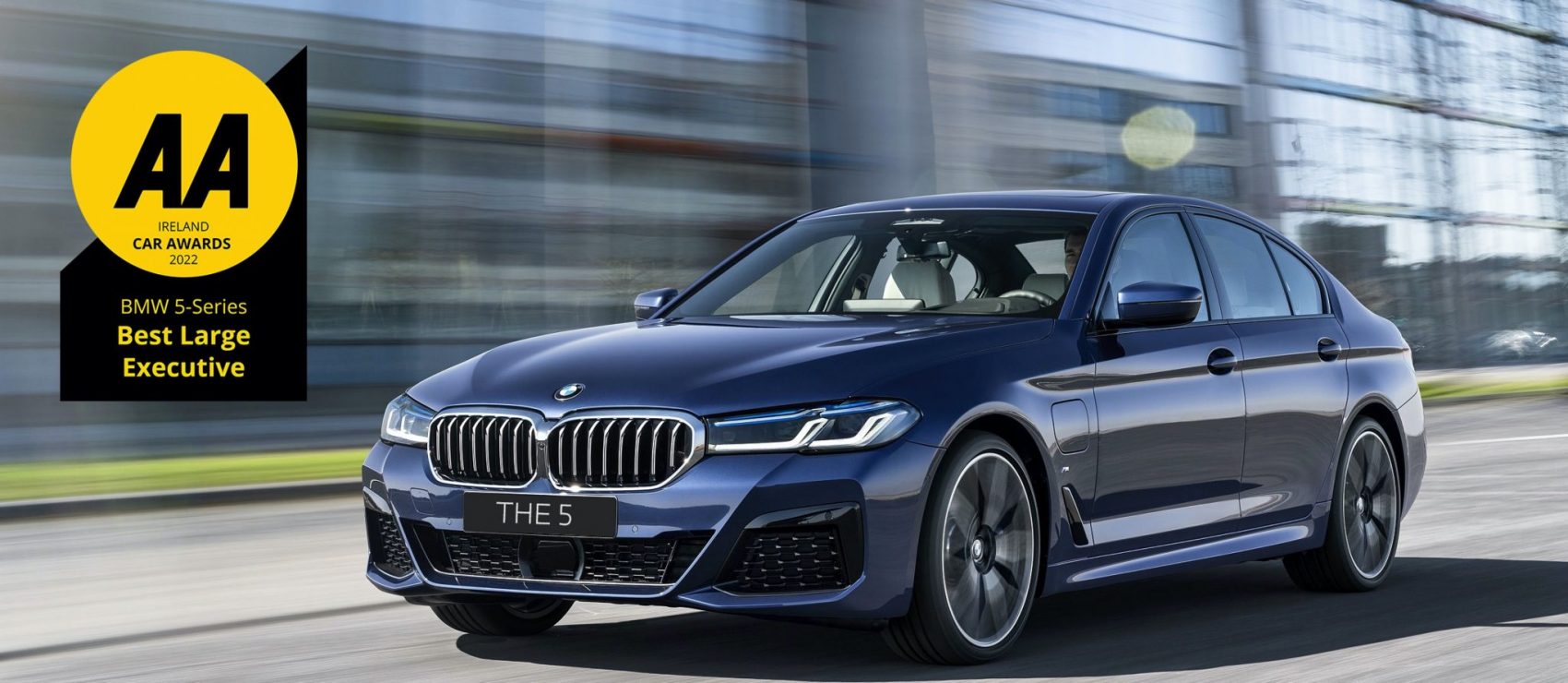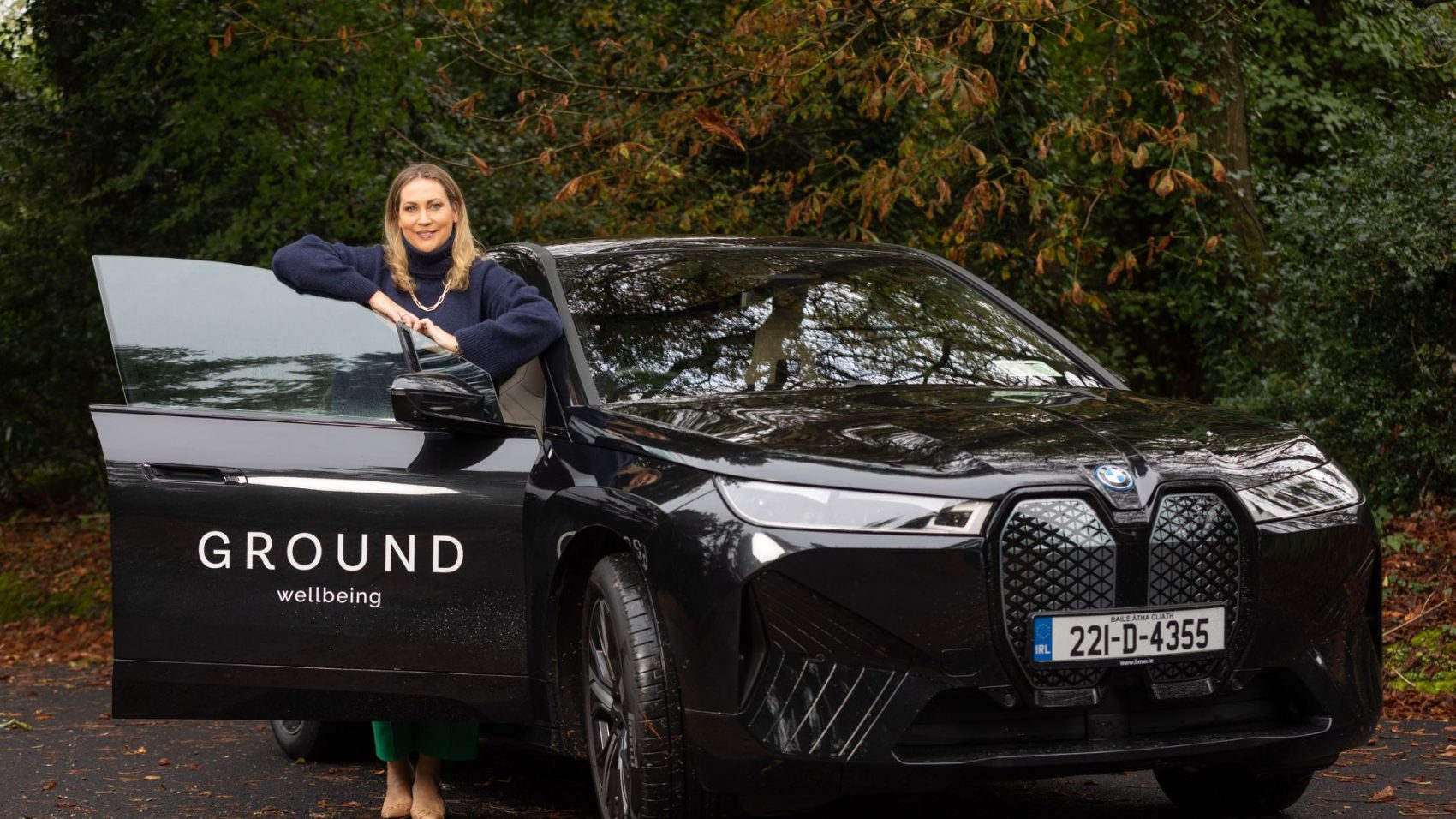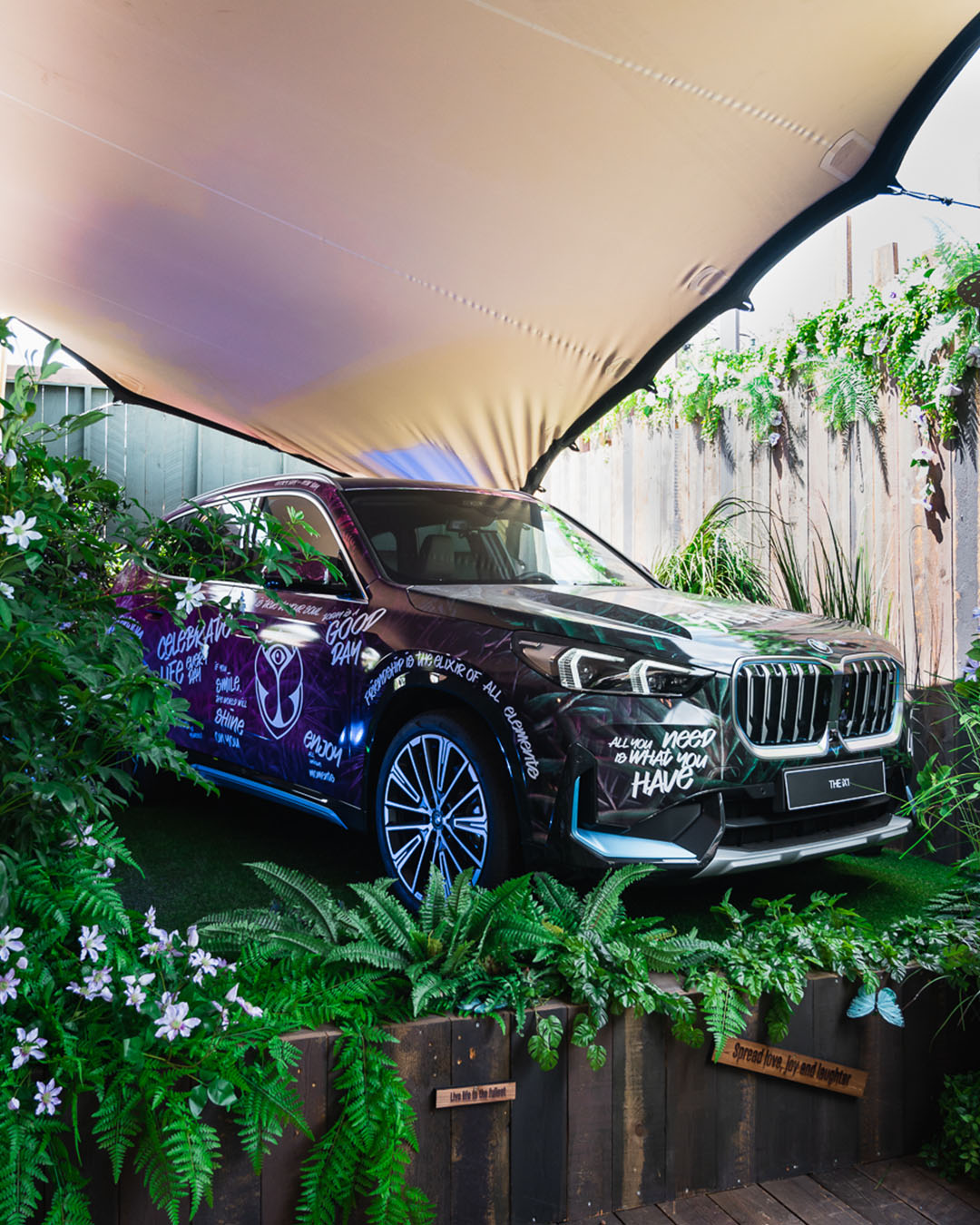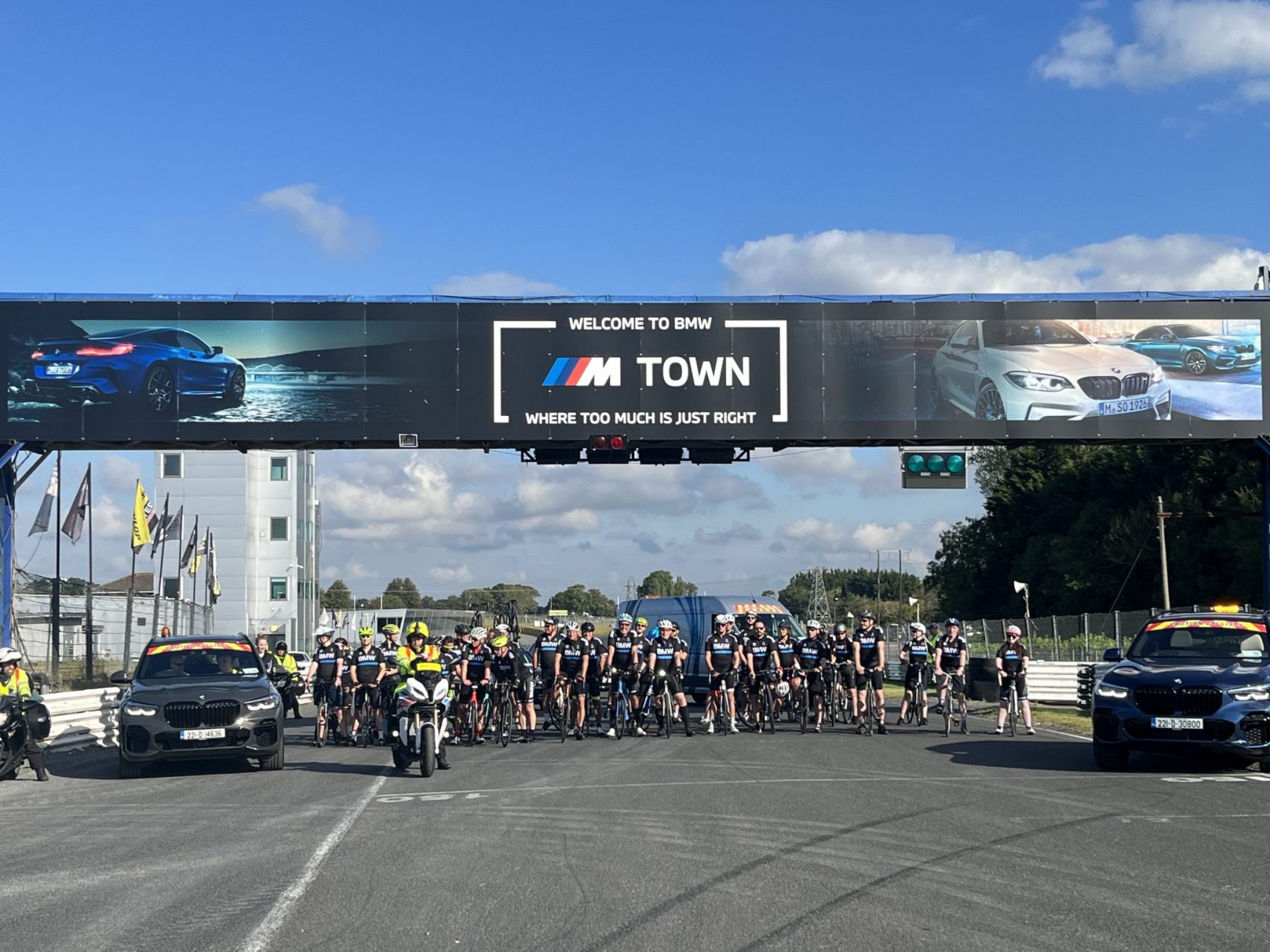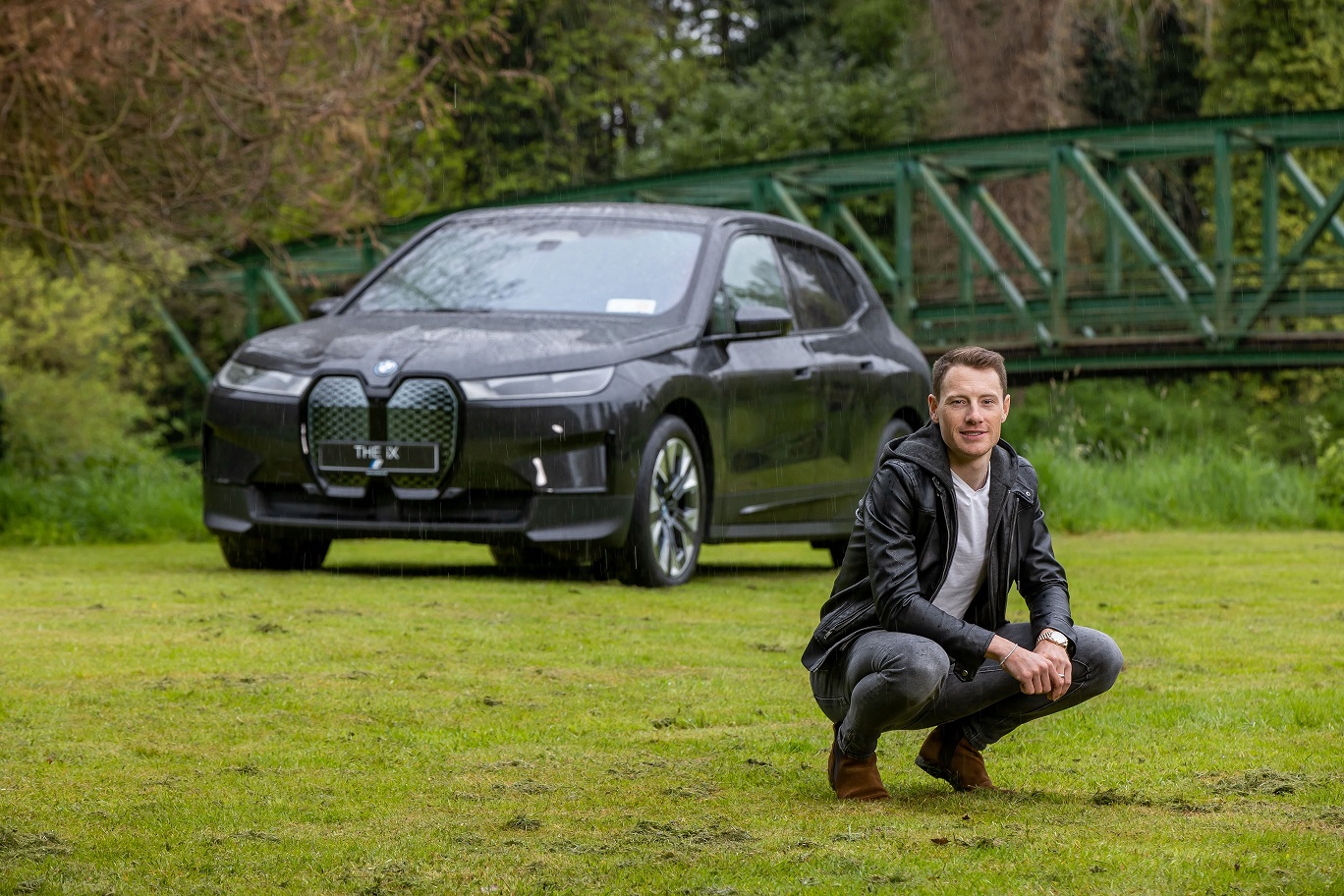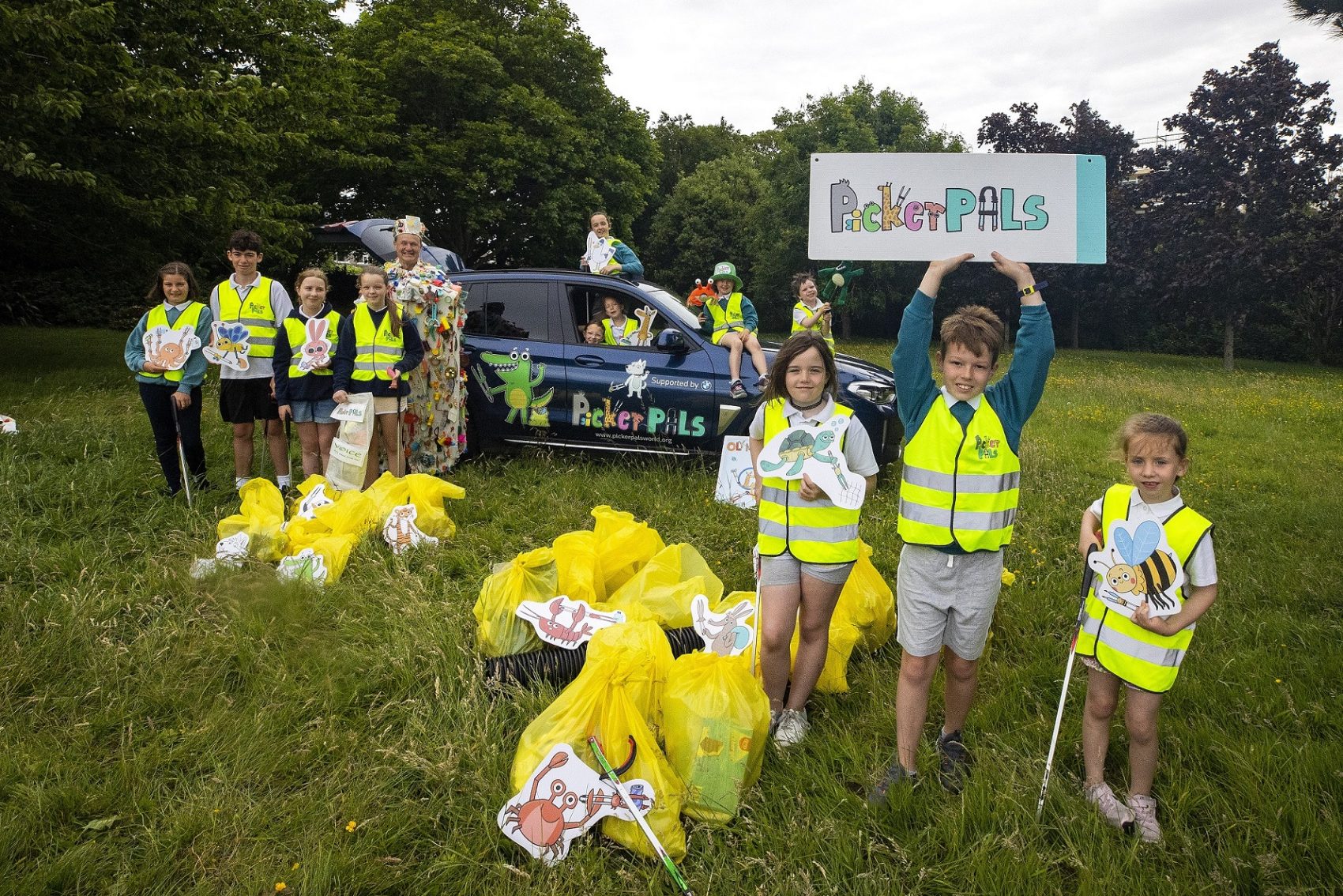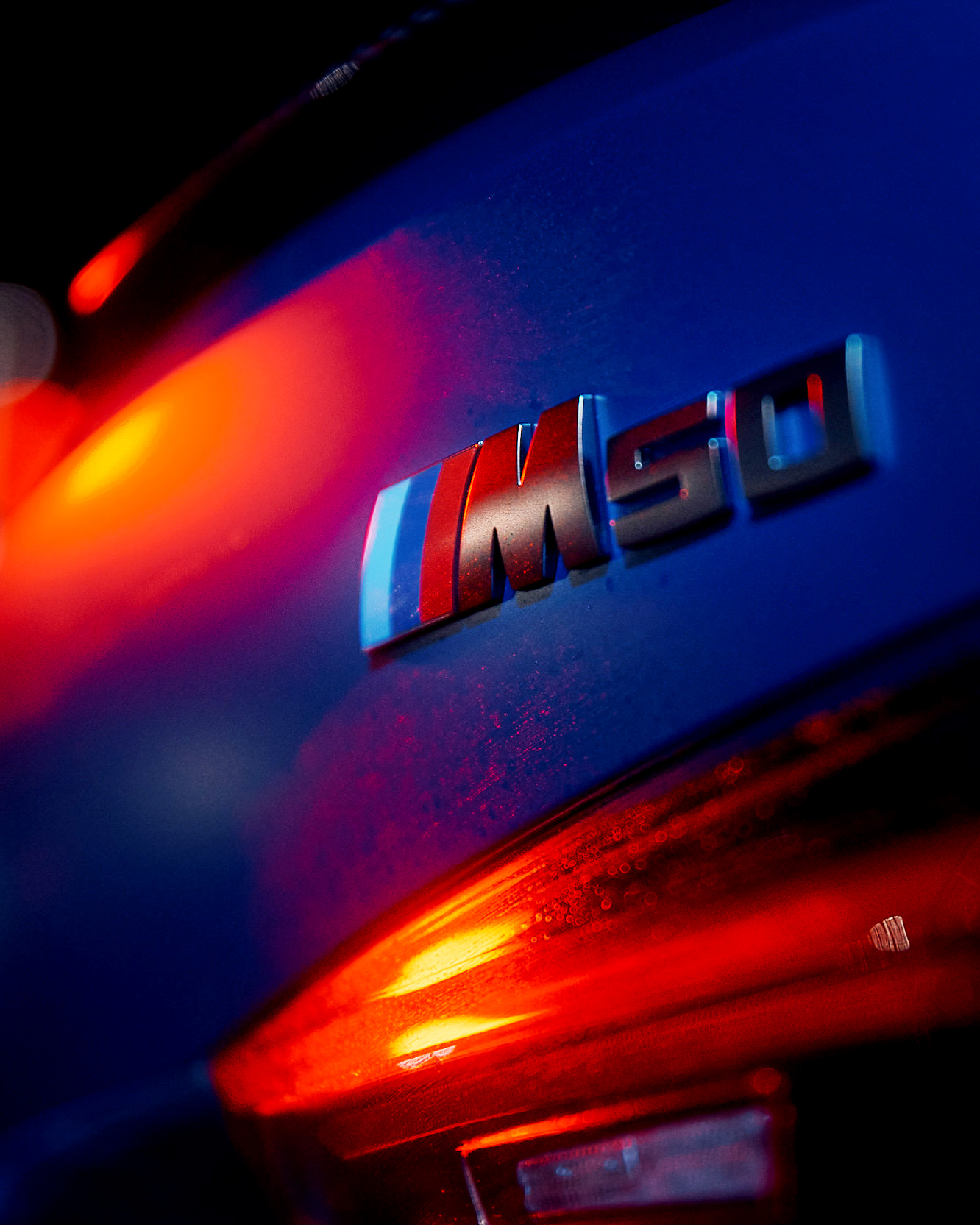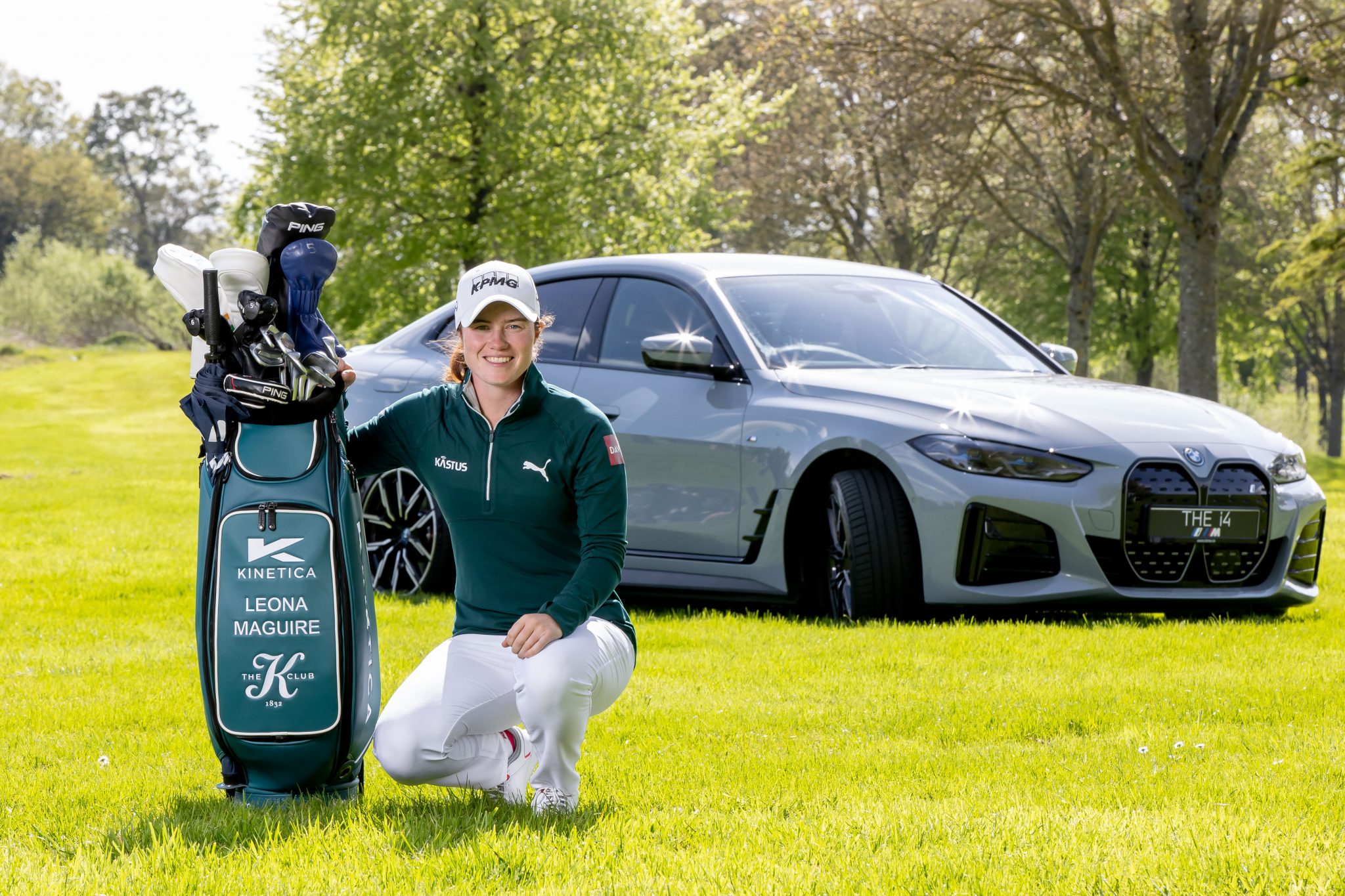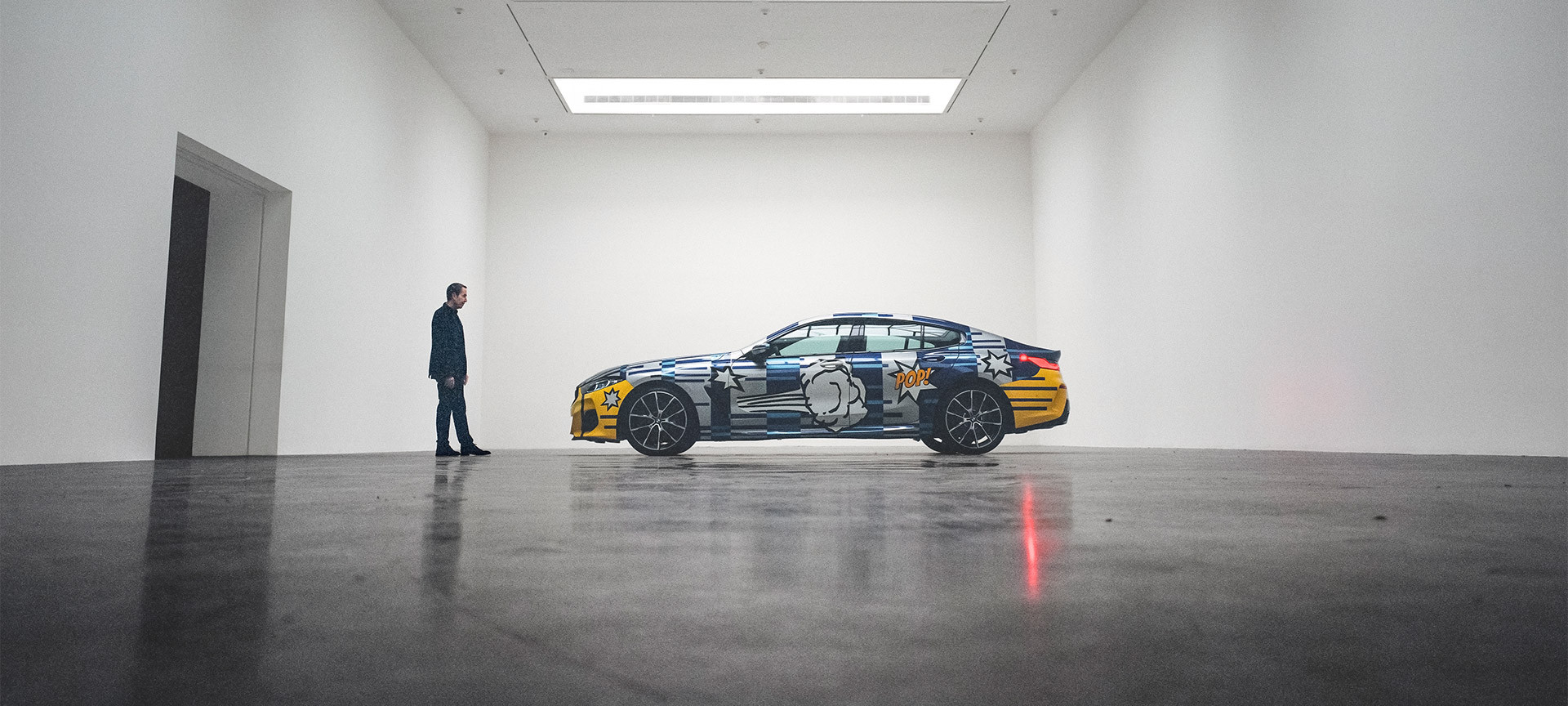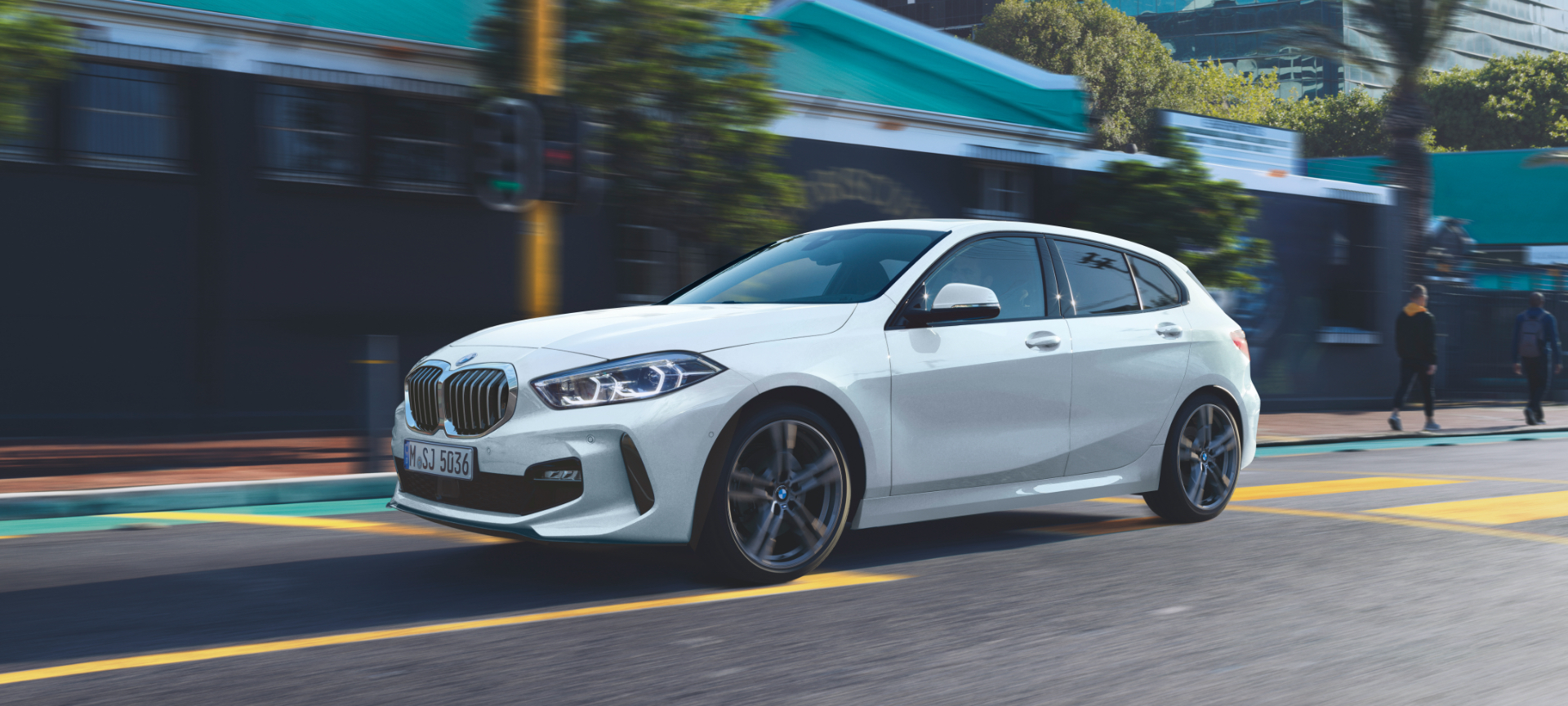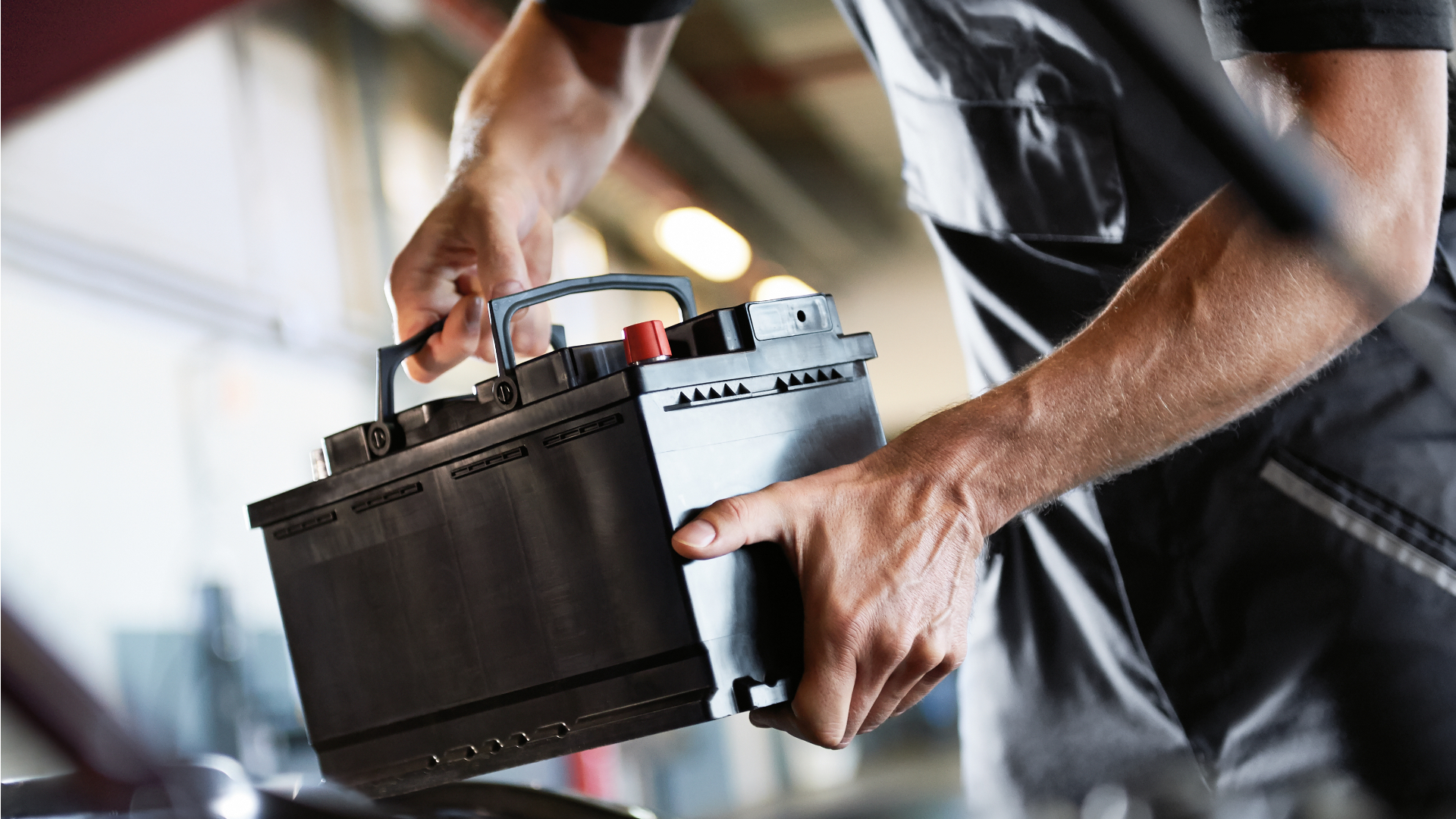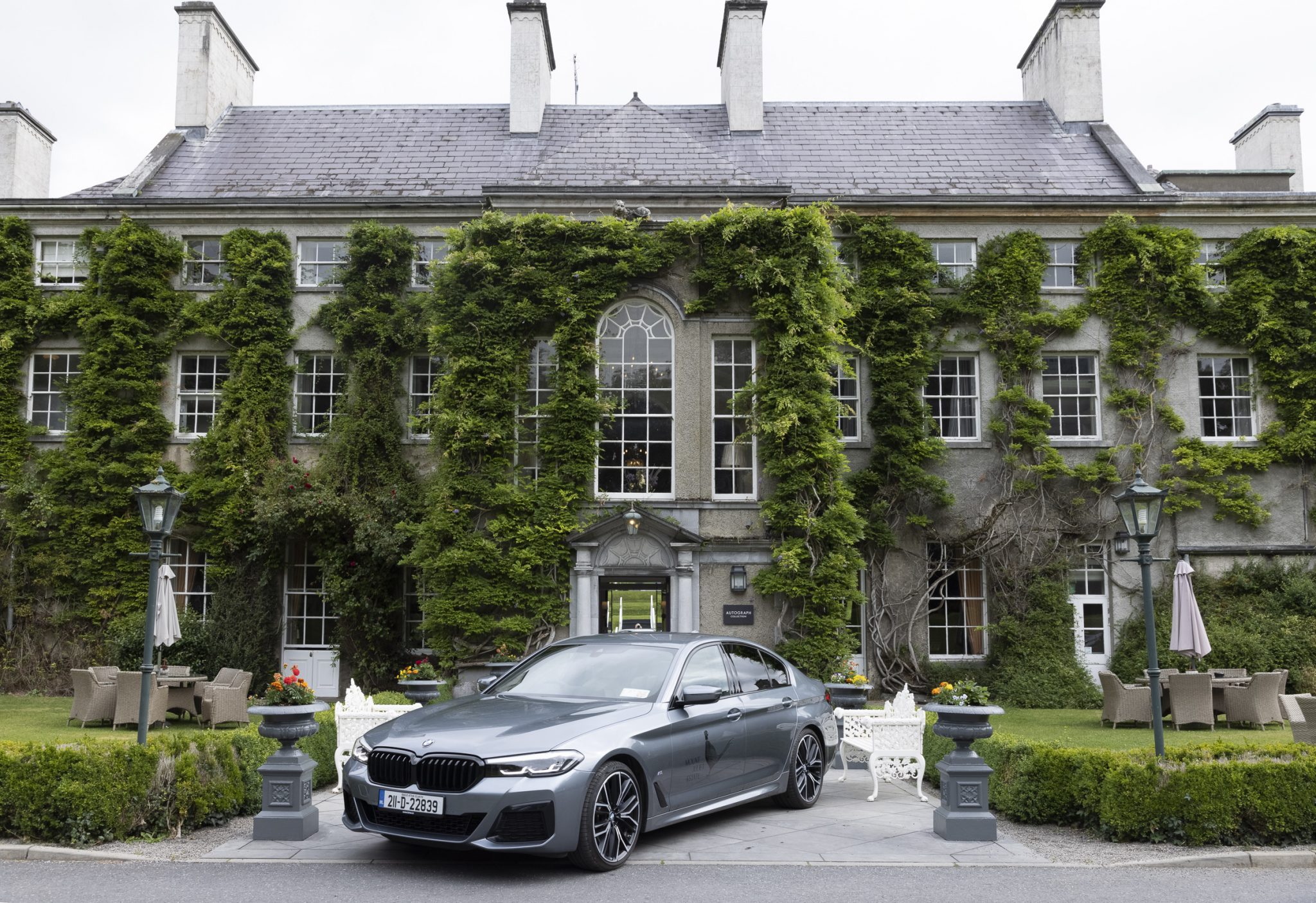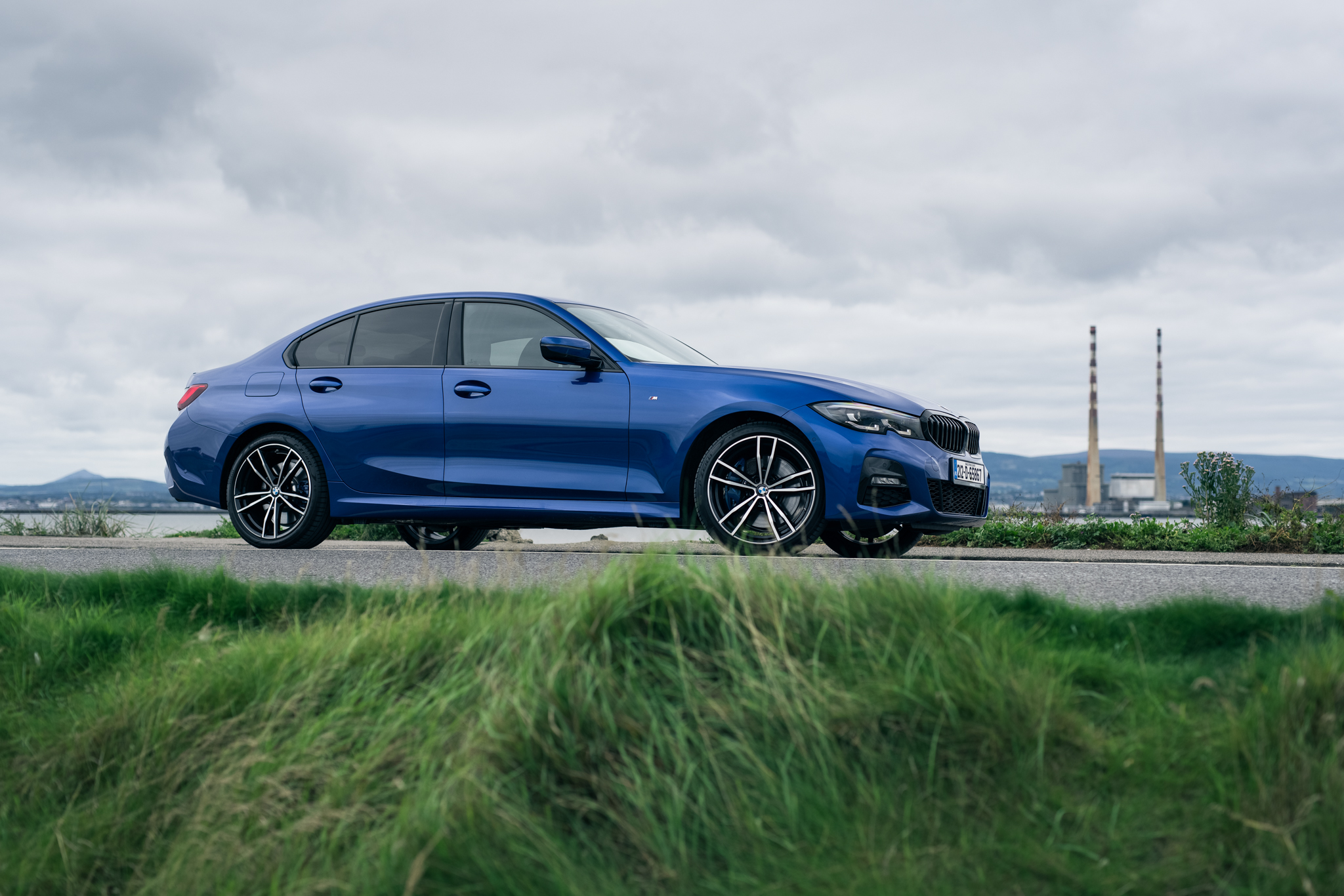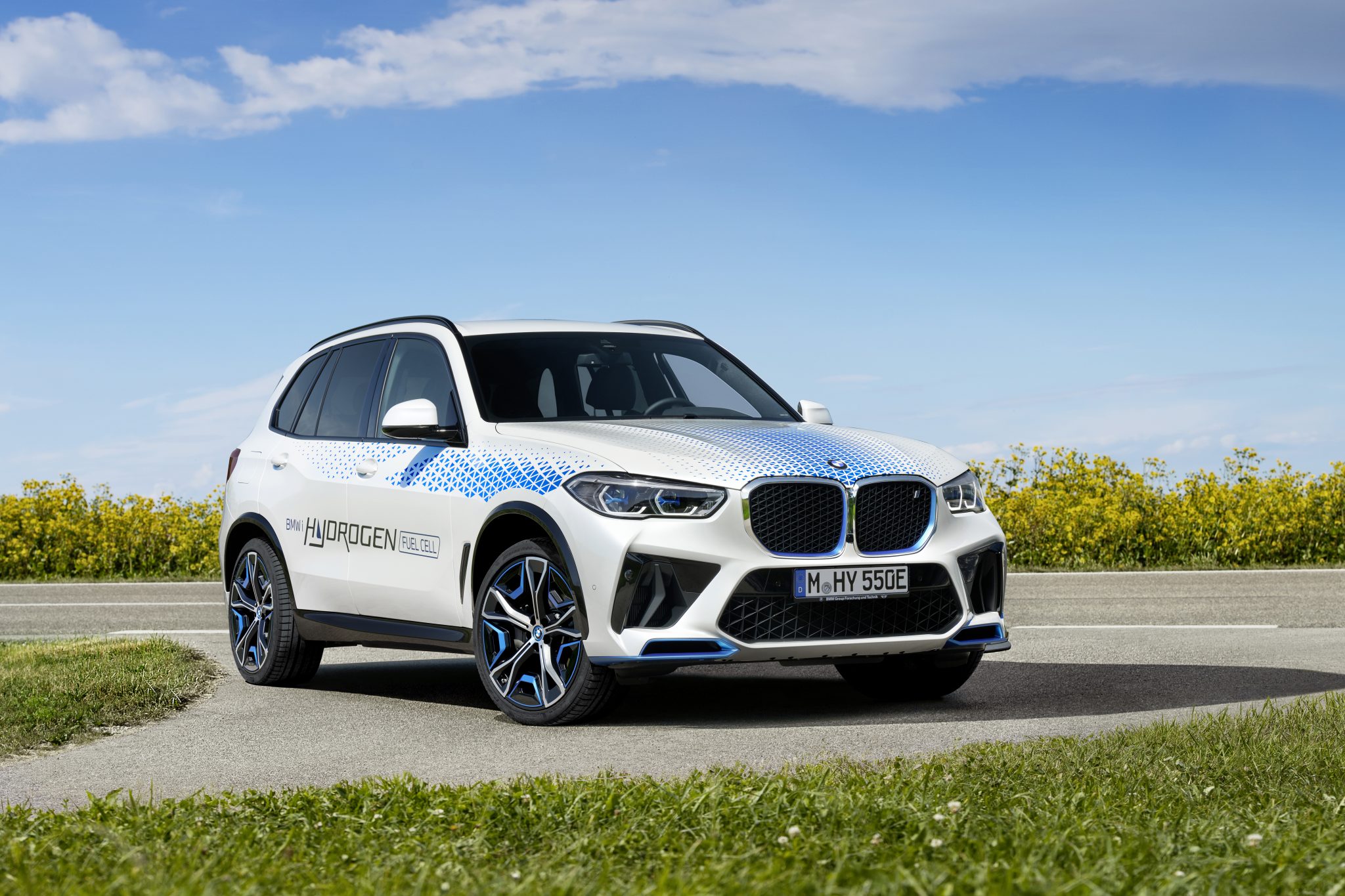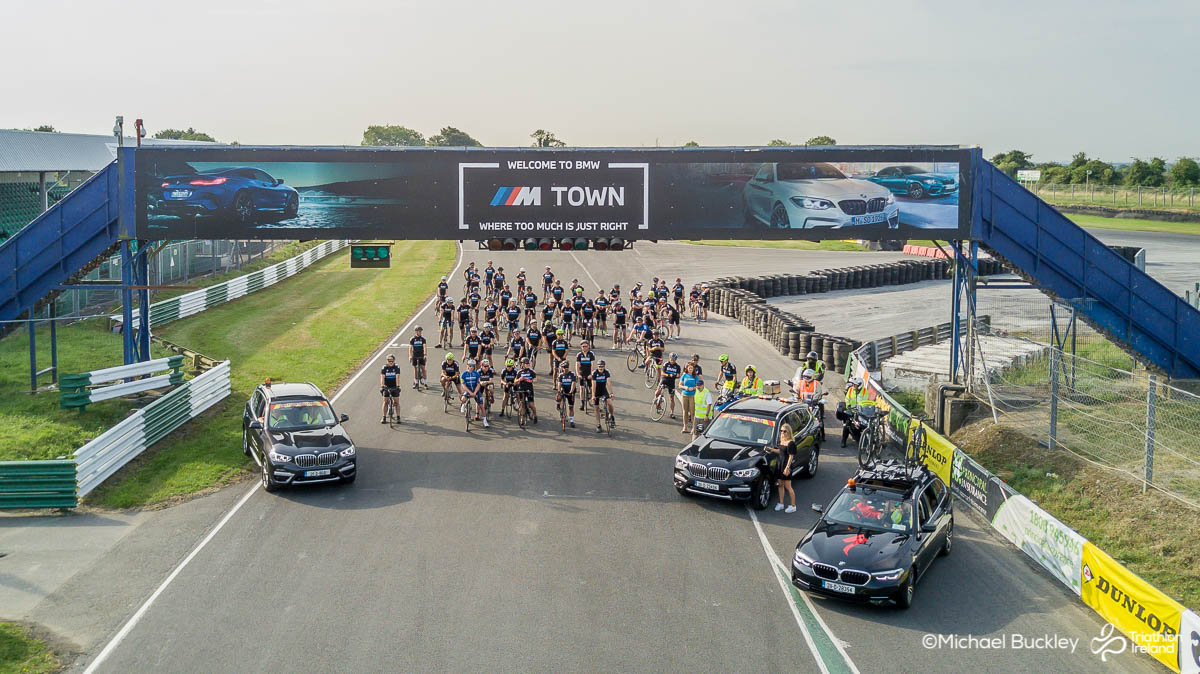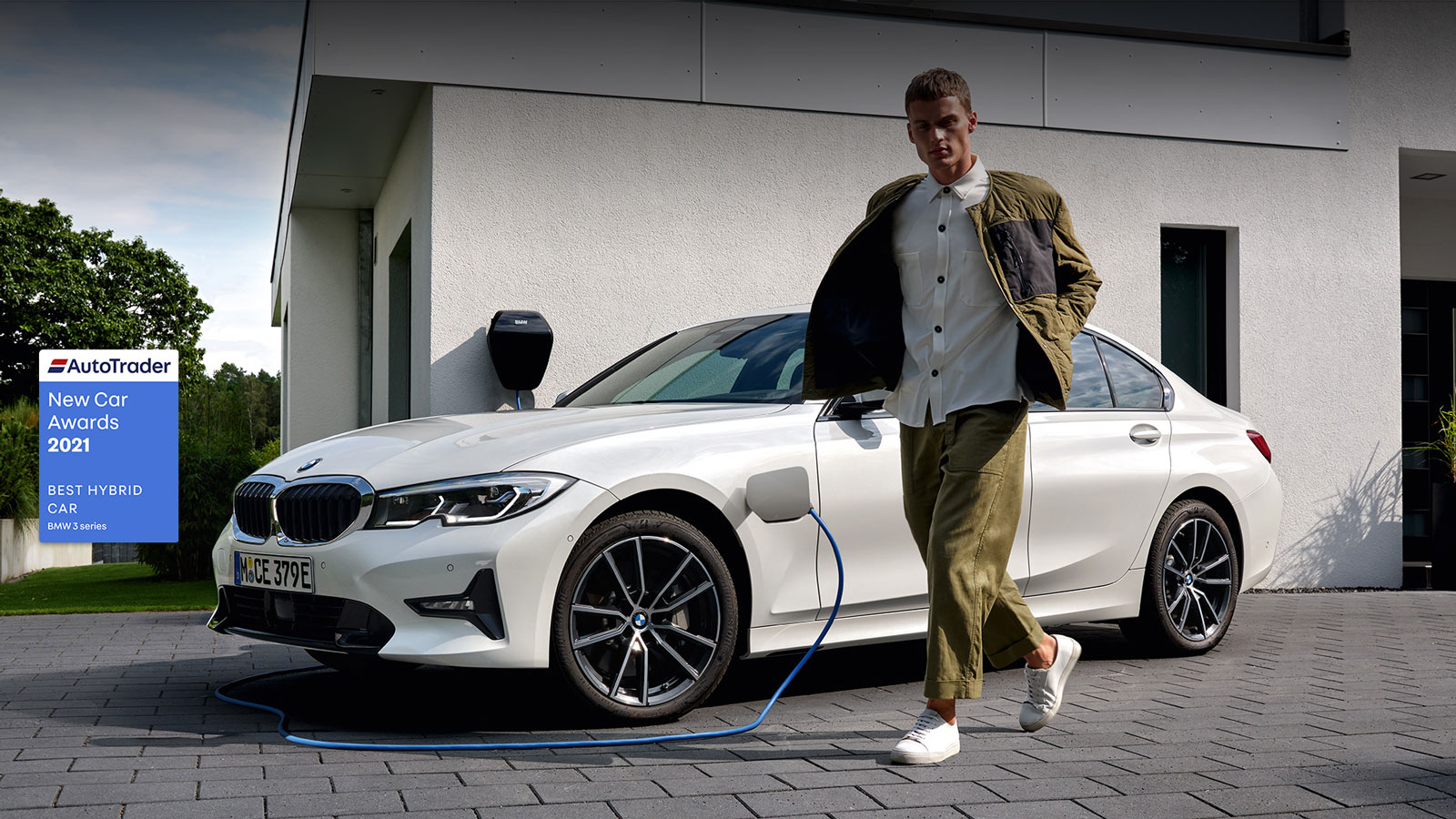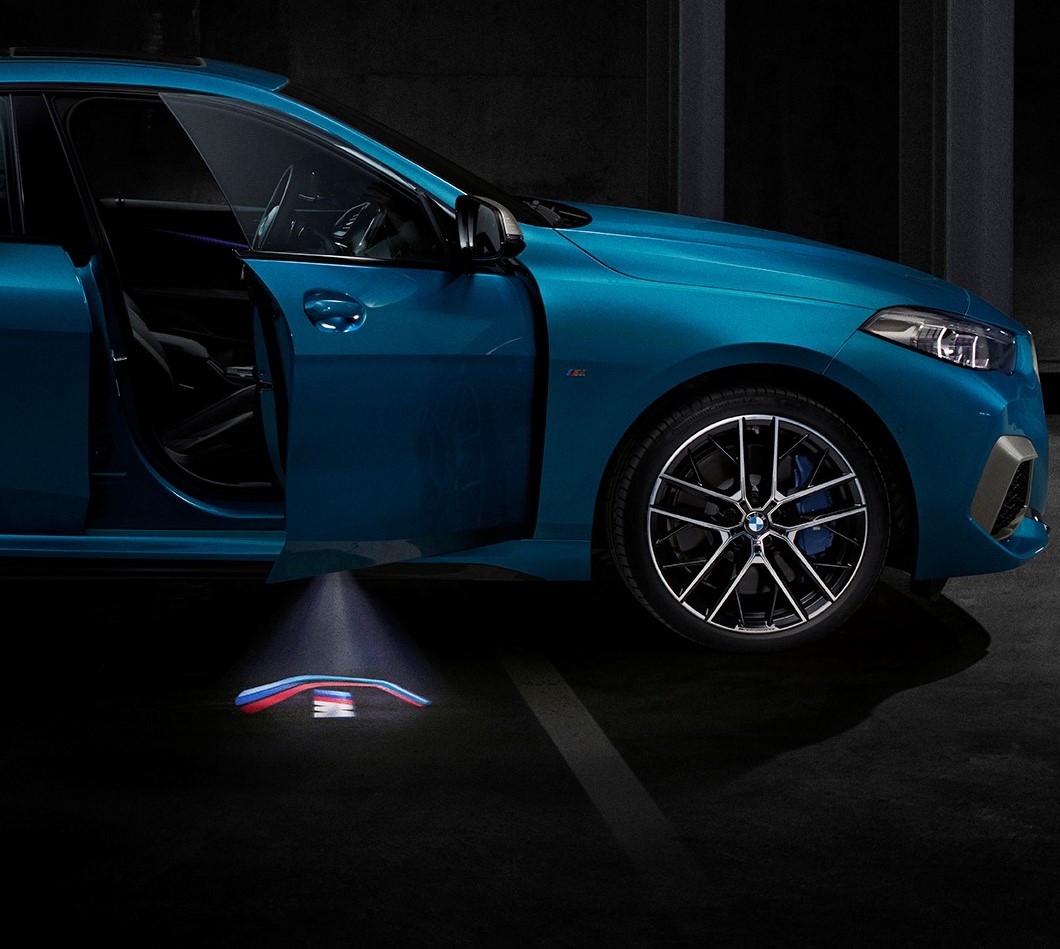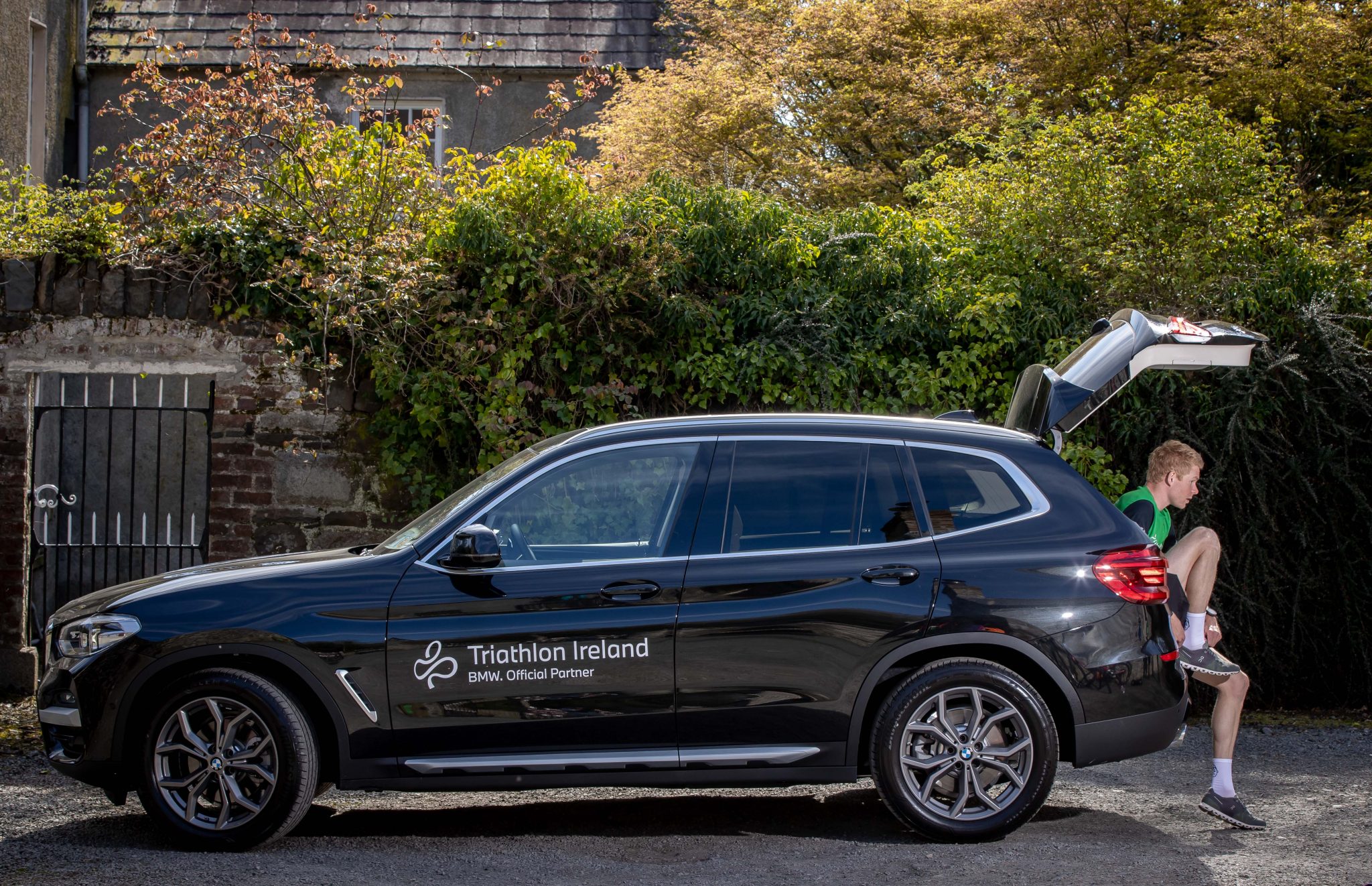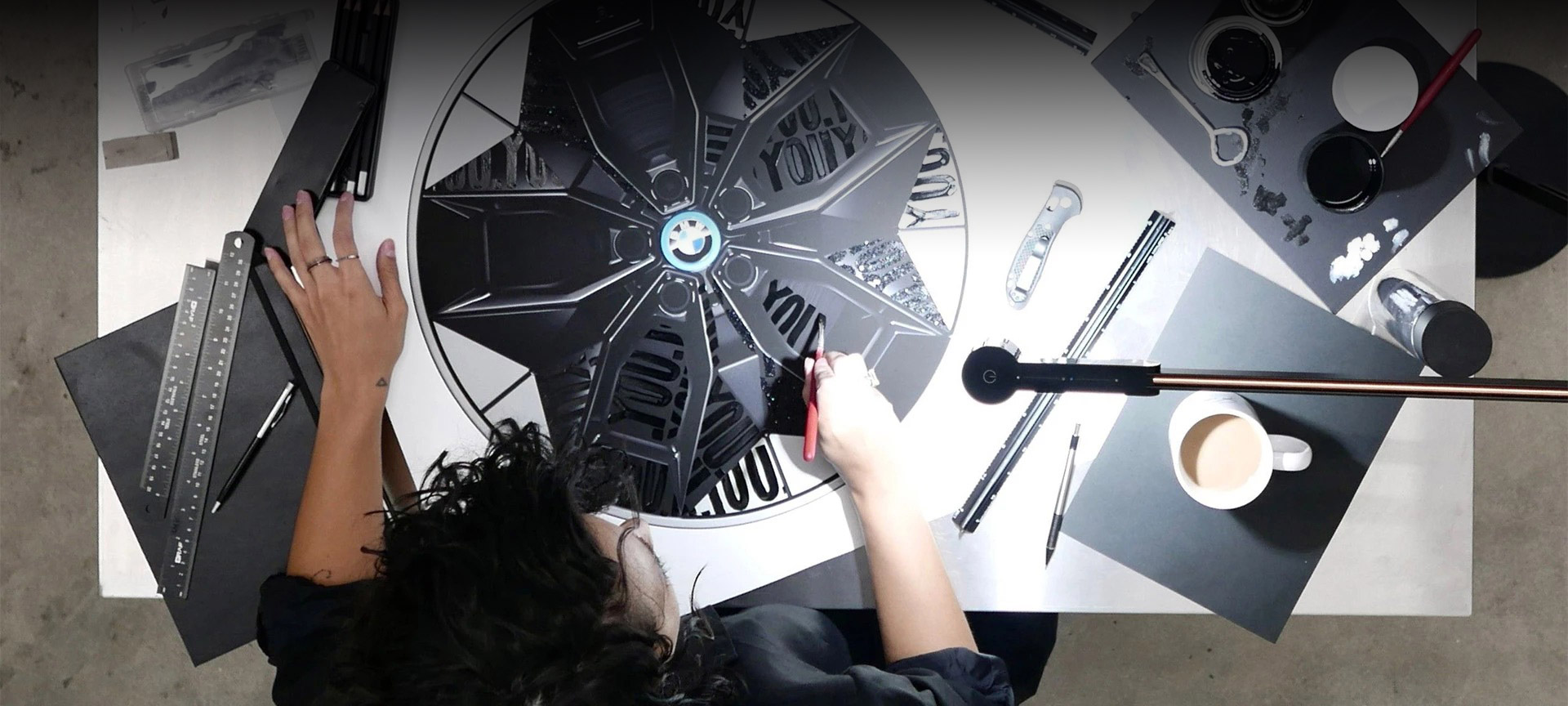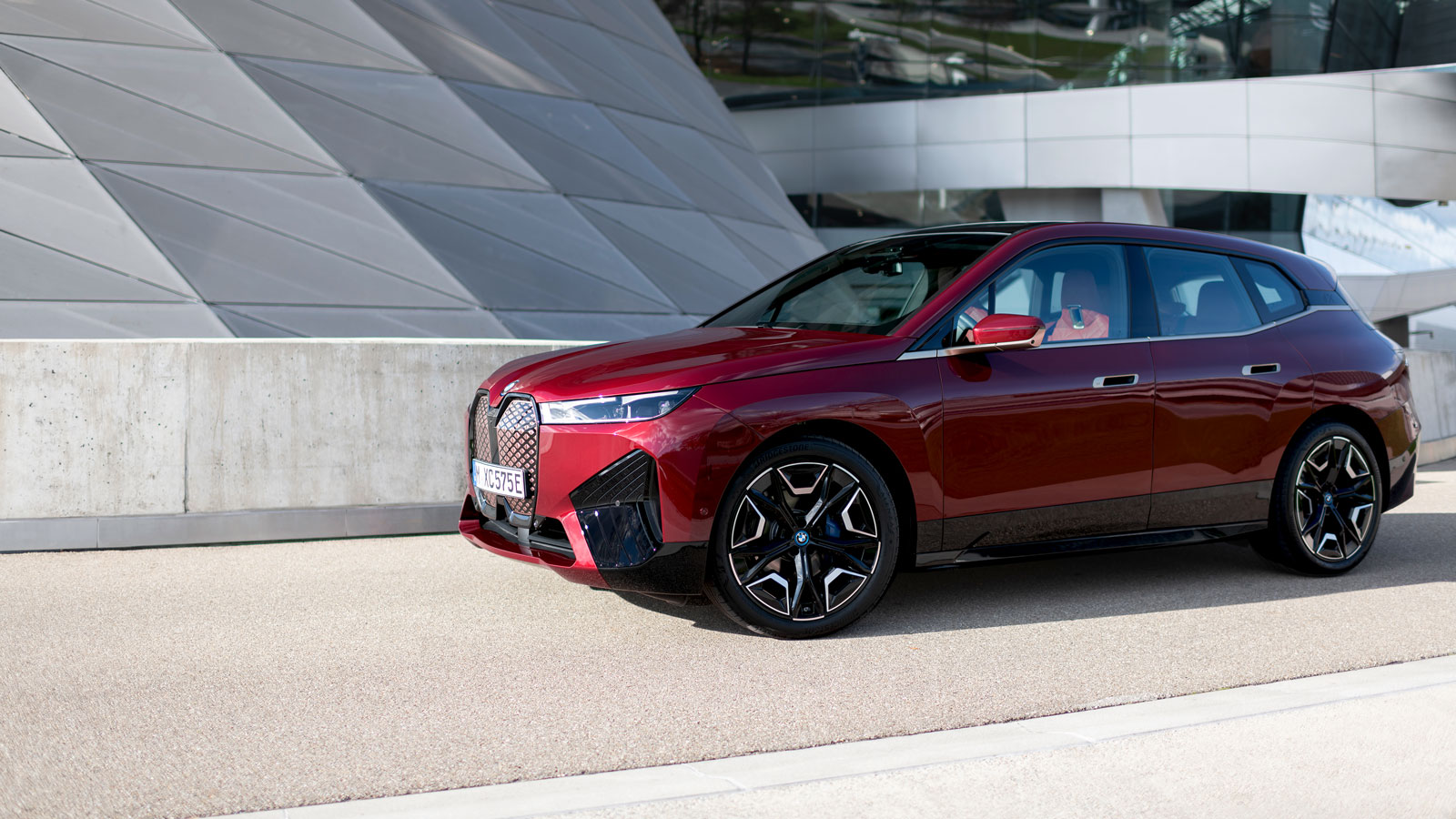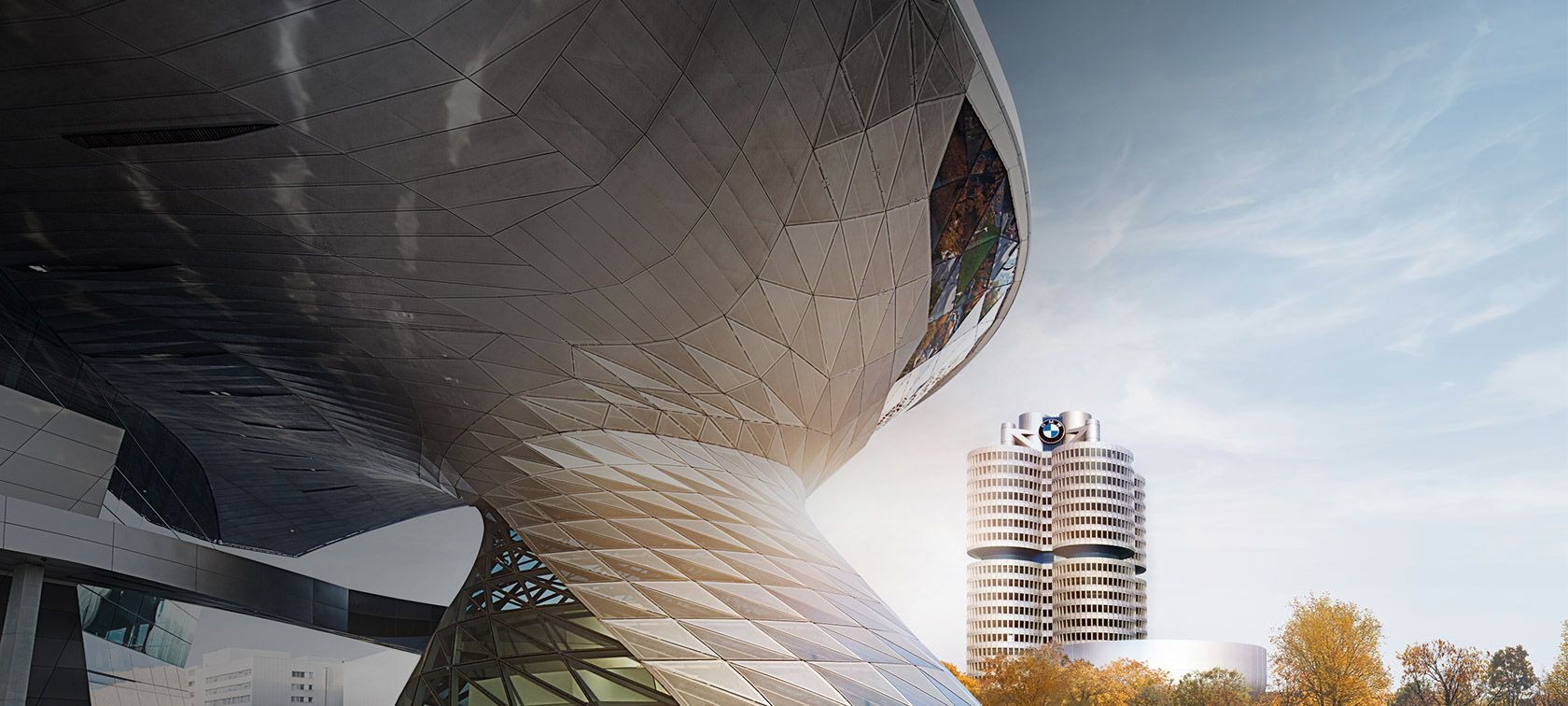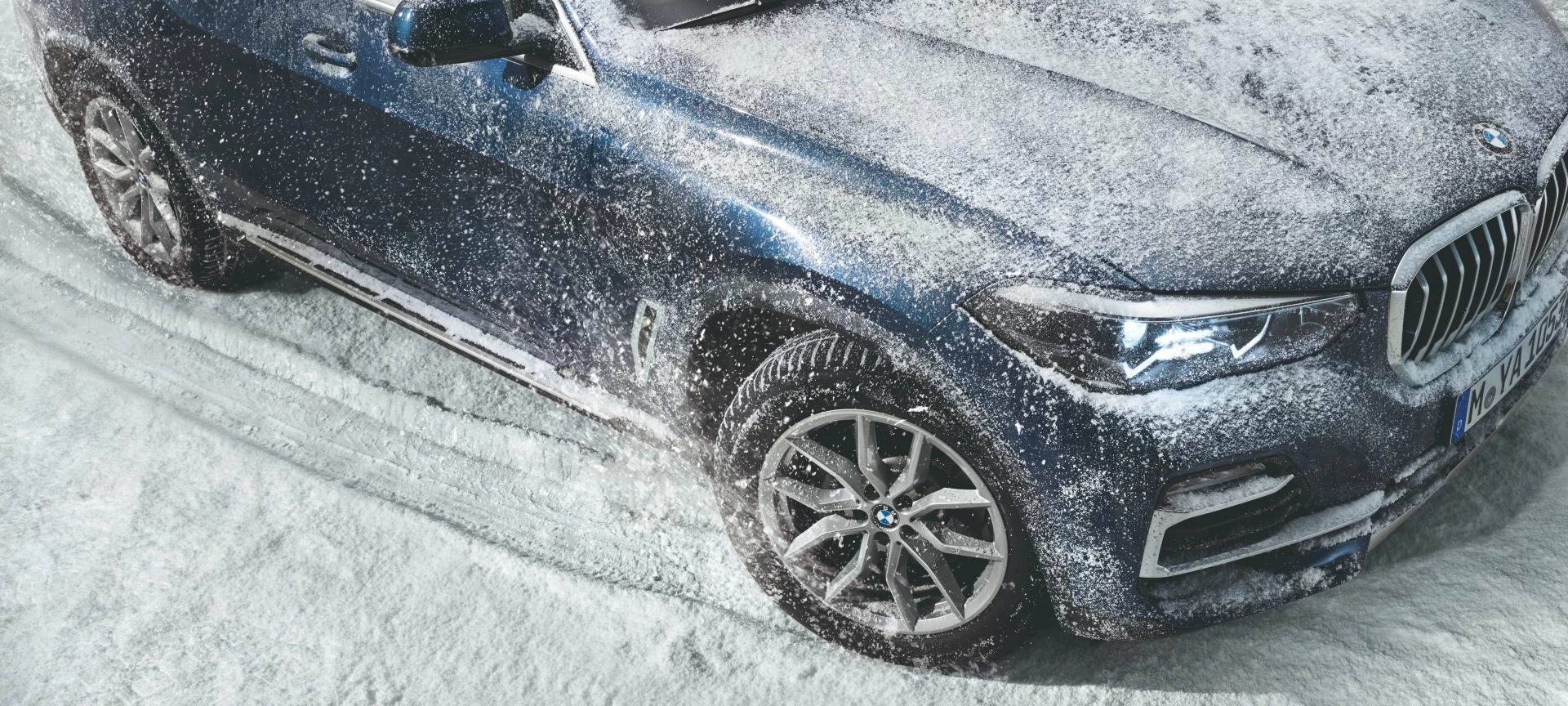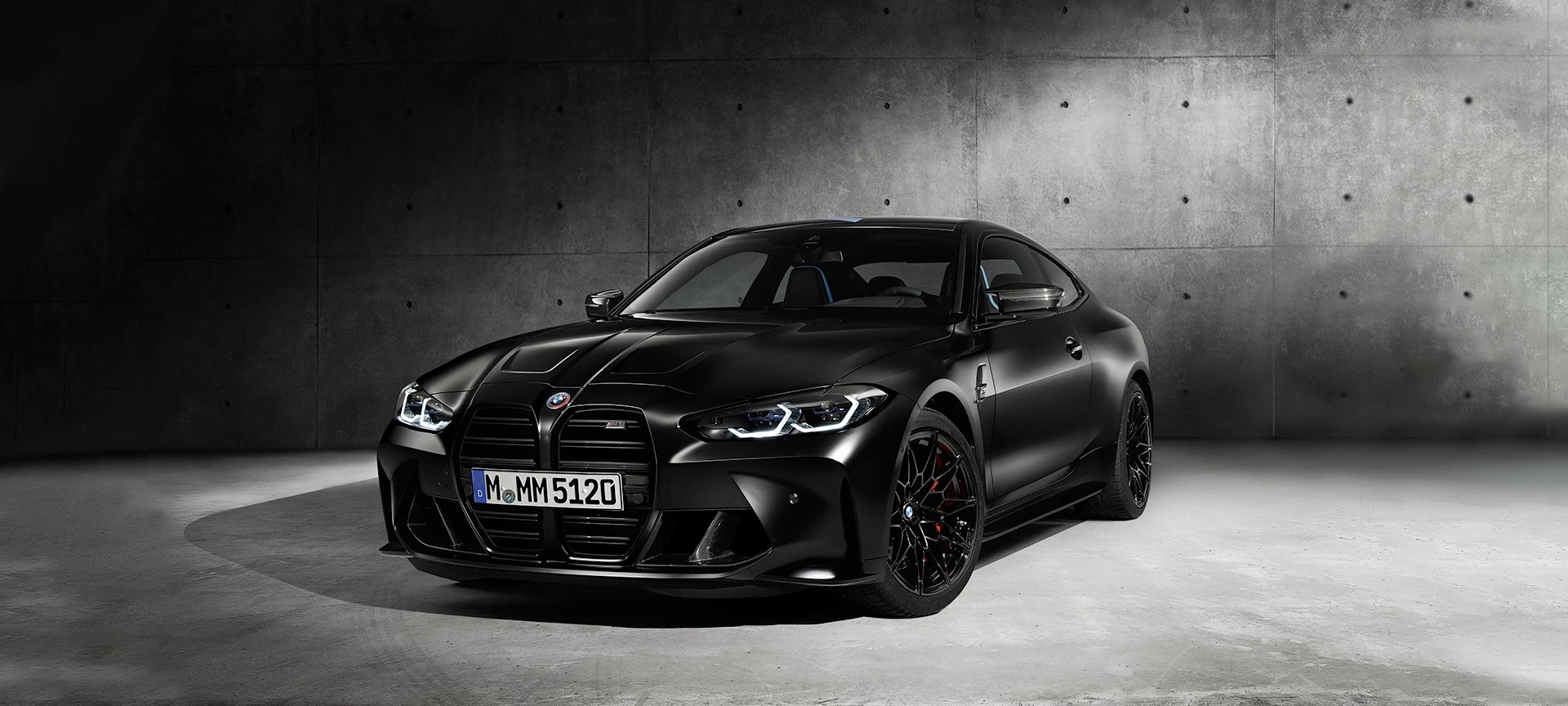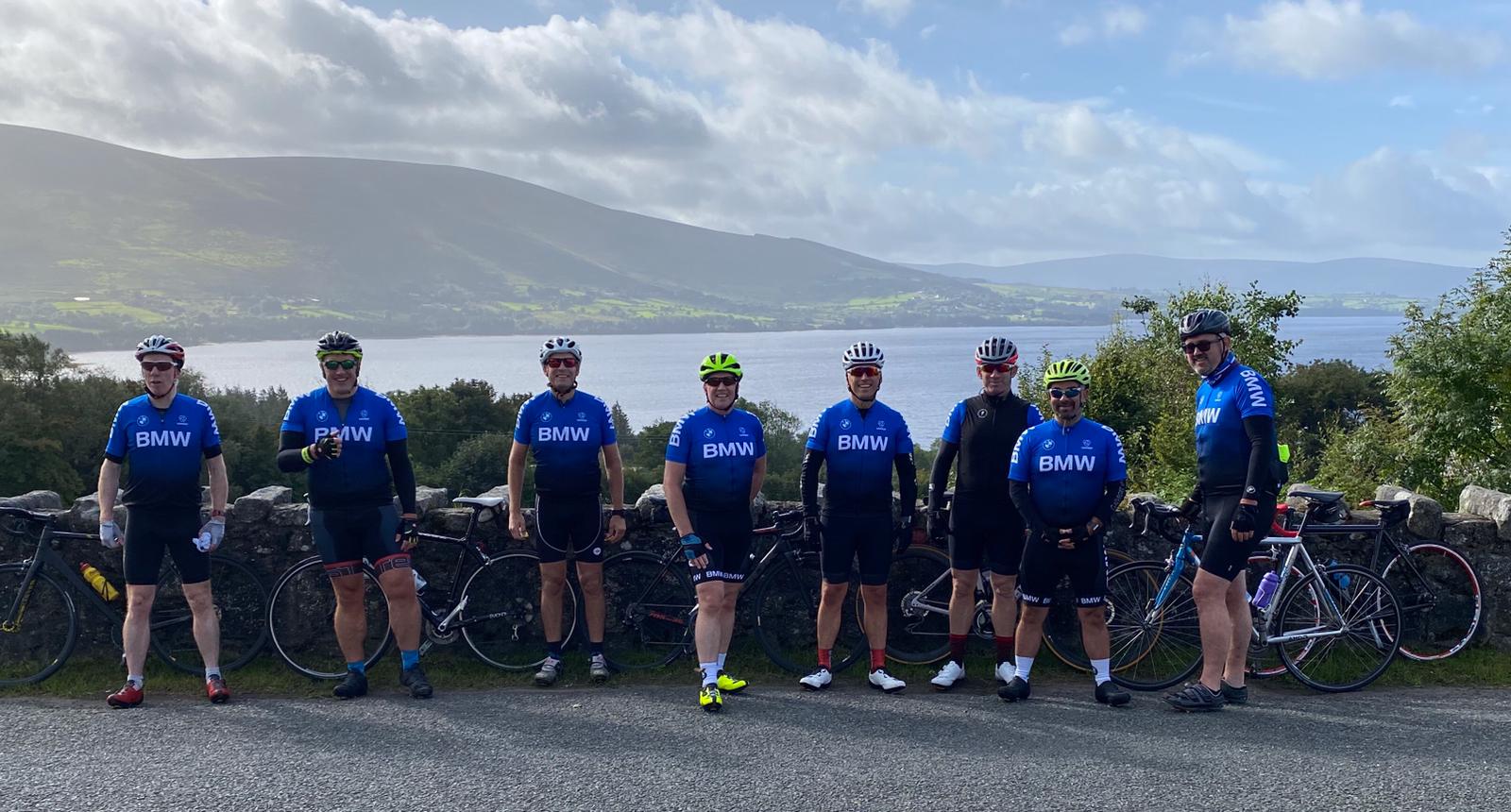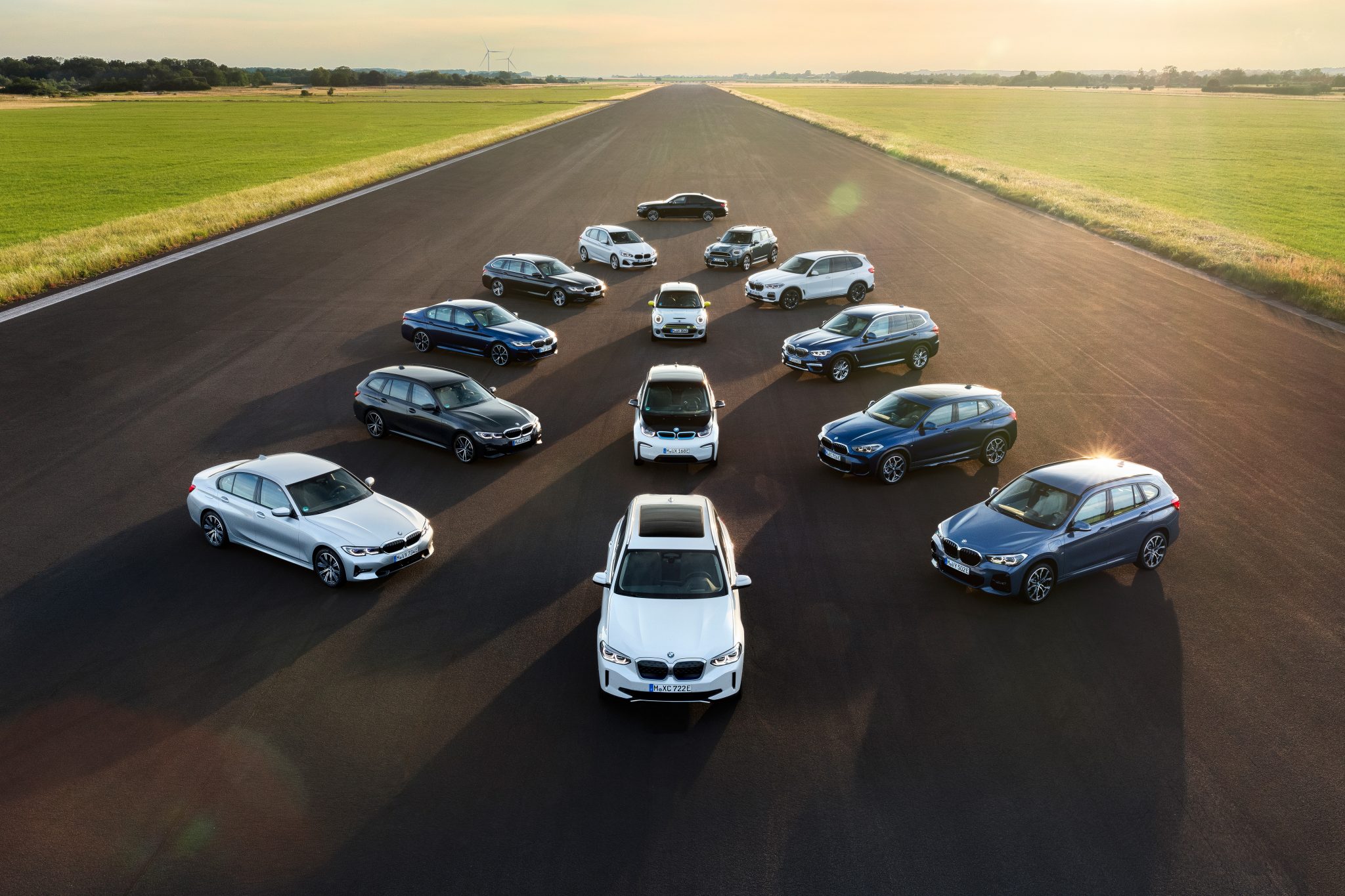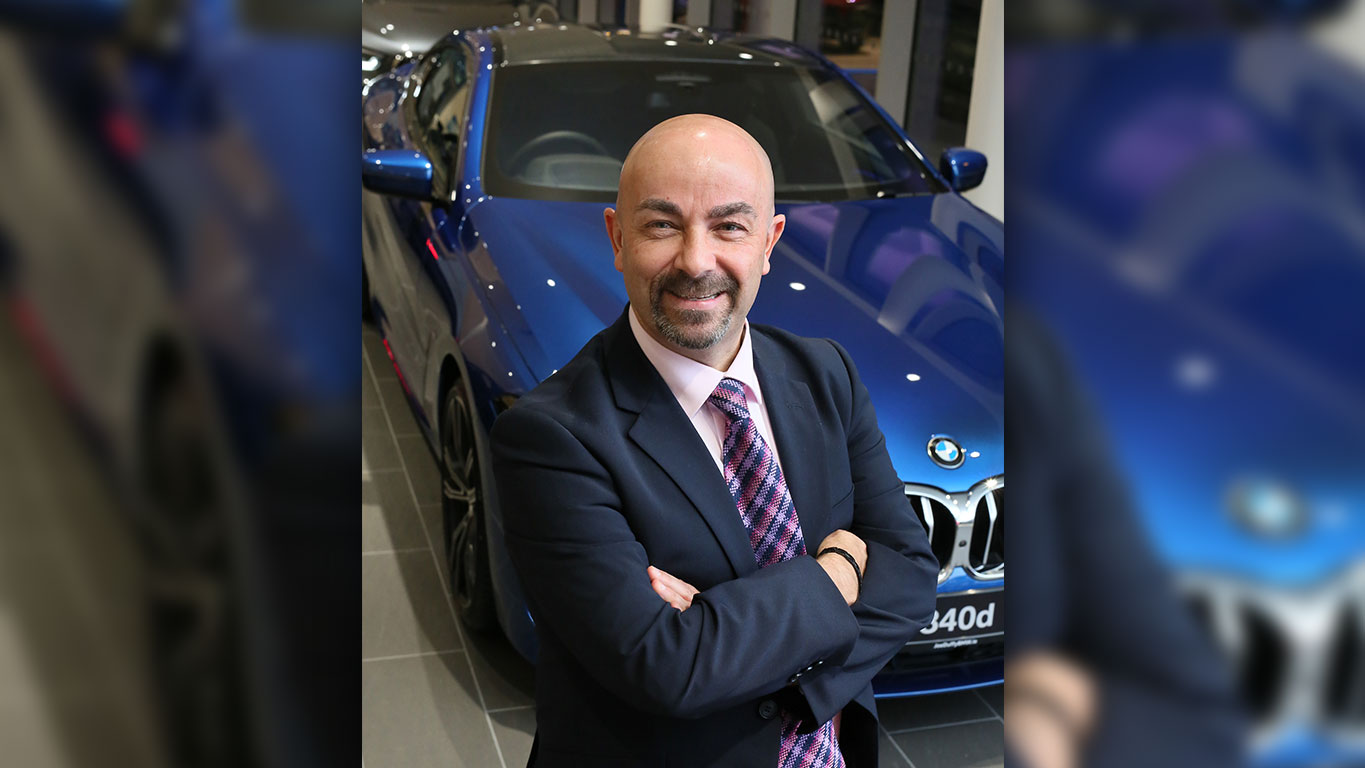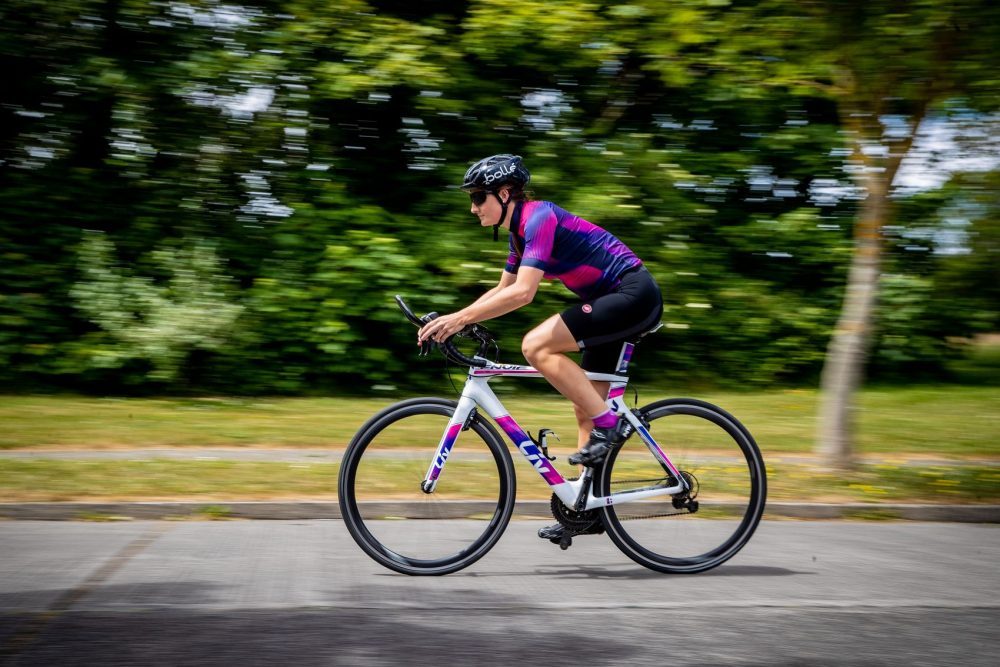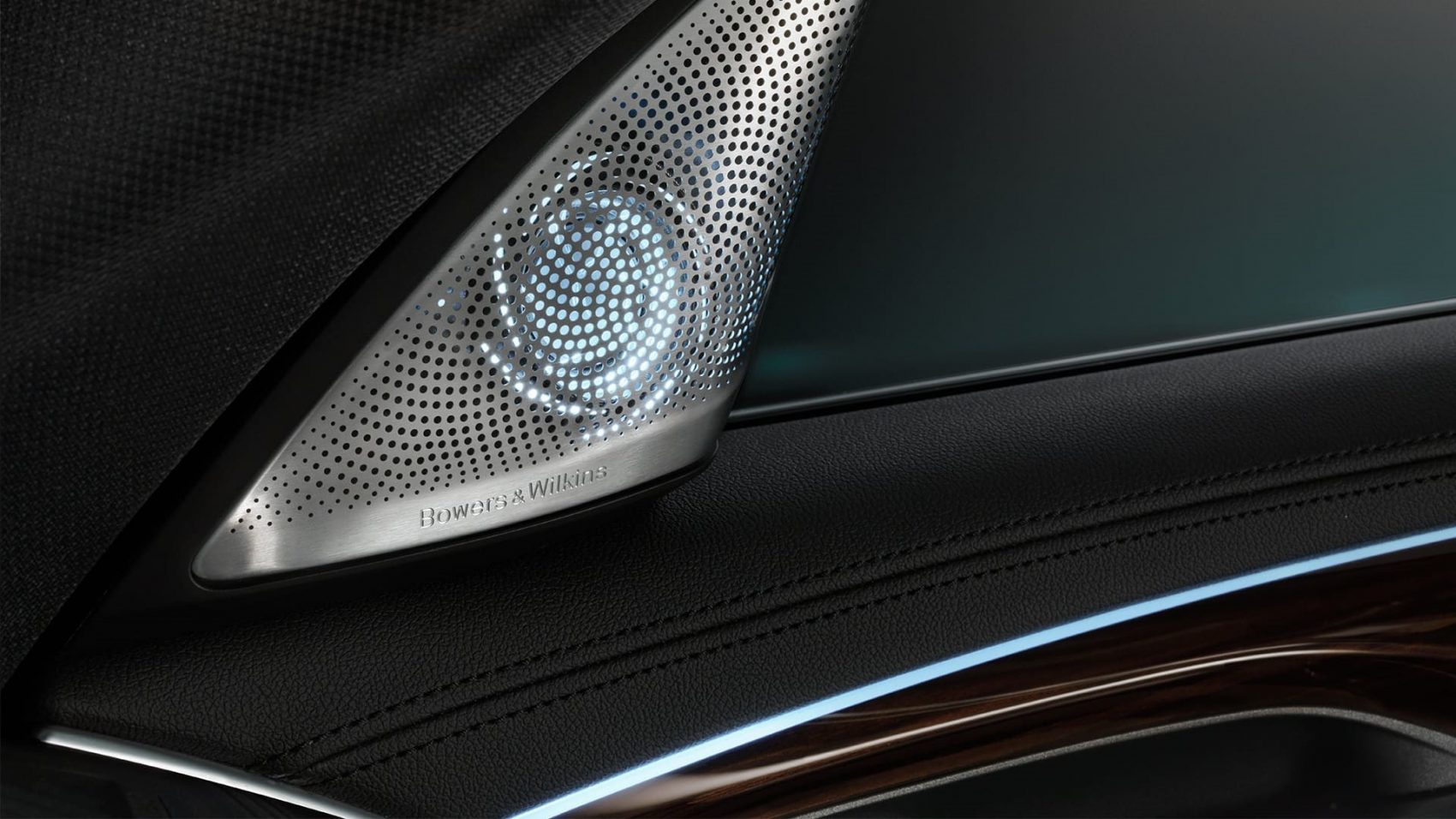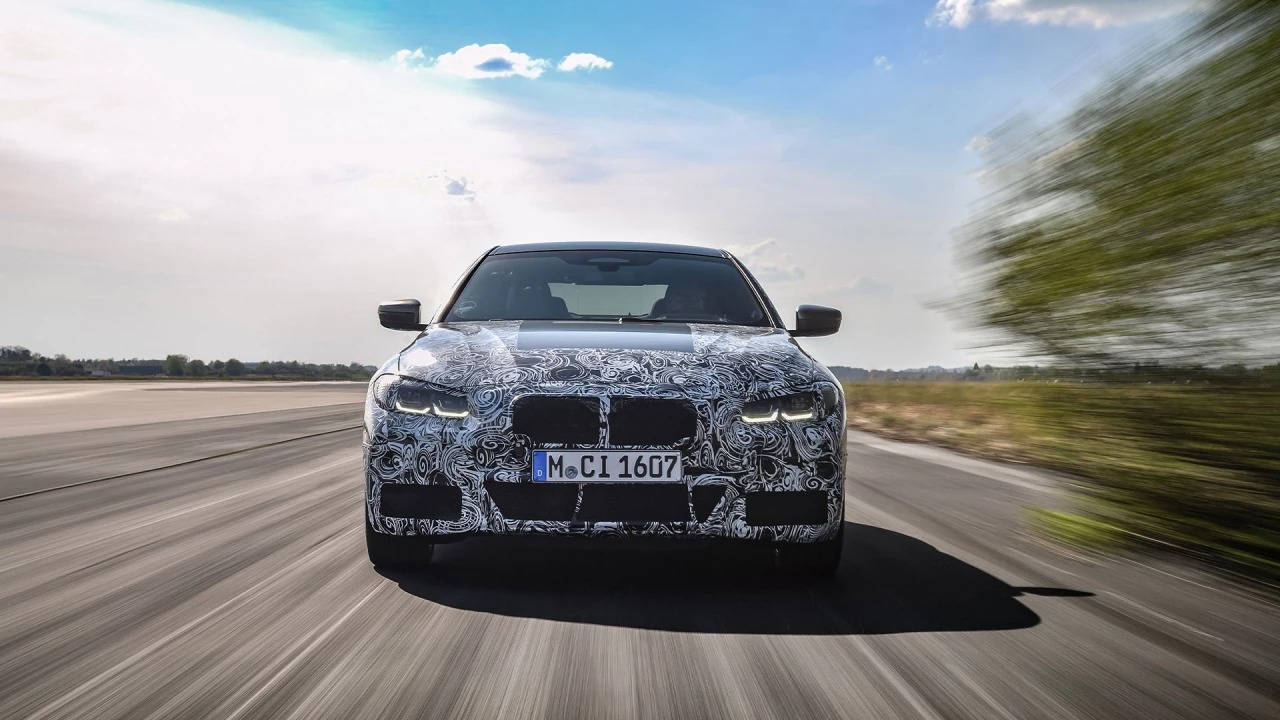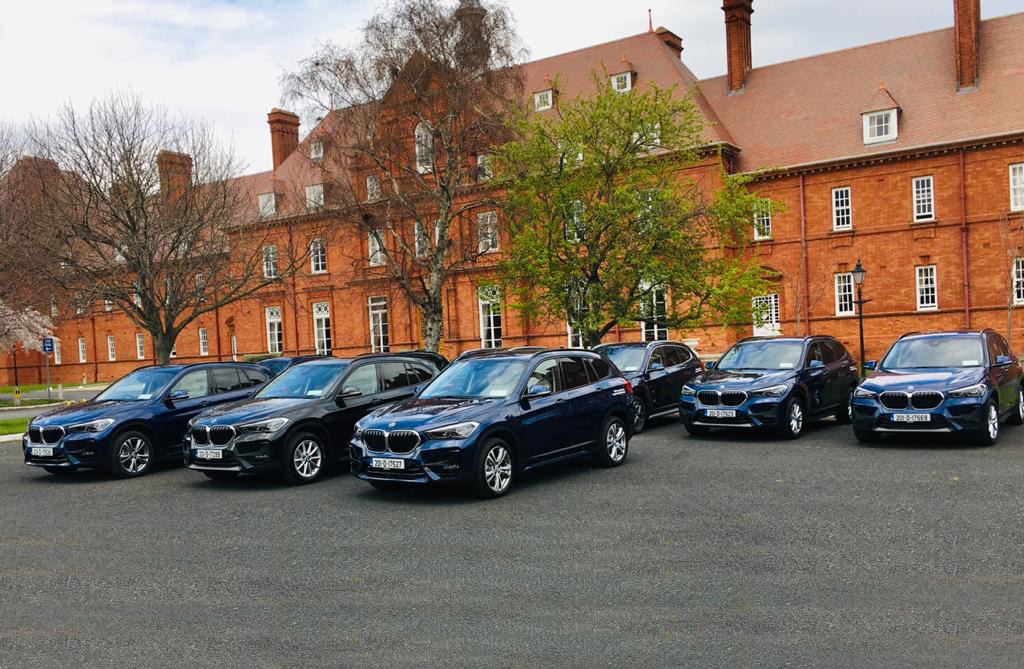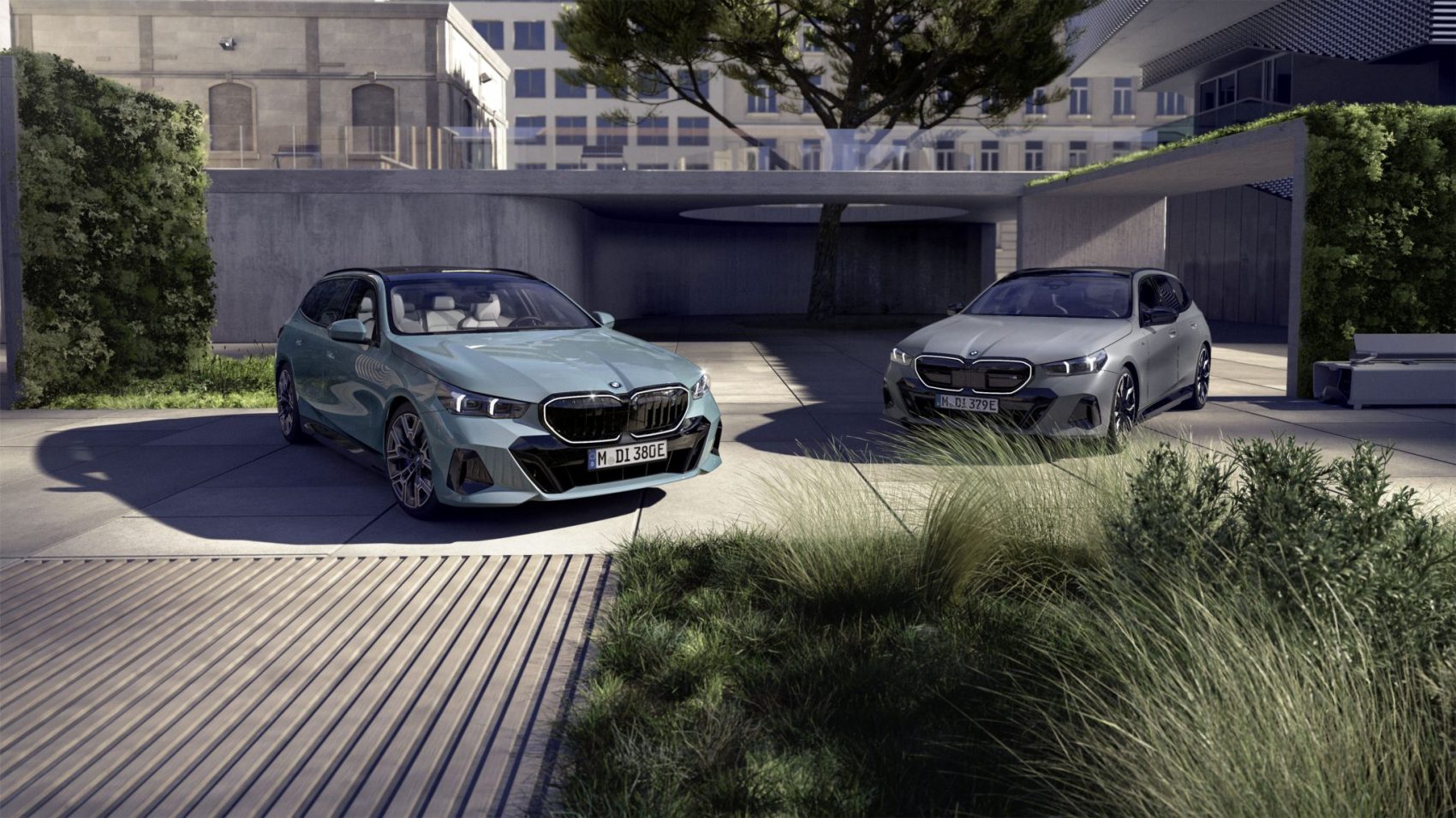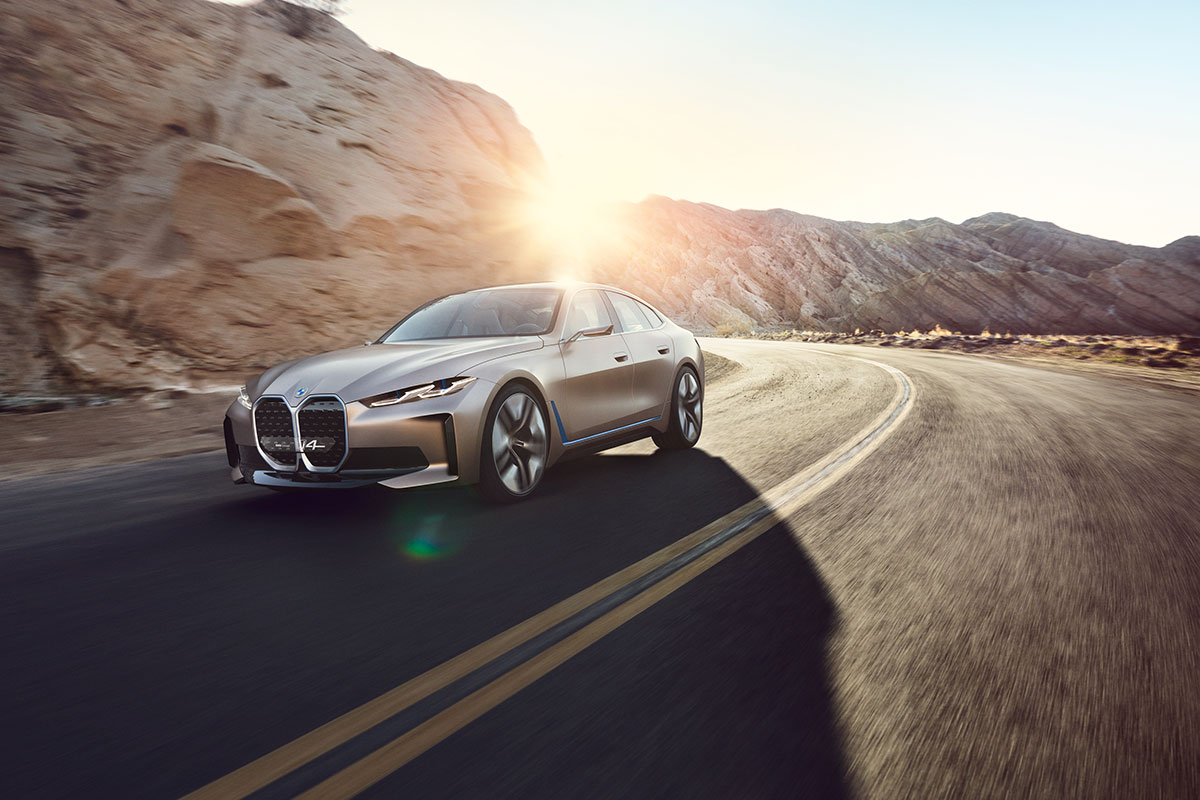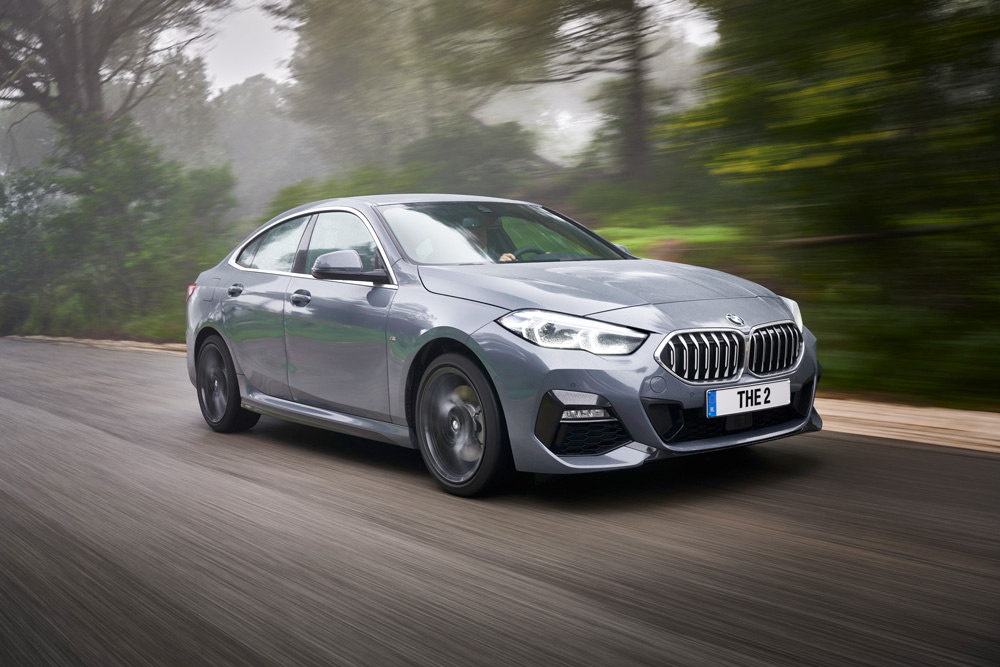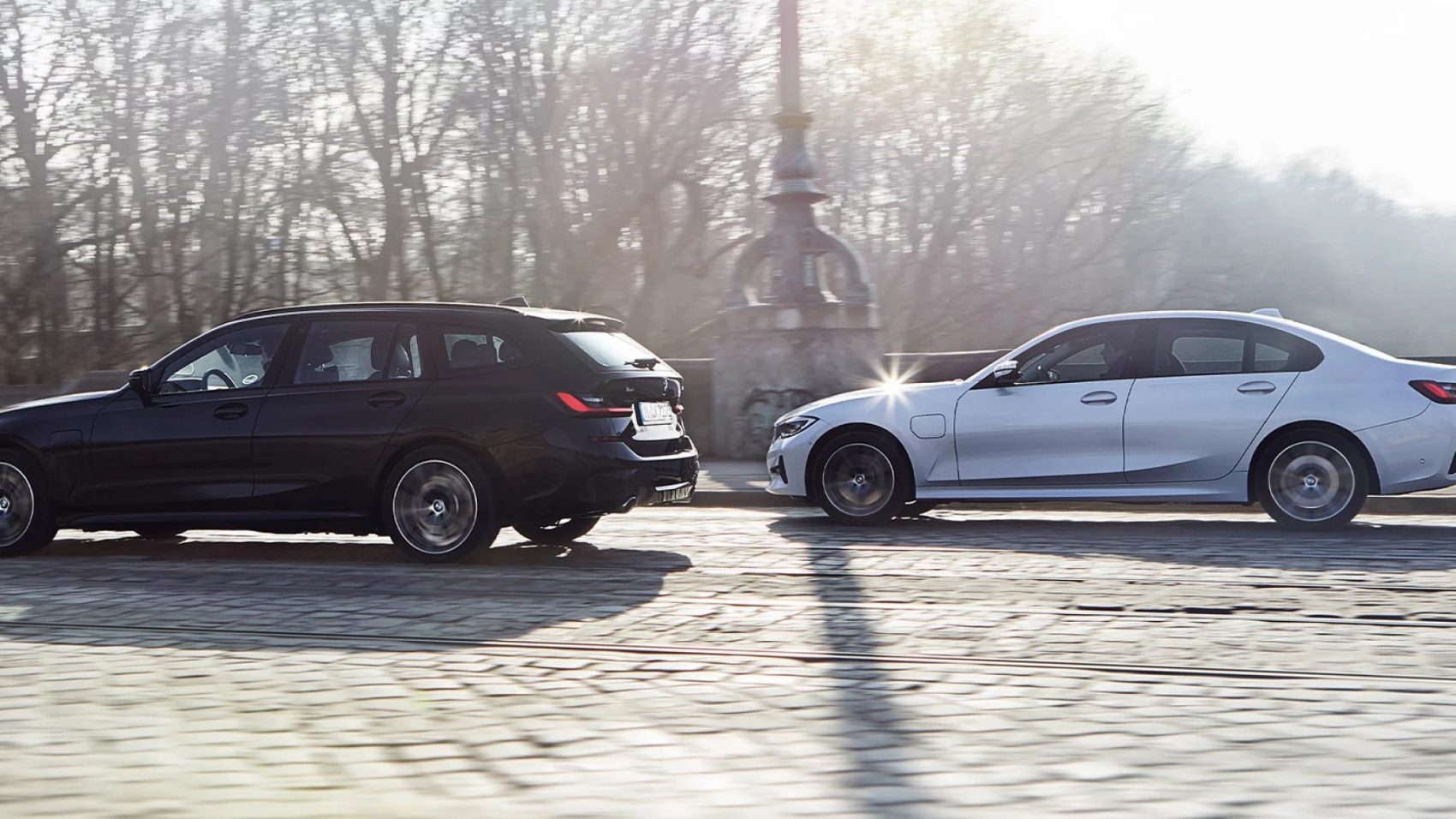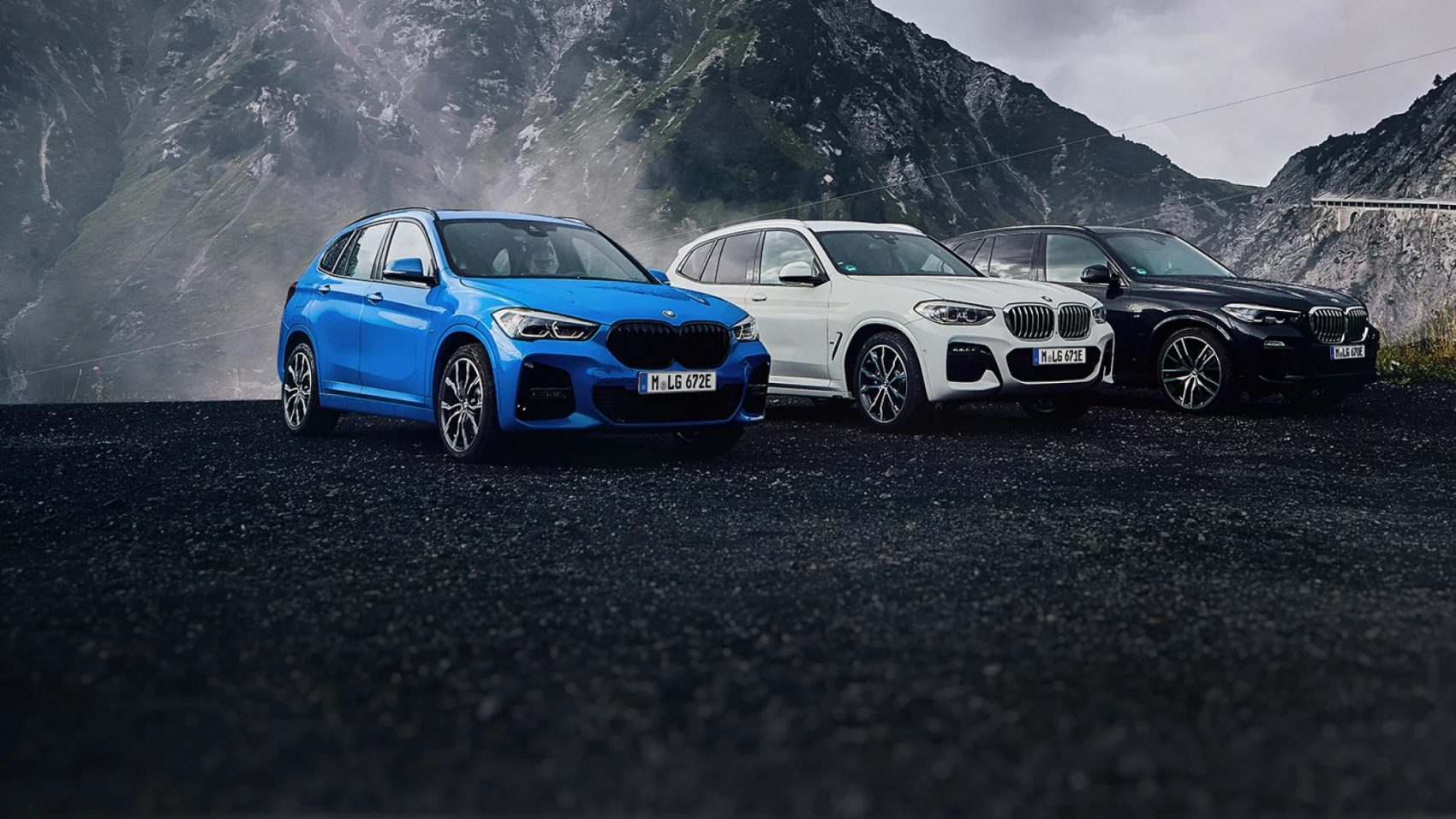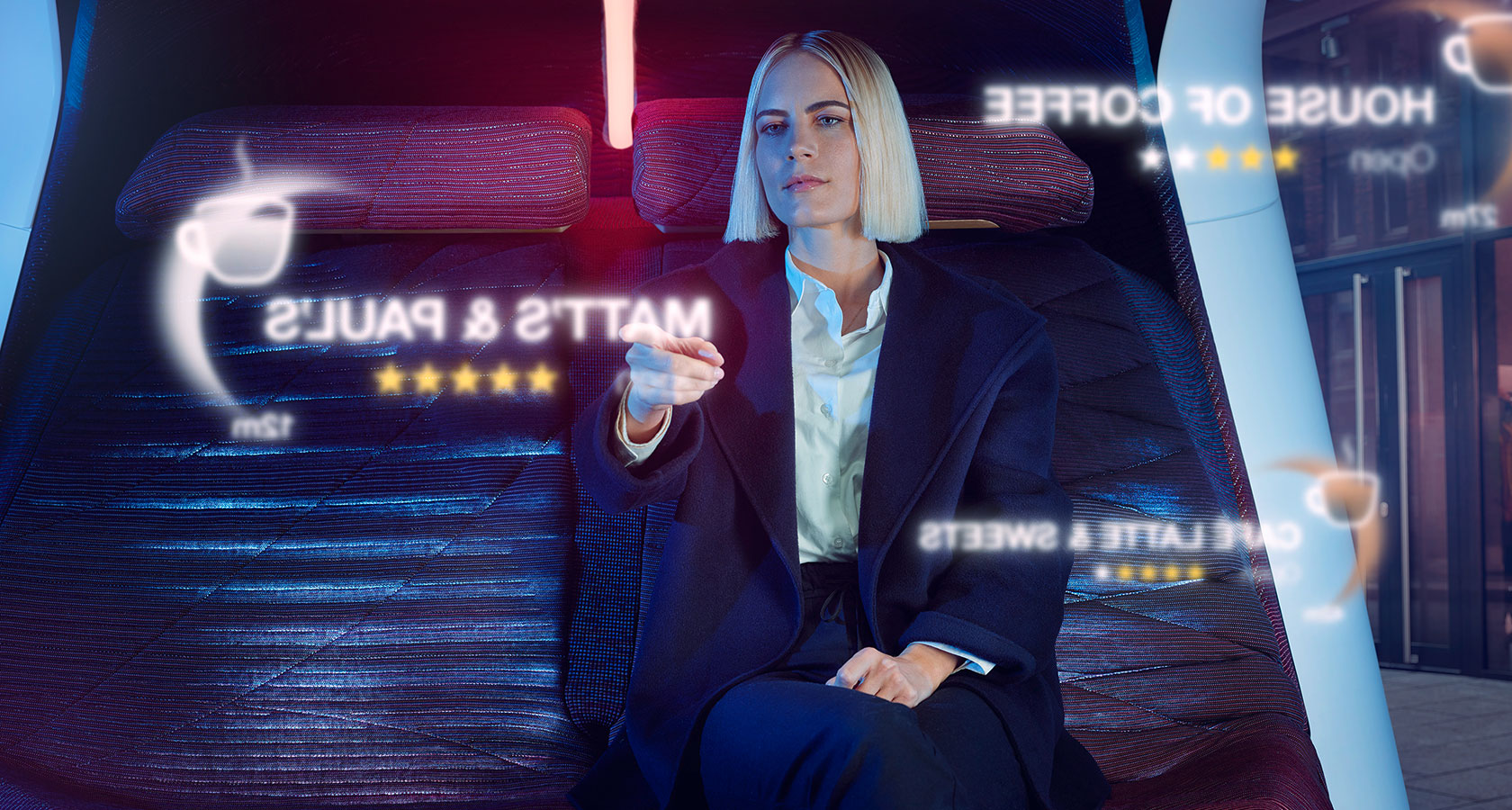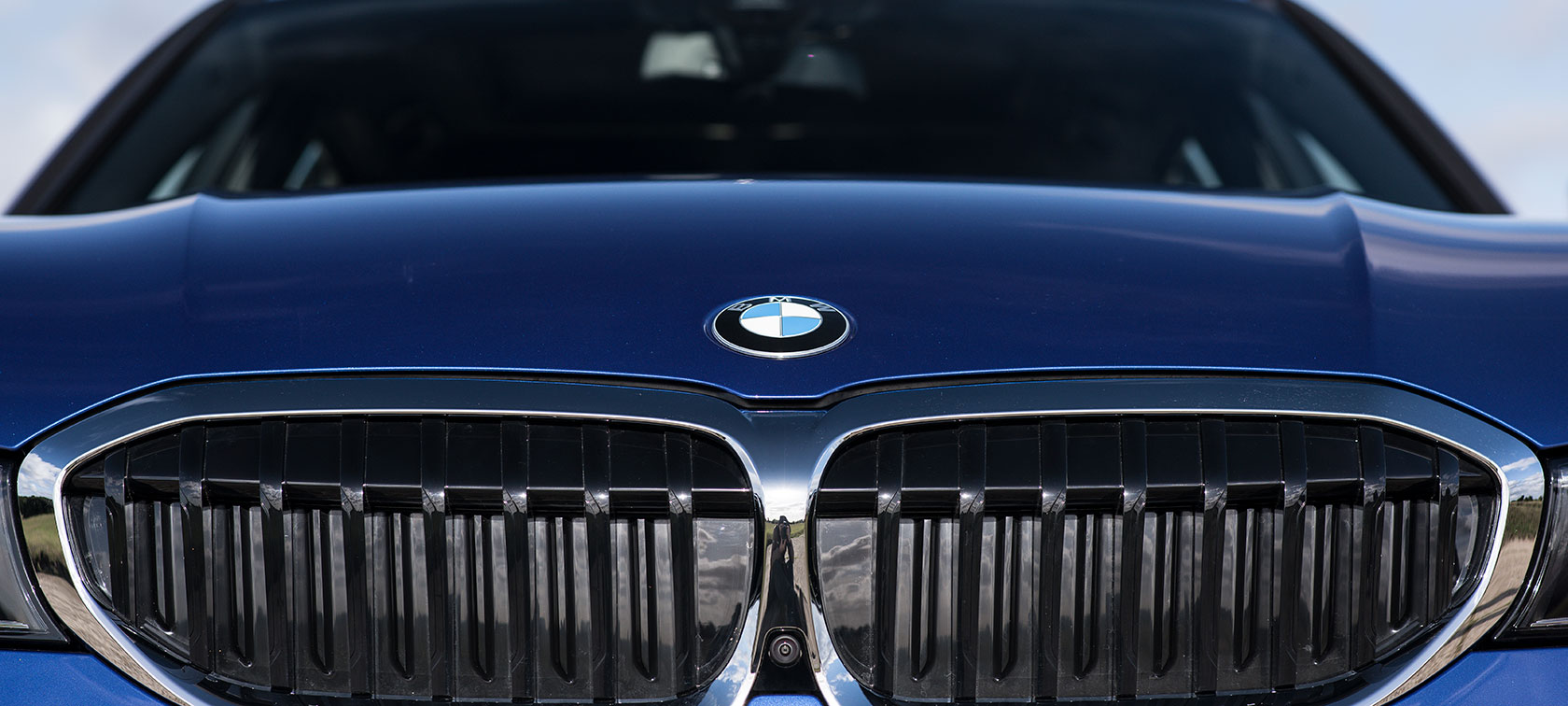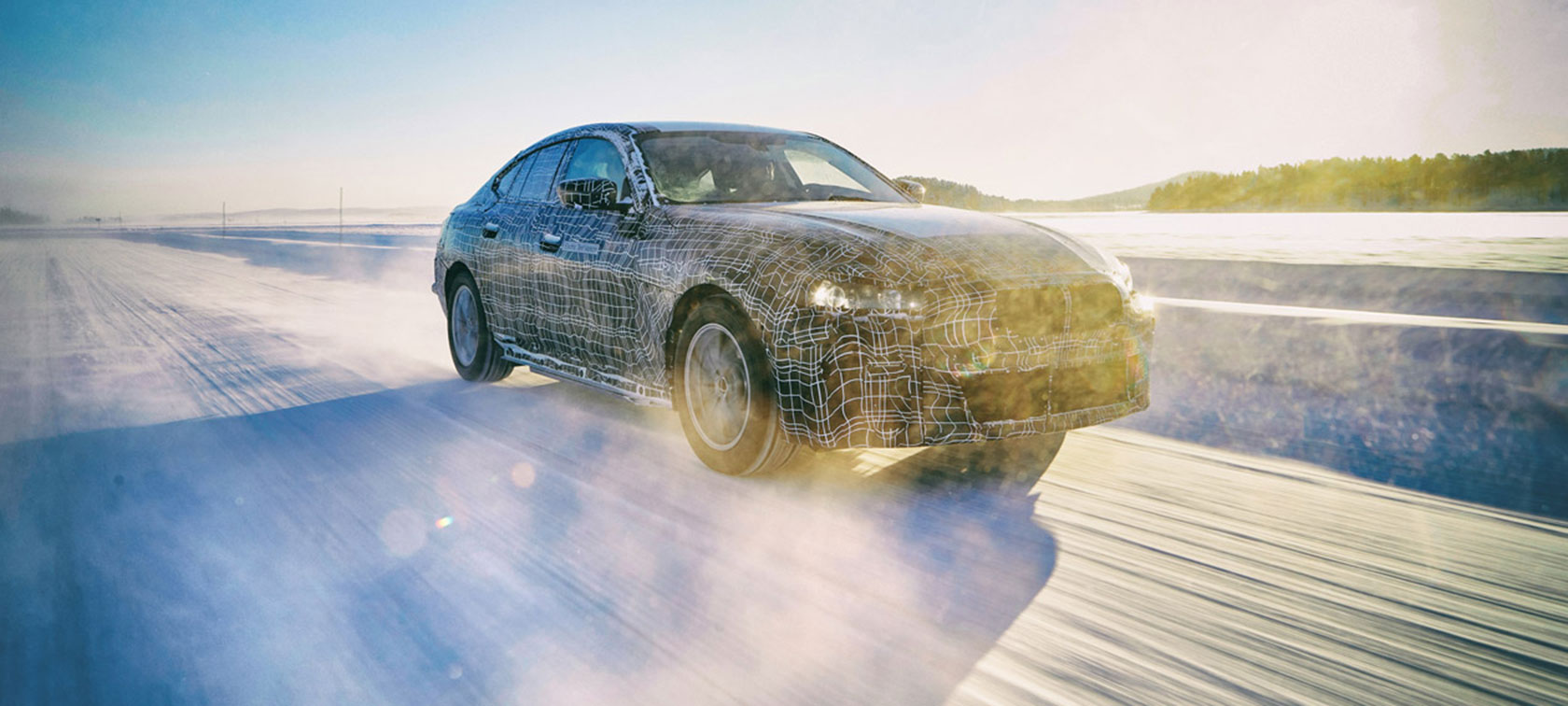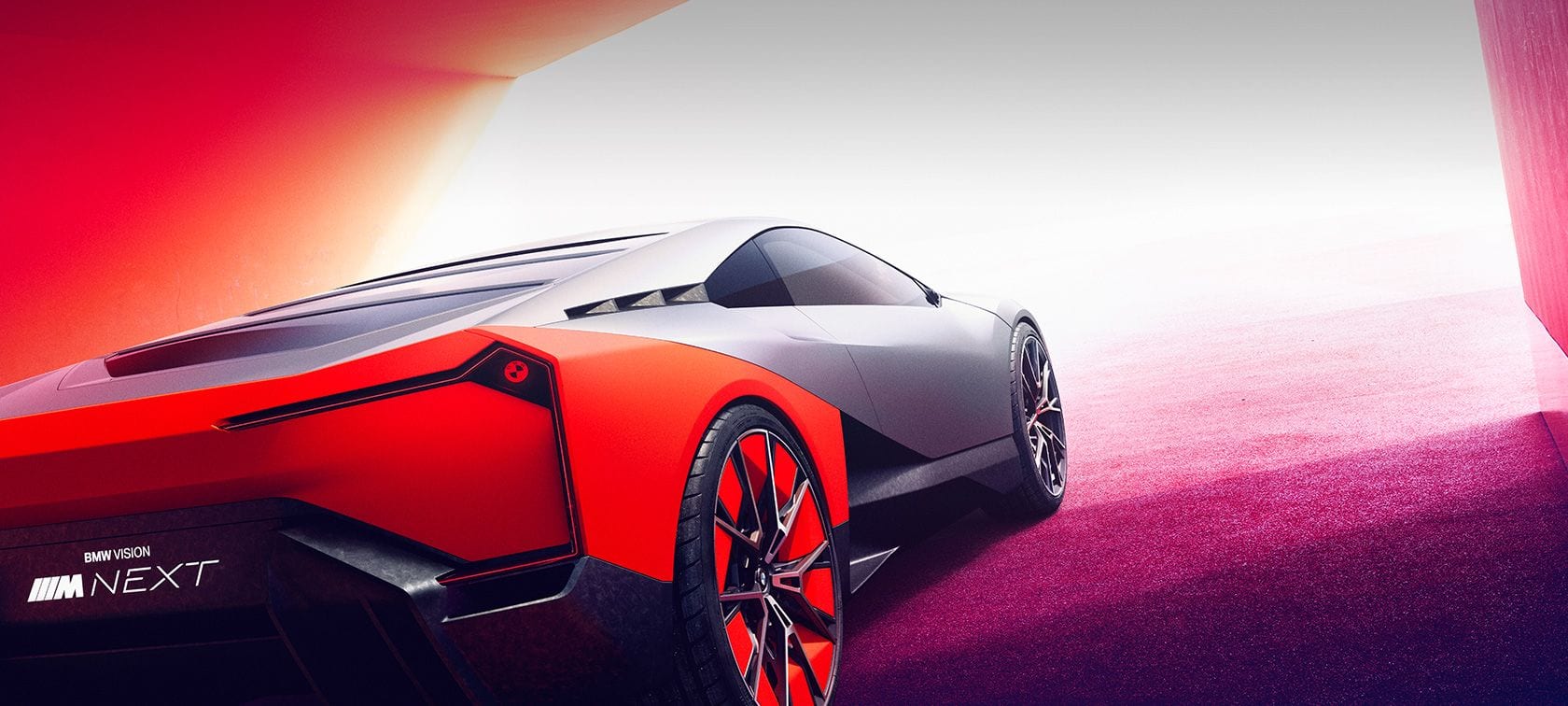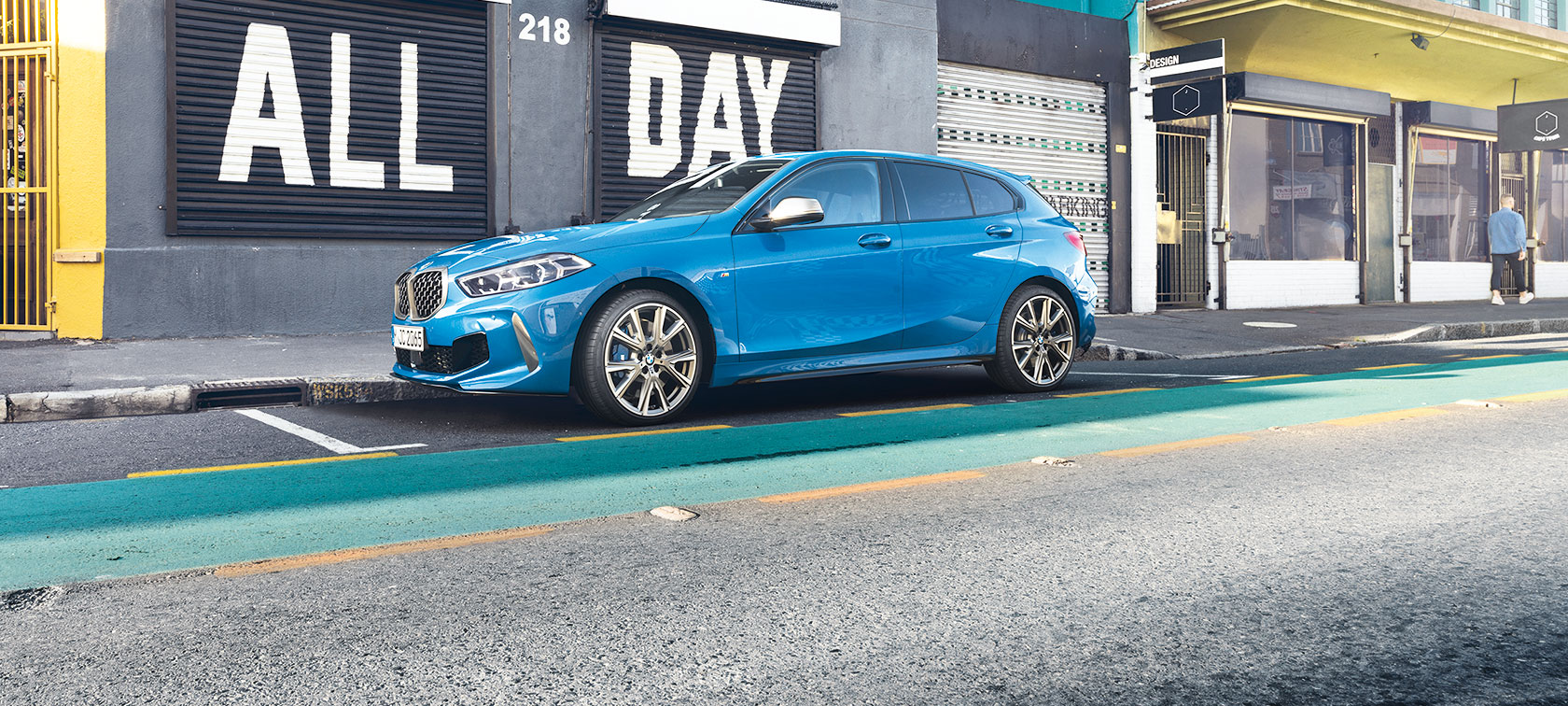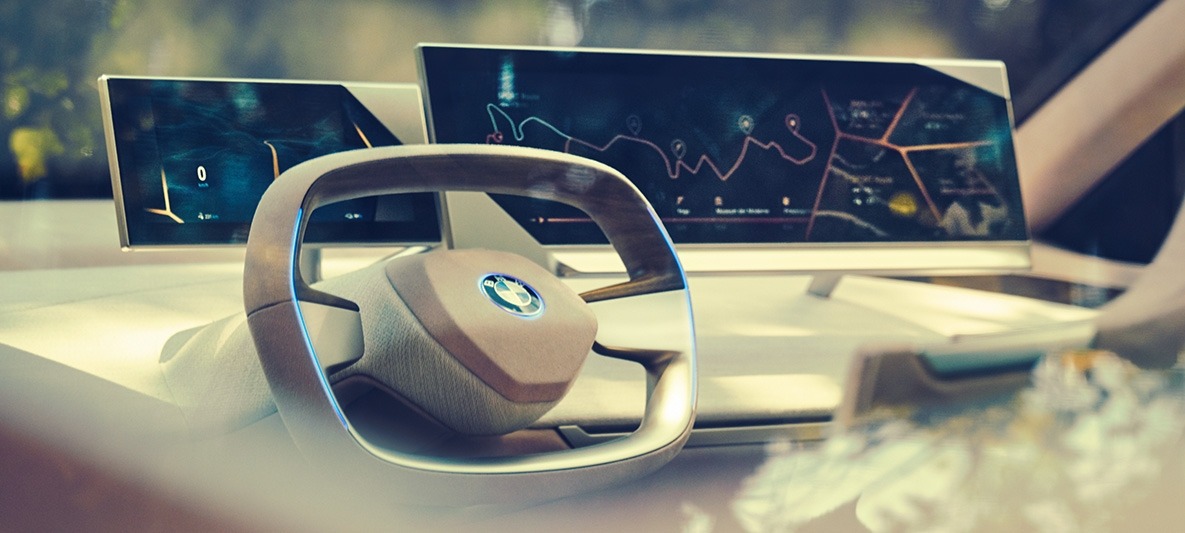BMW has given visitors at the IAA Cars 2019 show a glimpse into the future of mobility with the unveiling of the new BMW i Hydrogen NEXT fuel cell development vehicle.
This reveal by BMW Group is indicative of its commitment to both the next generation mobility needs, which will most likely involve various types of drive systems, and also zero-emission driving. Hydrogen vehicles represent an important alternative and addition to battery-electric drive systems.
In 2022, the BMW Group is planning to present the next generation of hydrogen fuel cell electric drive systems in a small-series vehicle based on the current BMW X5. The BMW i Hydrogen NEXT provides an initial glimpse of what this model has in store.
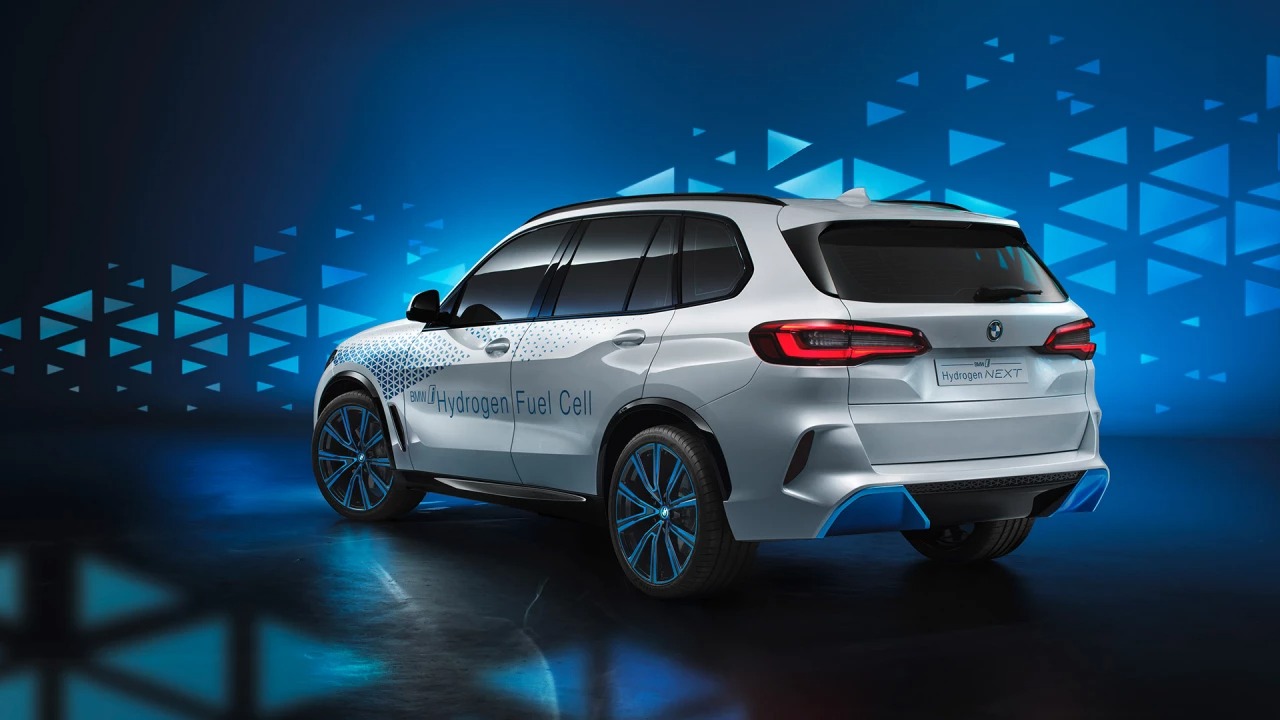
DESIGNED WITH PURPOSE.
The design of the BMW i Hydrogen NEXT, seen here in a Mineral White body, demonstrates two important points. Firstly, it shows that the new BMW technology is compatible with the BMW X5 proportions. Secondly, through slight tweaks to the vehicle’s design, it is also recognisable as a BMW i model.
This can be seen clearly at the front end, with the distinctive BMW i Blue patterning on the bonnet, which also reappears in three-dimensional form in the air intakes. The detailing on the light-alloy wheels and BMW i Blue diffuser elements provides further confirmation of the model’s BMW i genes. What’s more, reflecting its zero-emission drive system, the rear design comes without exhaust tailpipes.
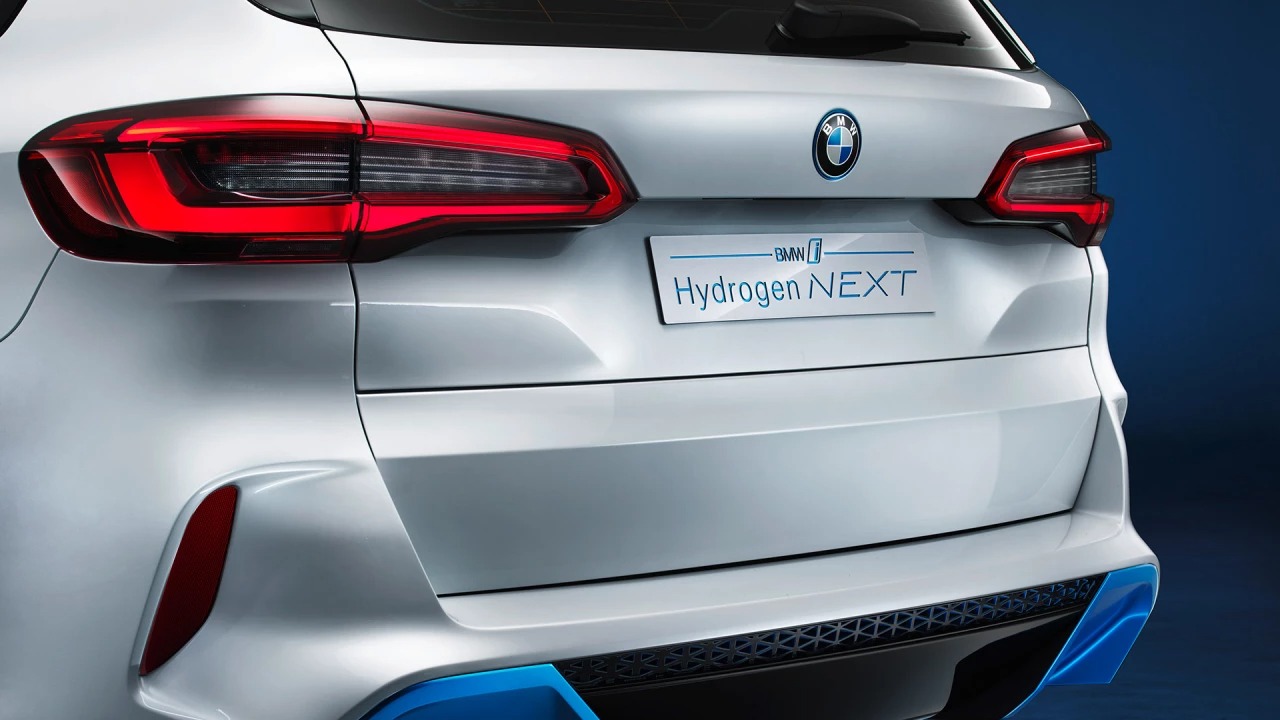
HYDROGEN-POWER POTENTIAL.
Hydrogen-powered fuel cell electric vehicles (FCEVs) offer unrestricted zero-emission mobility, while still delivering a conventional driving experience. Potential benefits include reduced refuelling times (under four minutes), increased range, suitability for towing and very little dependence on climatic conditions, which means customers enjoy a long operating range in summer and winter alike. It must be noted that to make all of this possible, a hydrogen infrastructure fit for the job in hand is needed.
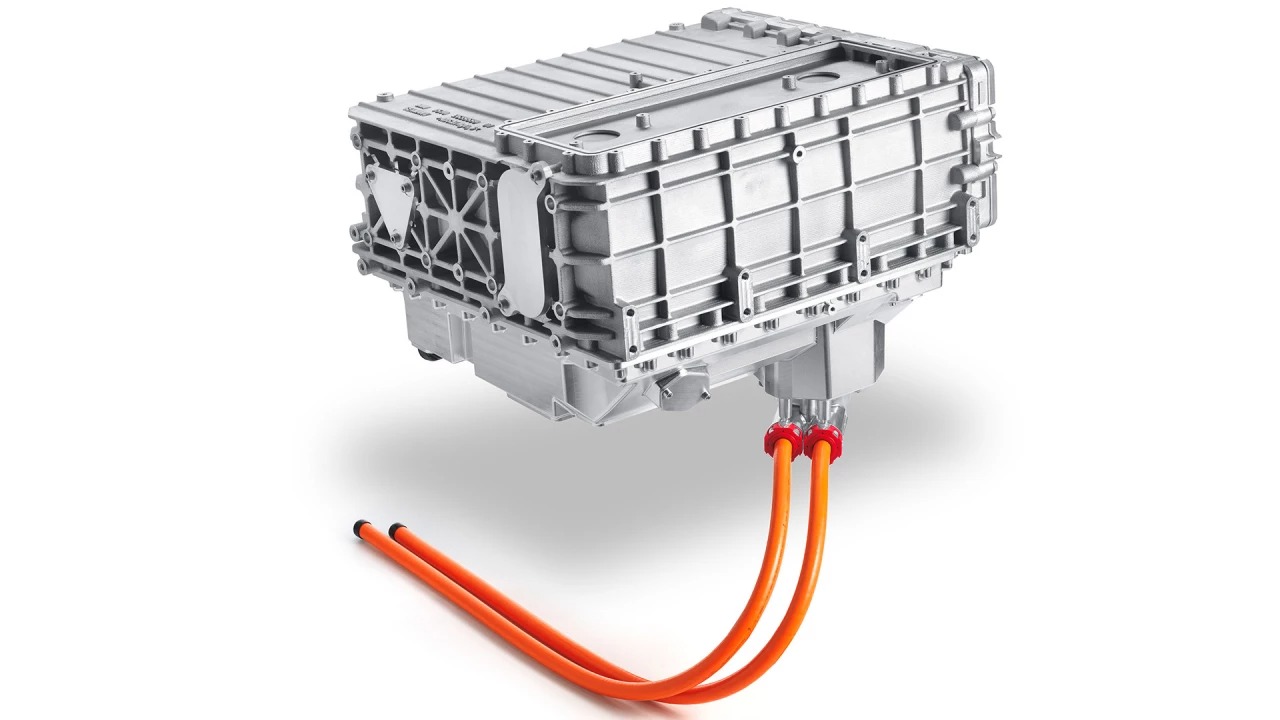
BMW GROUP PARTNERS WITH TOYOTA.
The BMW Group and Toyota Motor Corporation joined forces in 2013 to co-develop a drive system using hydrogen fuel cell technology. Since the summer of 2015, the BMW Group has been testing a prototype BMW 5 Series GT hydrogen fuel cell vehicles powered by a jointly developed drive system with a Toyota fuel cell stack. In 2016, the two companies signed a product development partnership agreement, working together to deliver scalable, modular components for hydrogen fuel cell vehicles.
In January 2017, the BMW Group and Toyota teamed up with eleven leading energy, transport and industrial companies to launch a global initiative known as the Hydrogen Council. Its aim is to forge a united vision and push ahead with the long-term ambition of a hydrogen-fuelled energy revolution. As of June 2019, the Hydrogen Council has grown to 60 member companies.
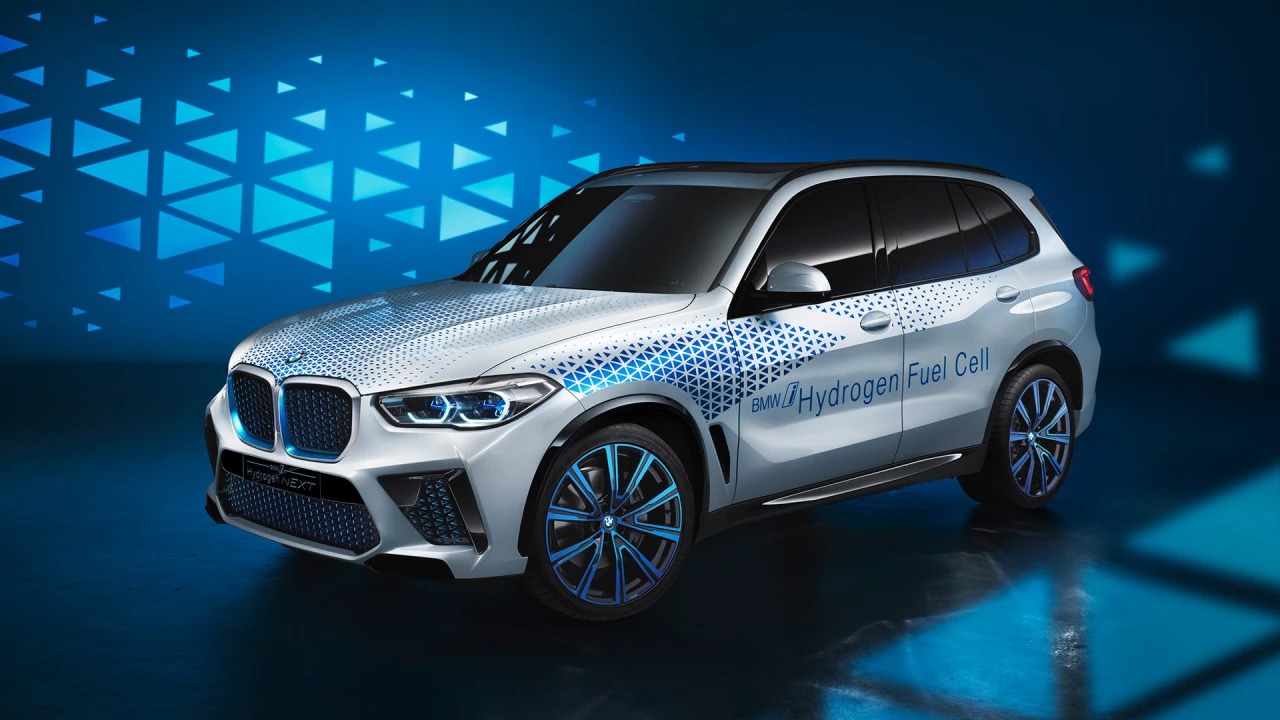
Locate a Retailer
